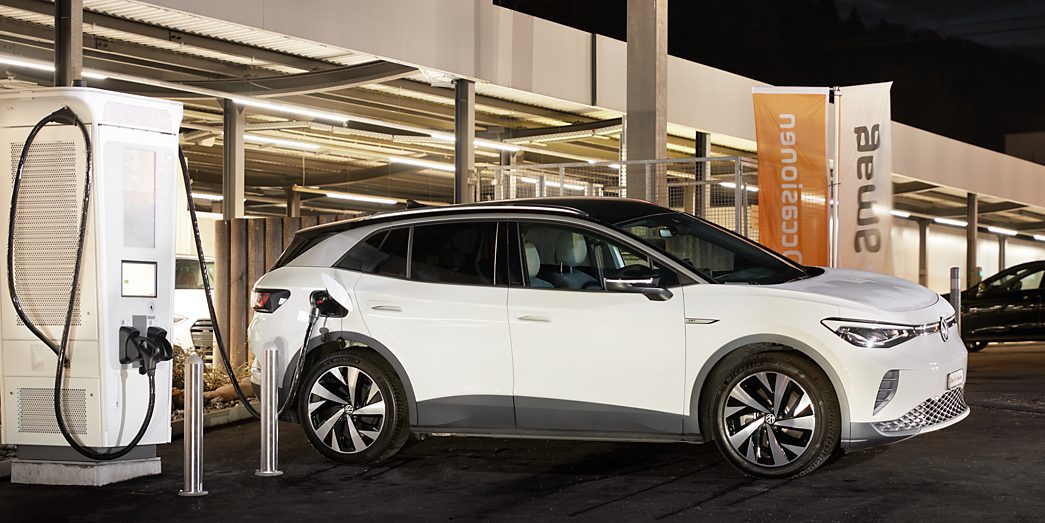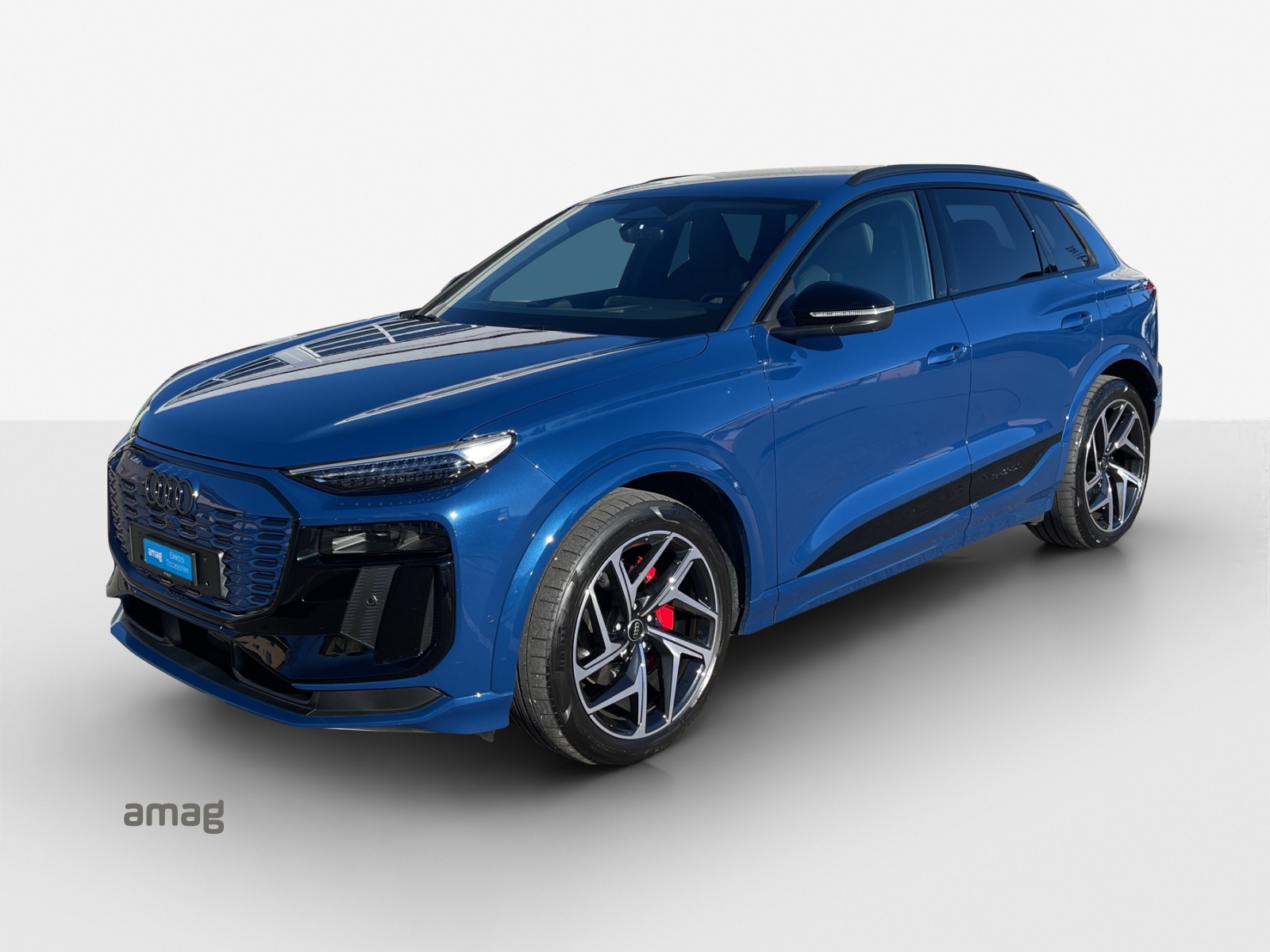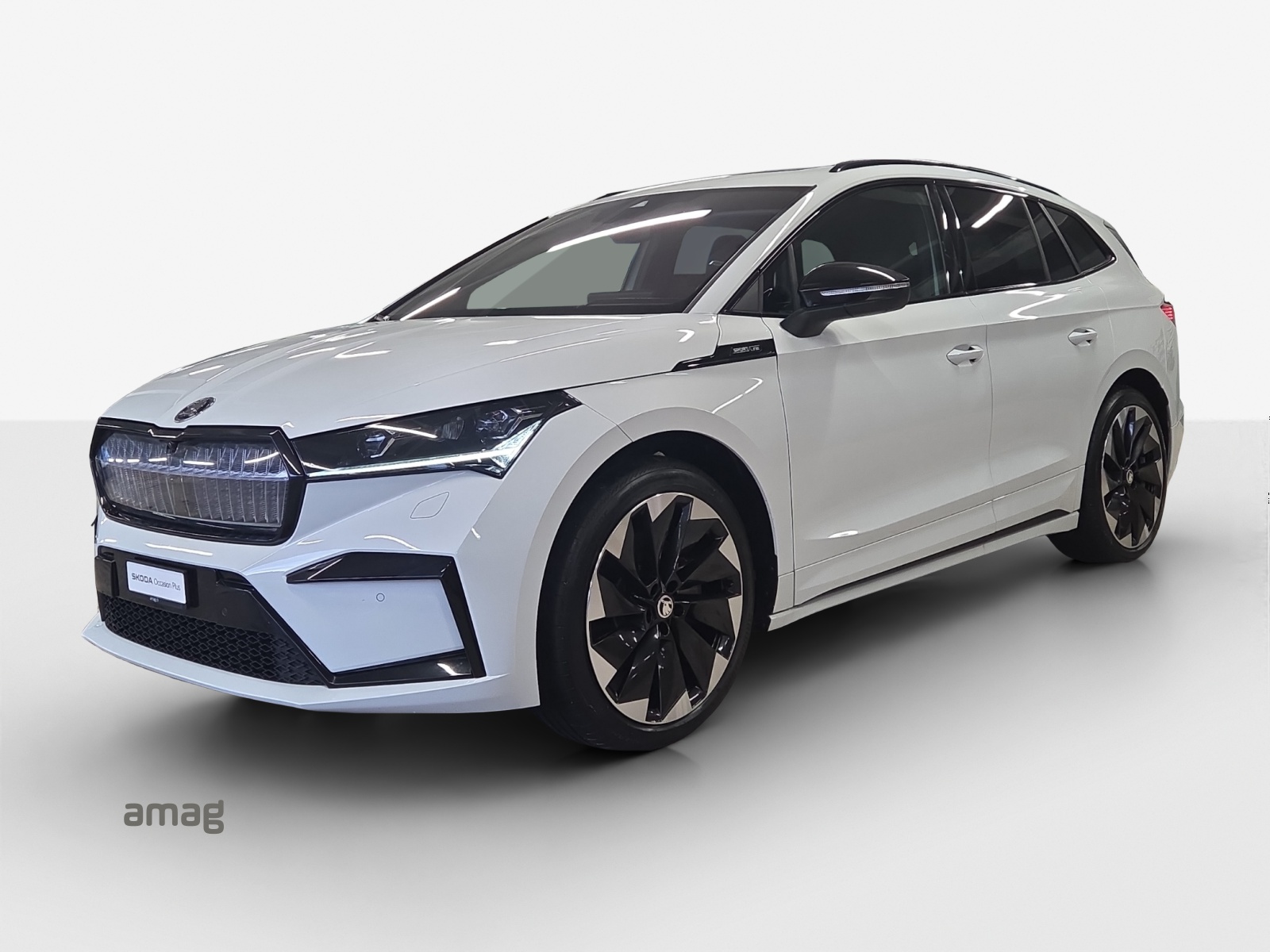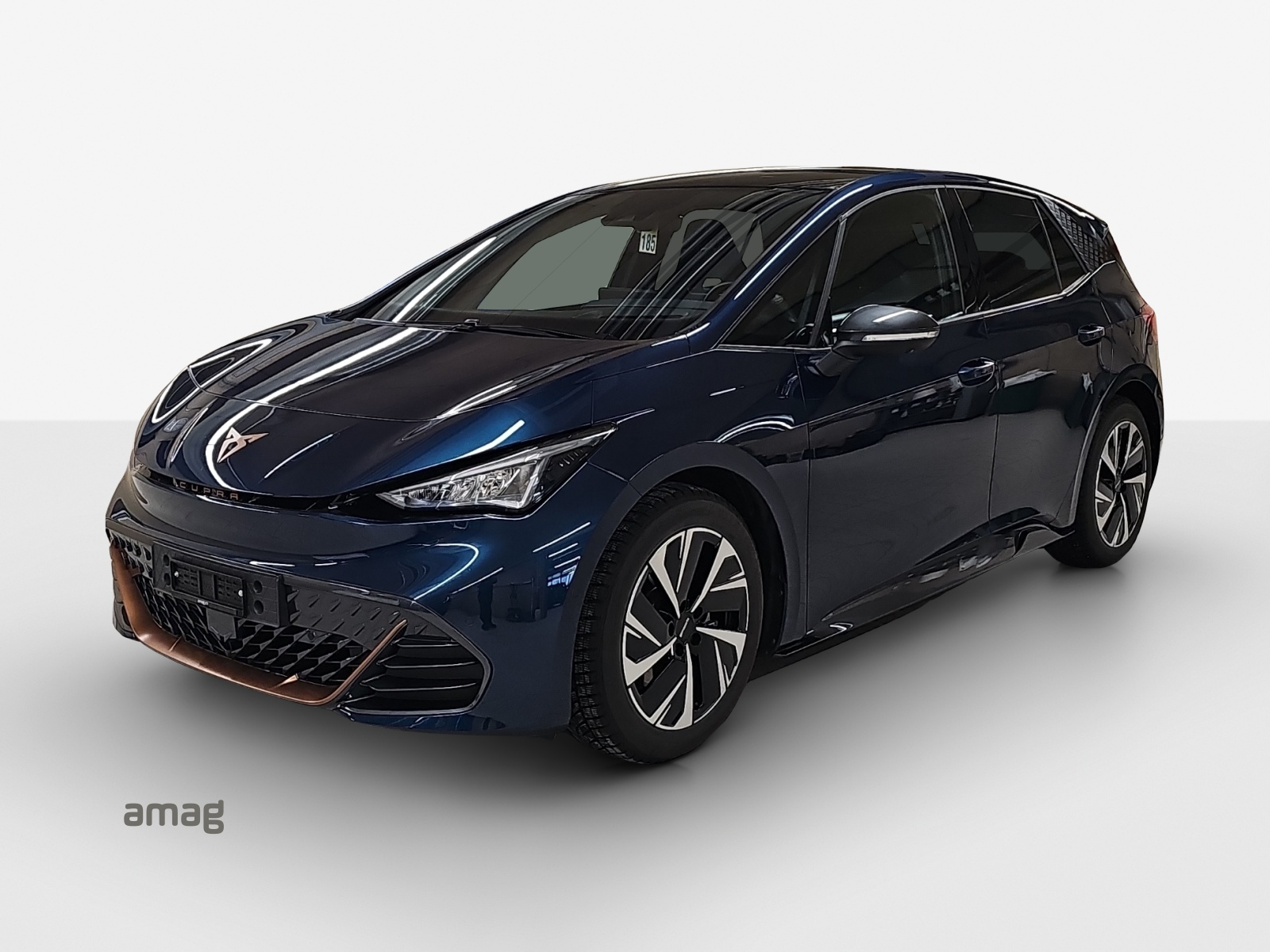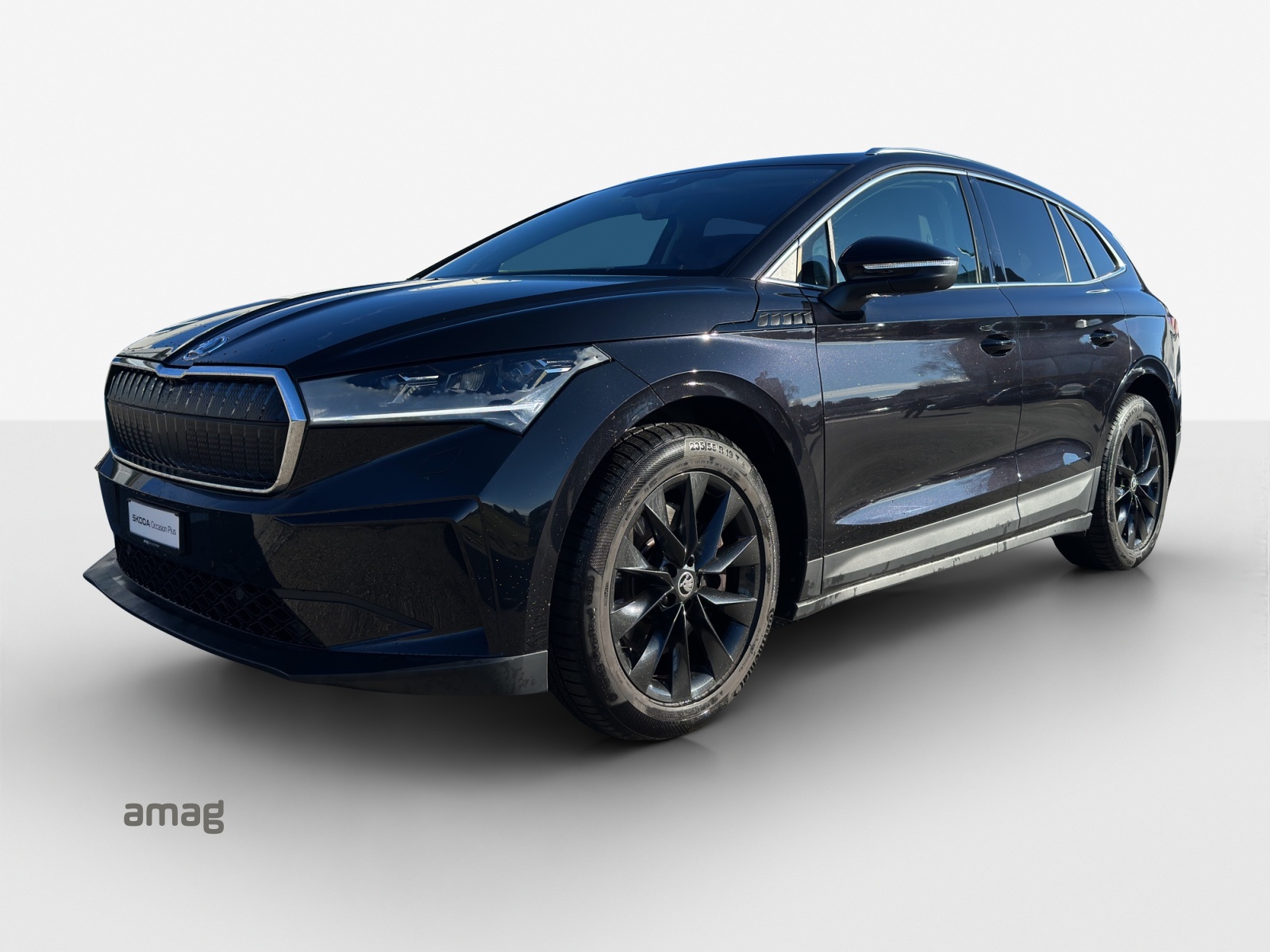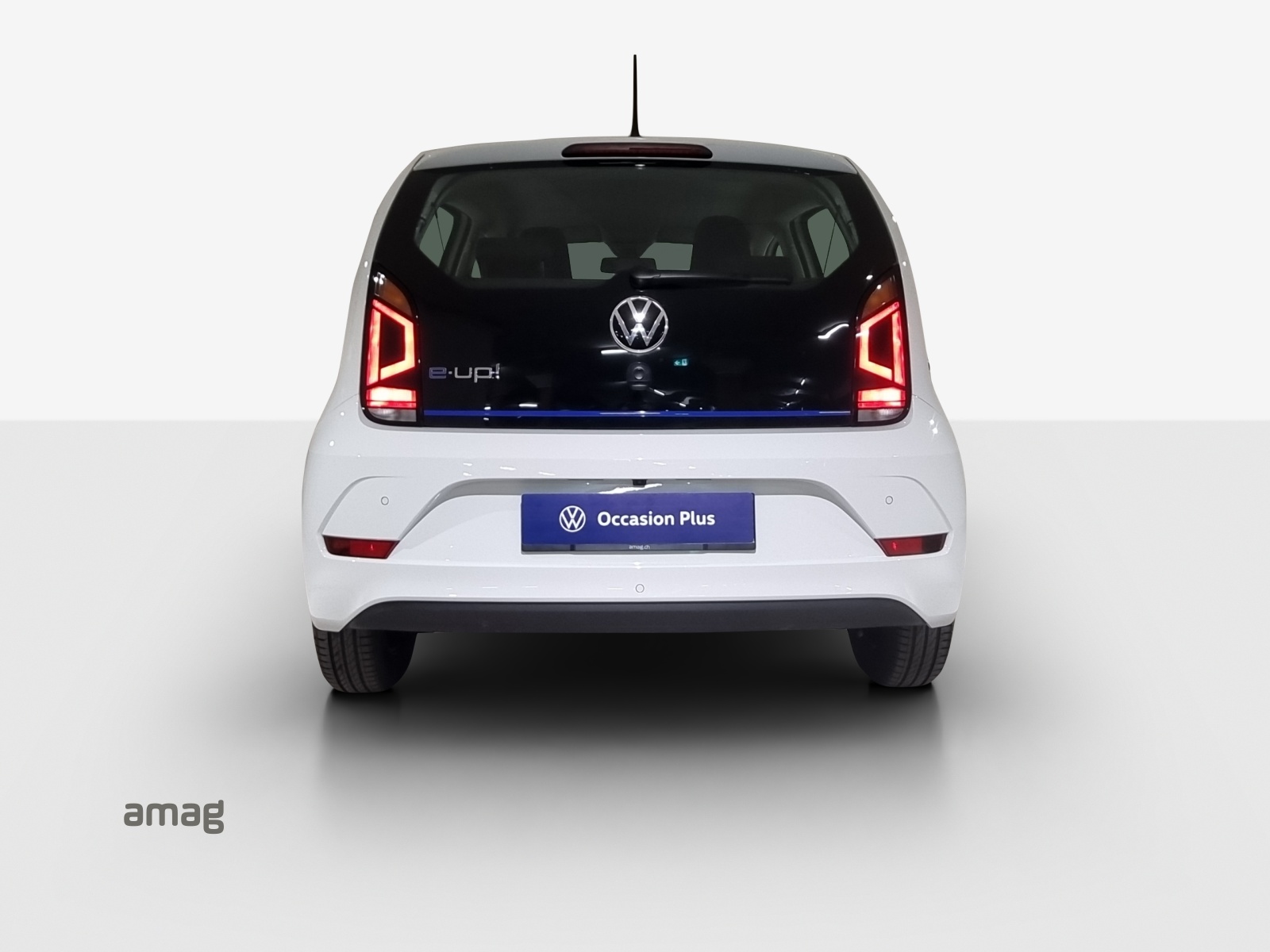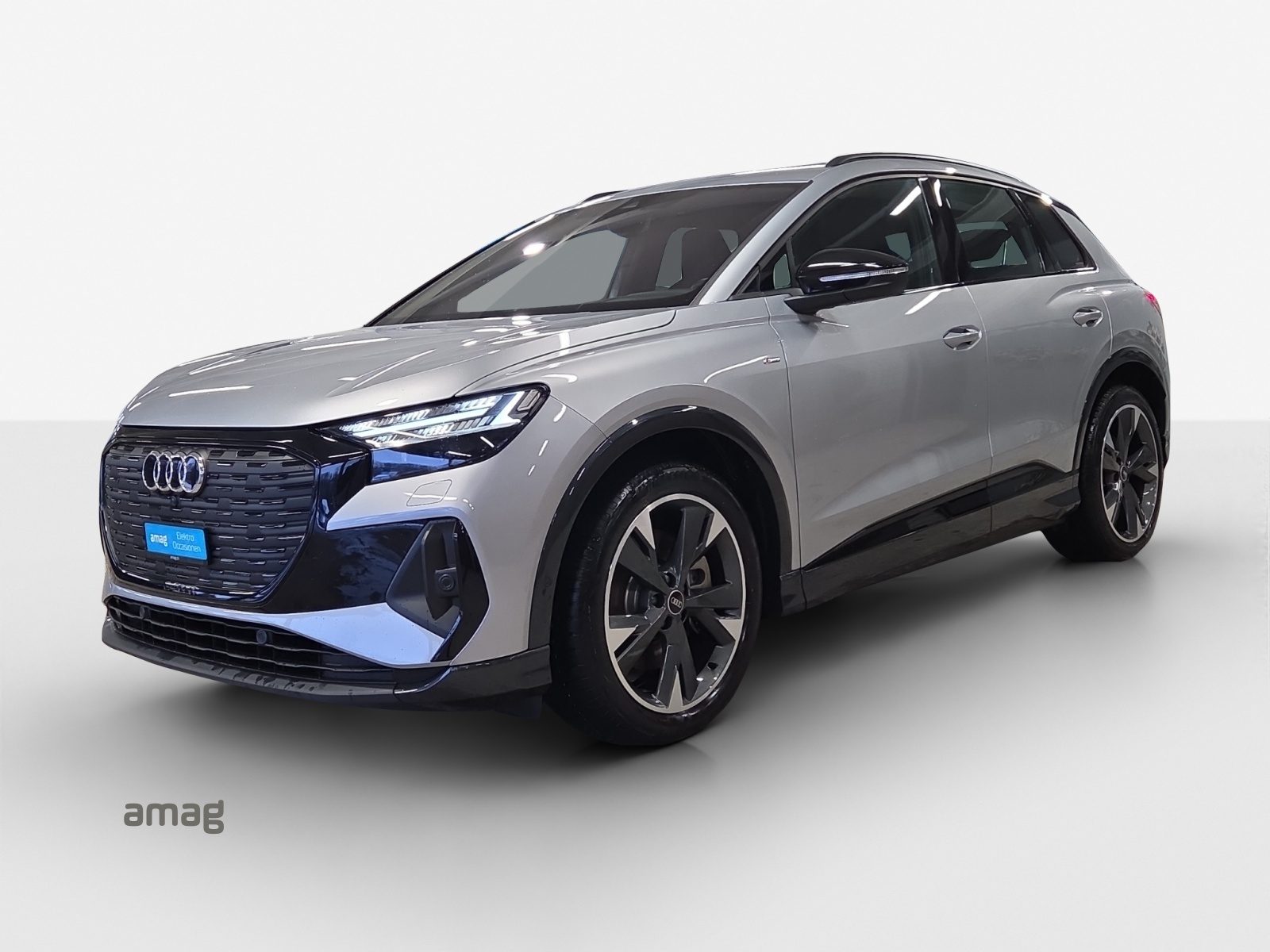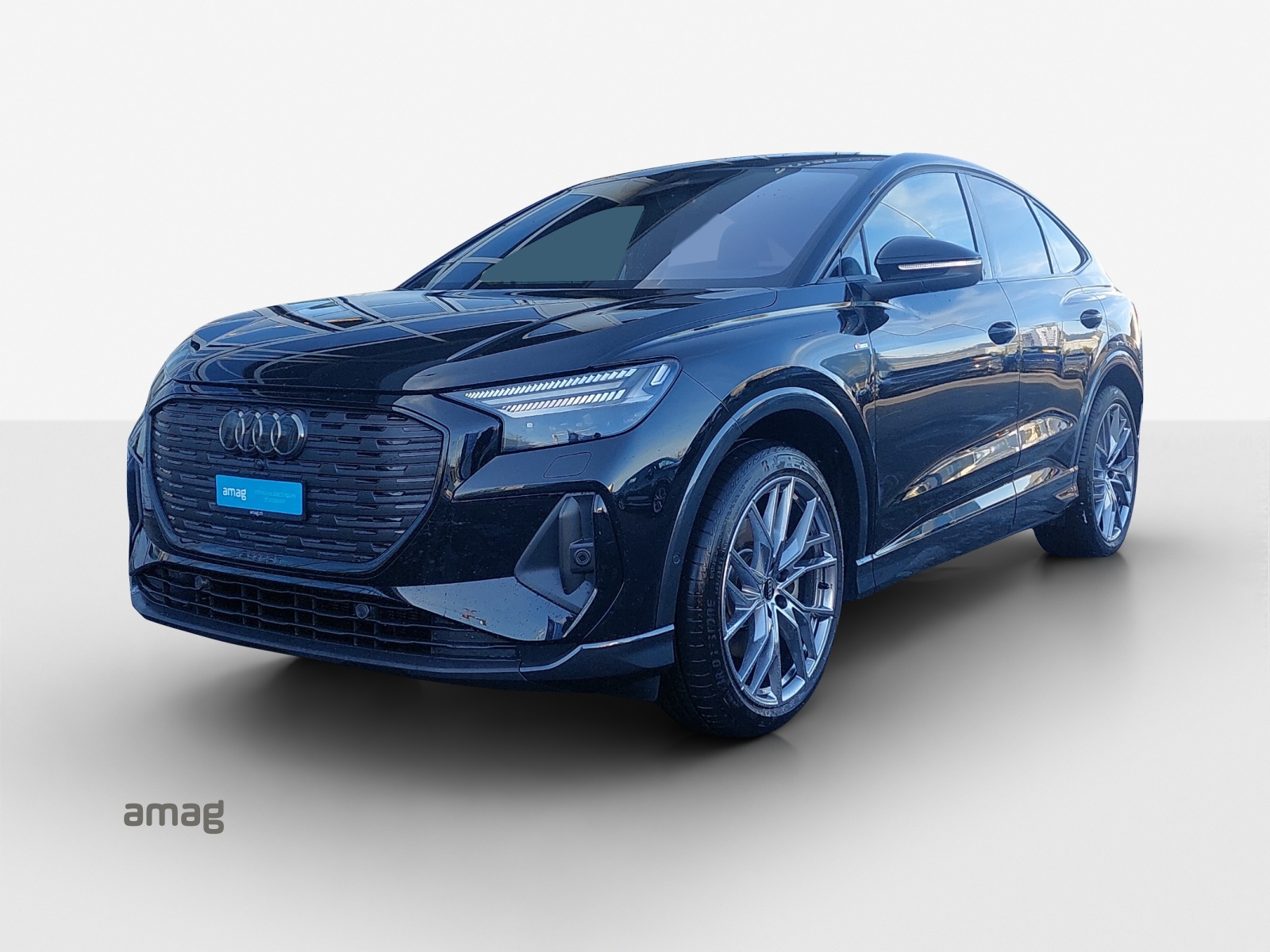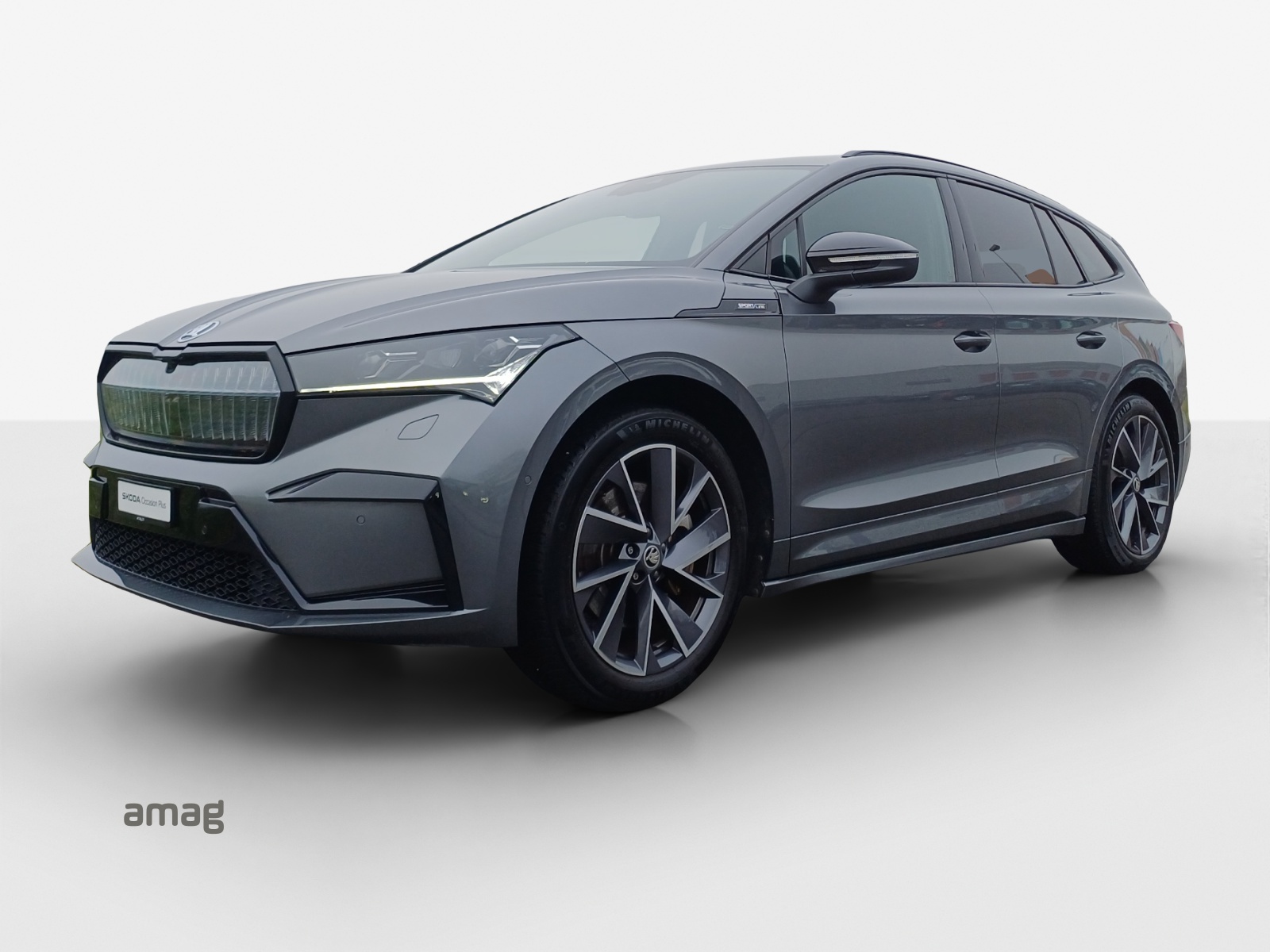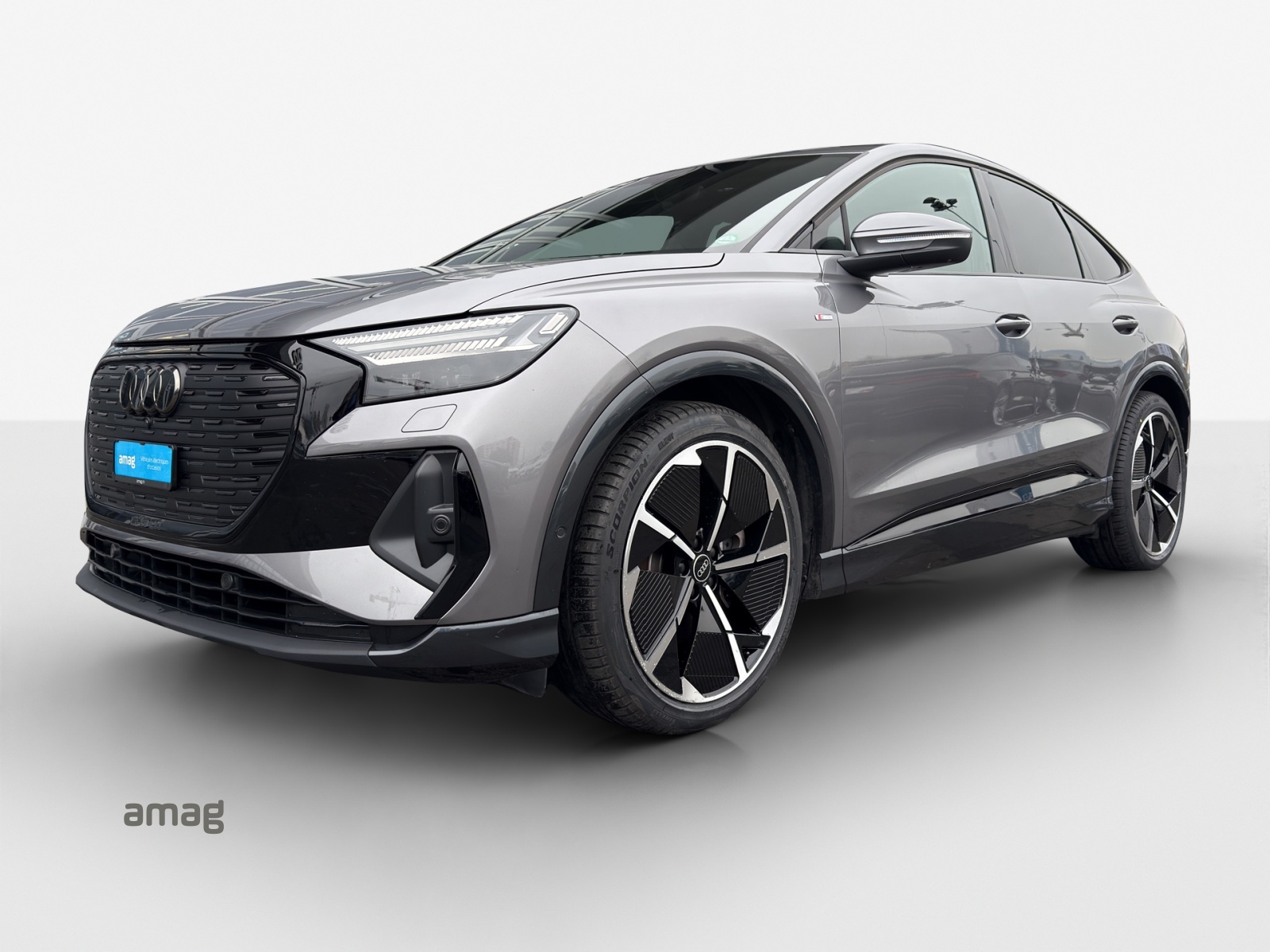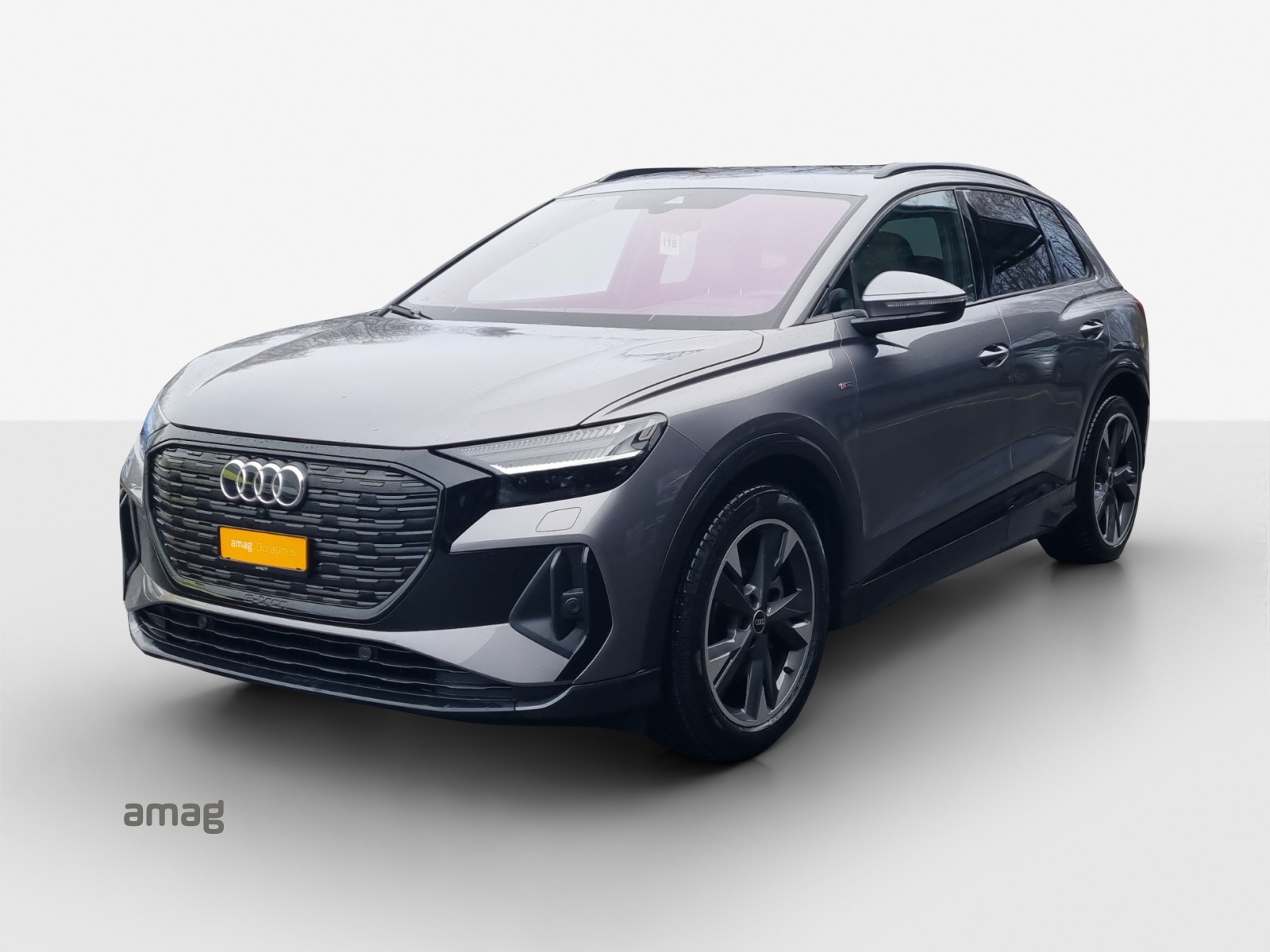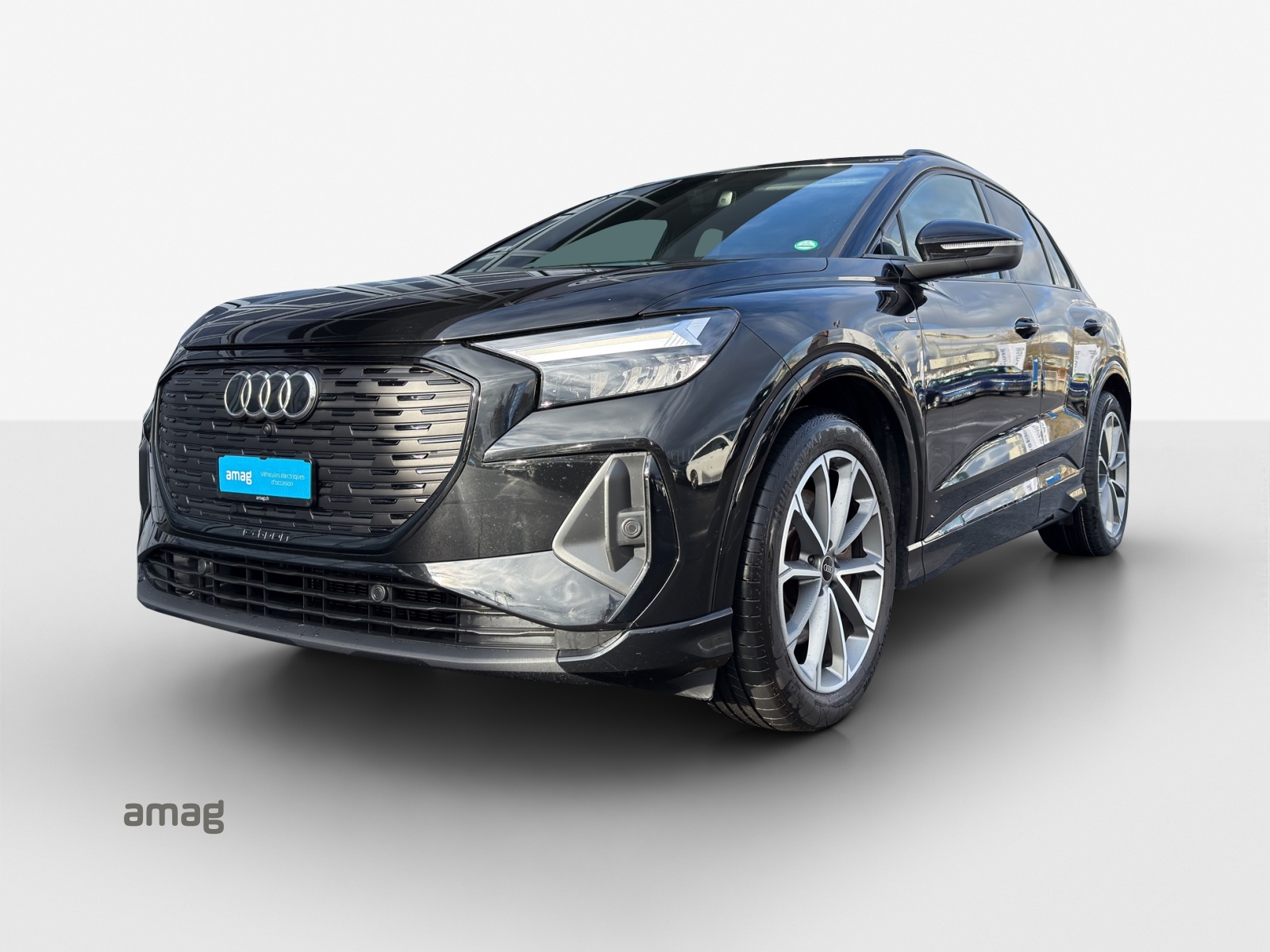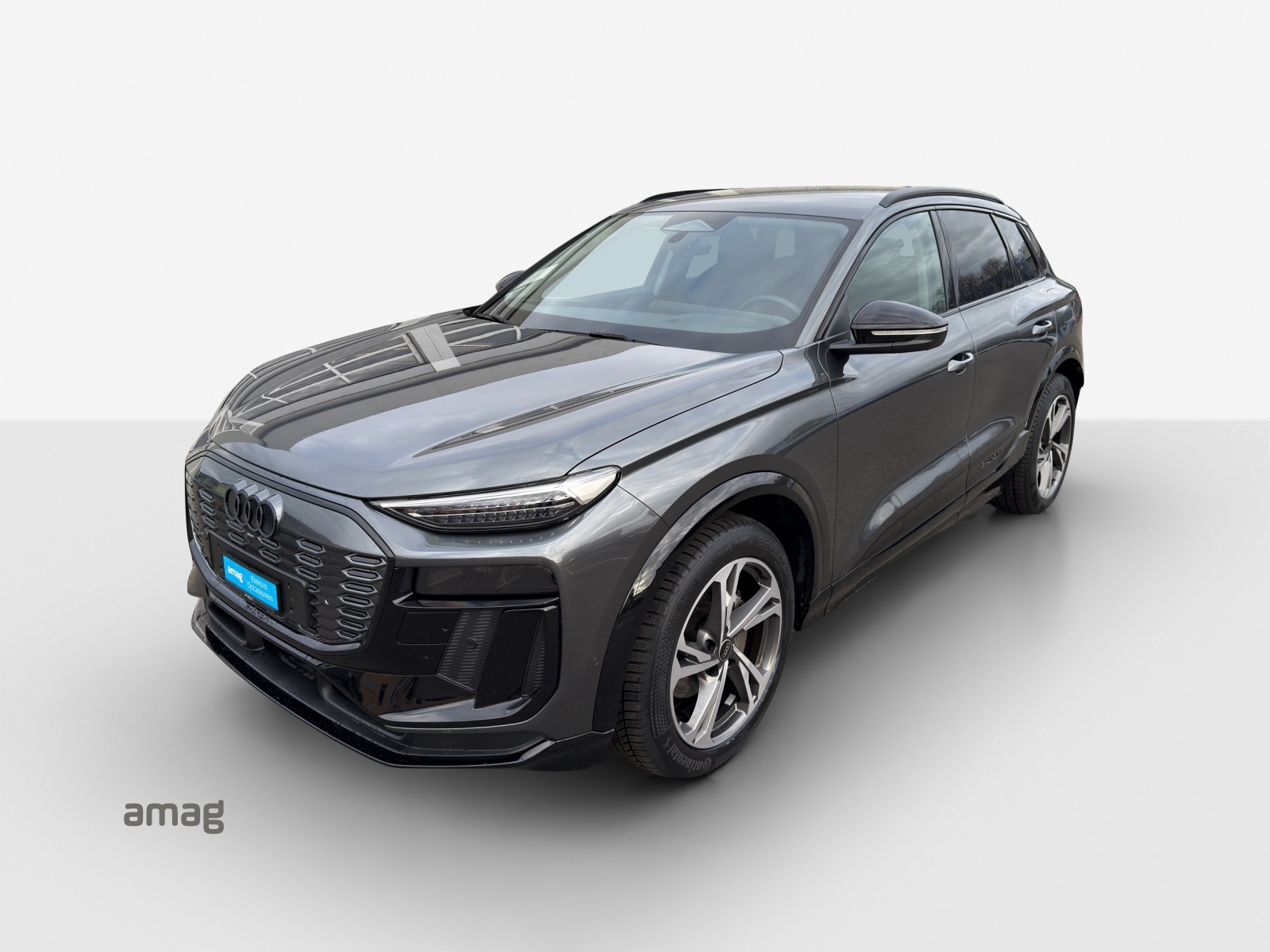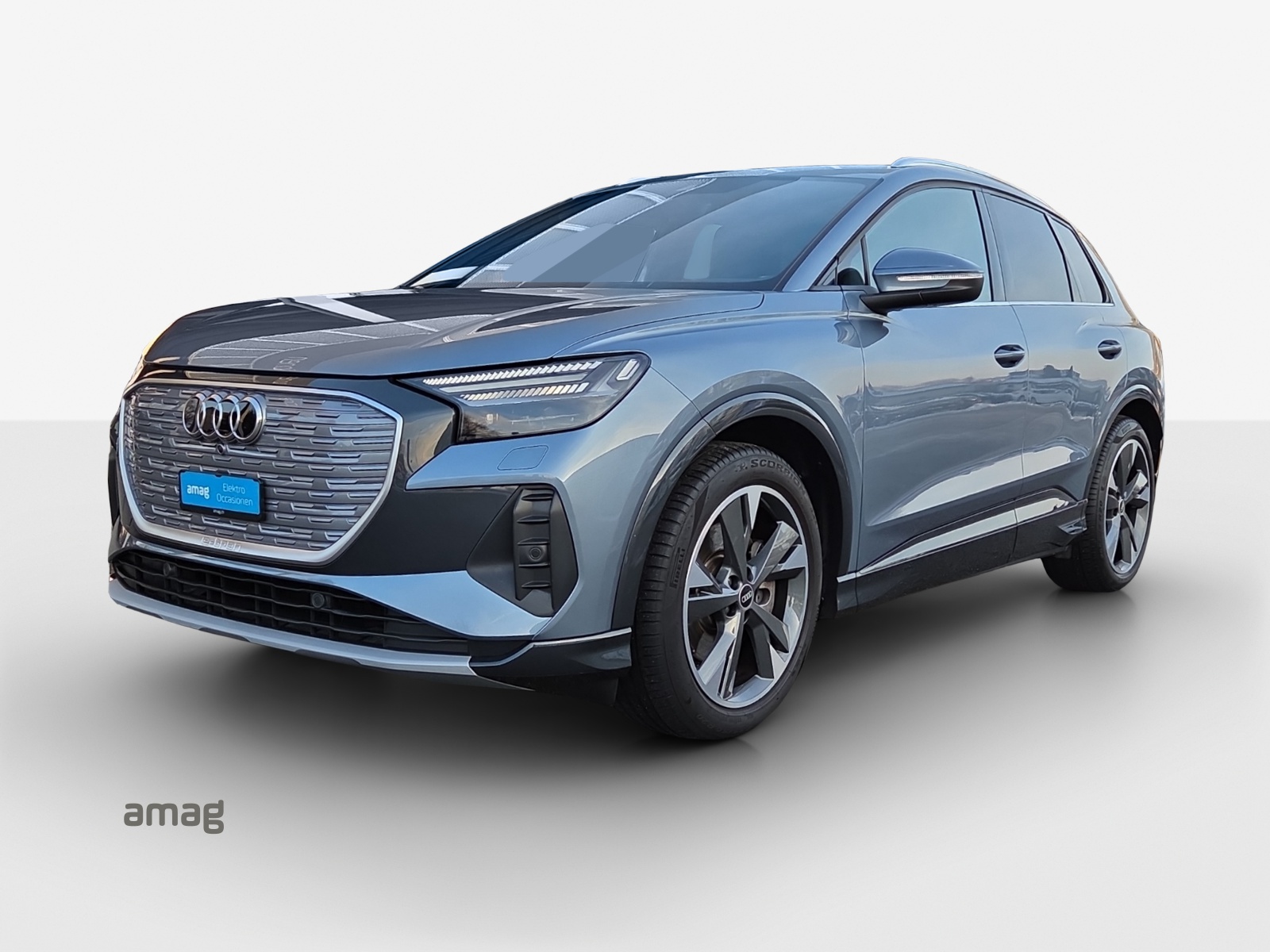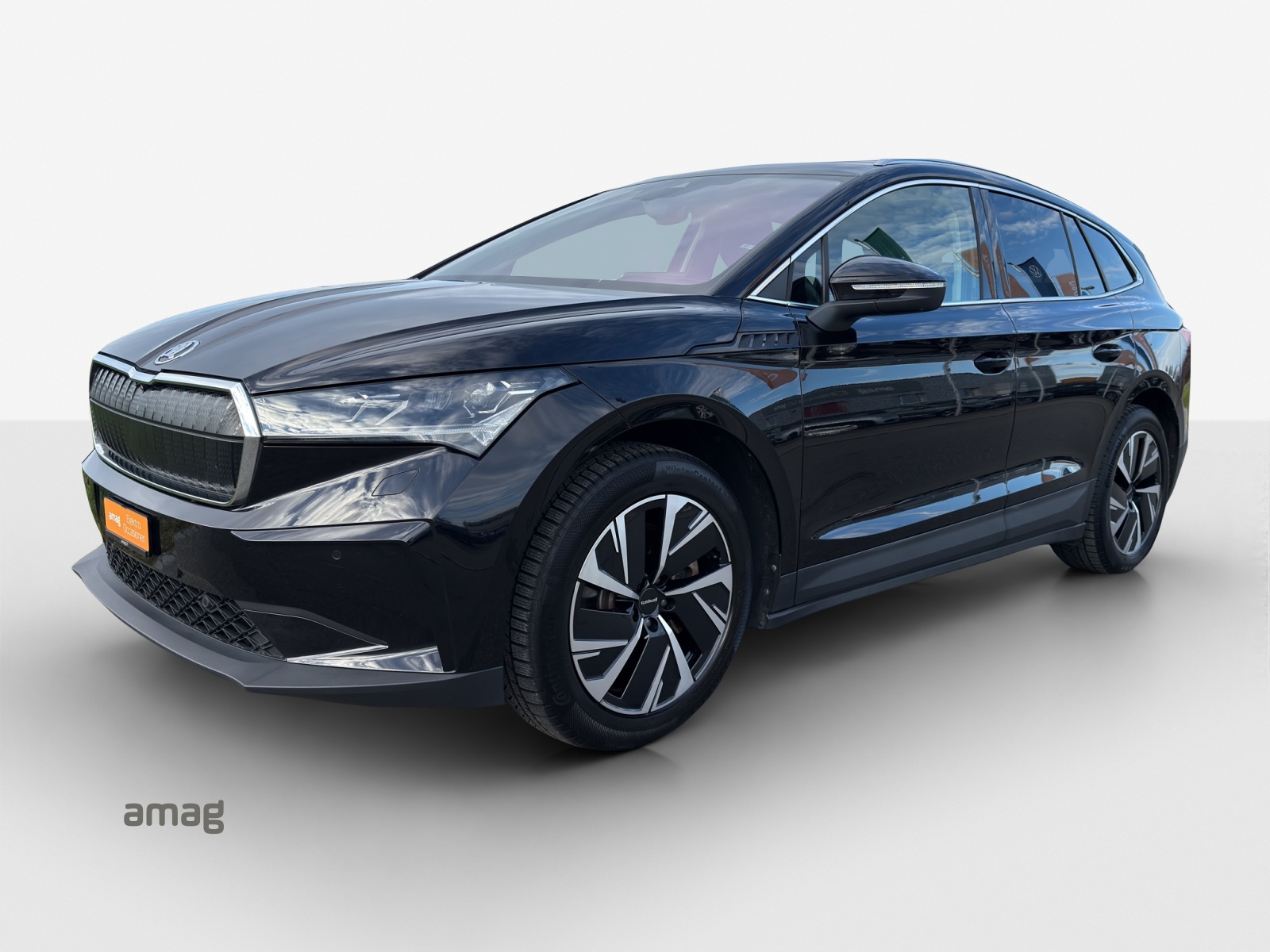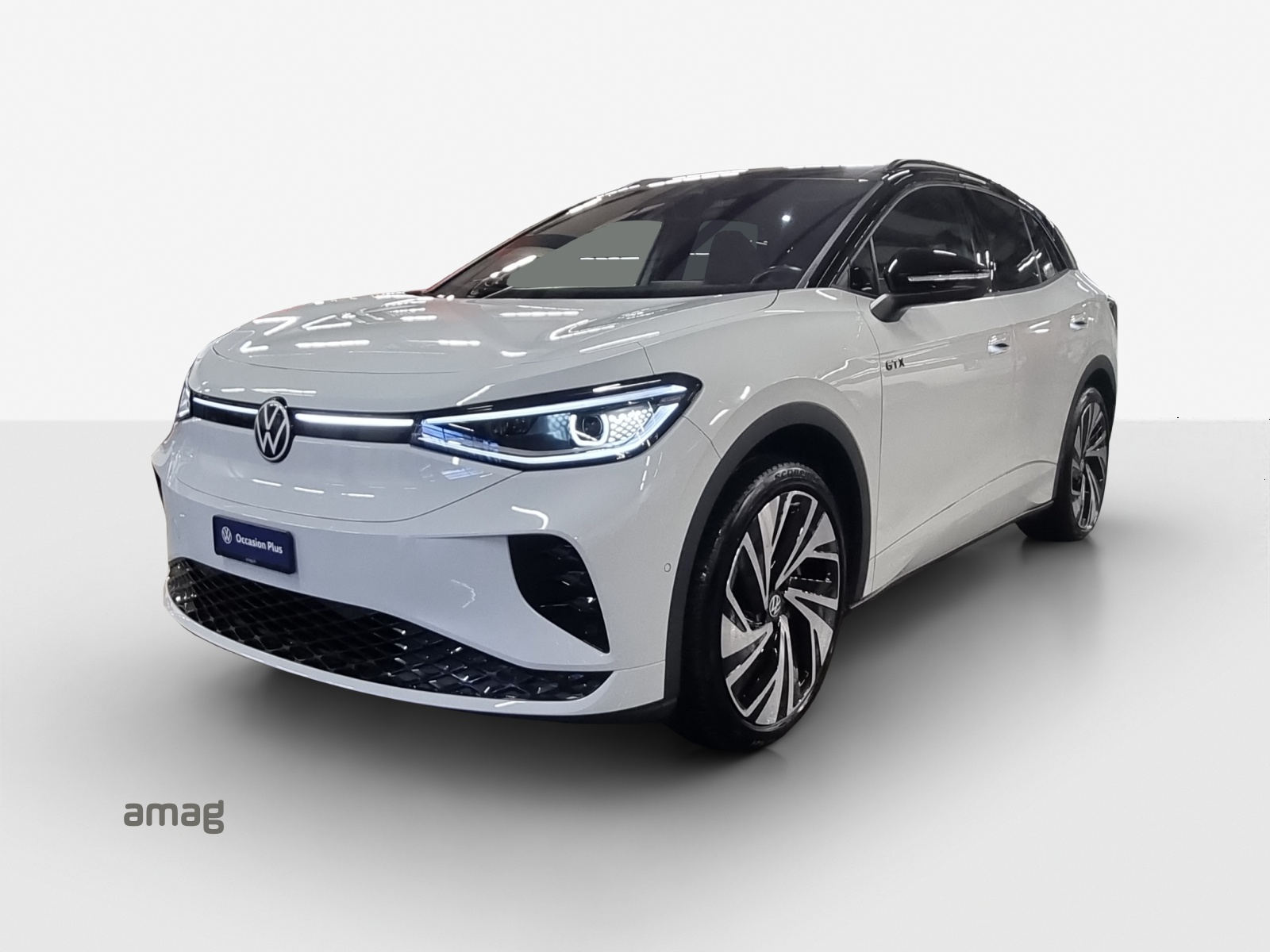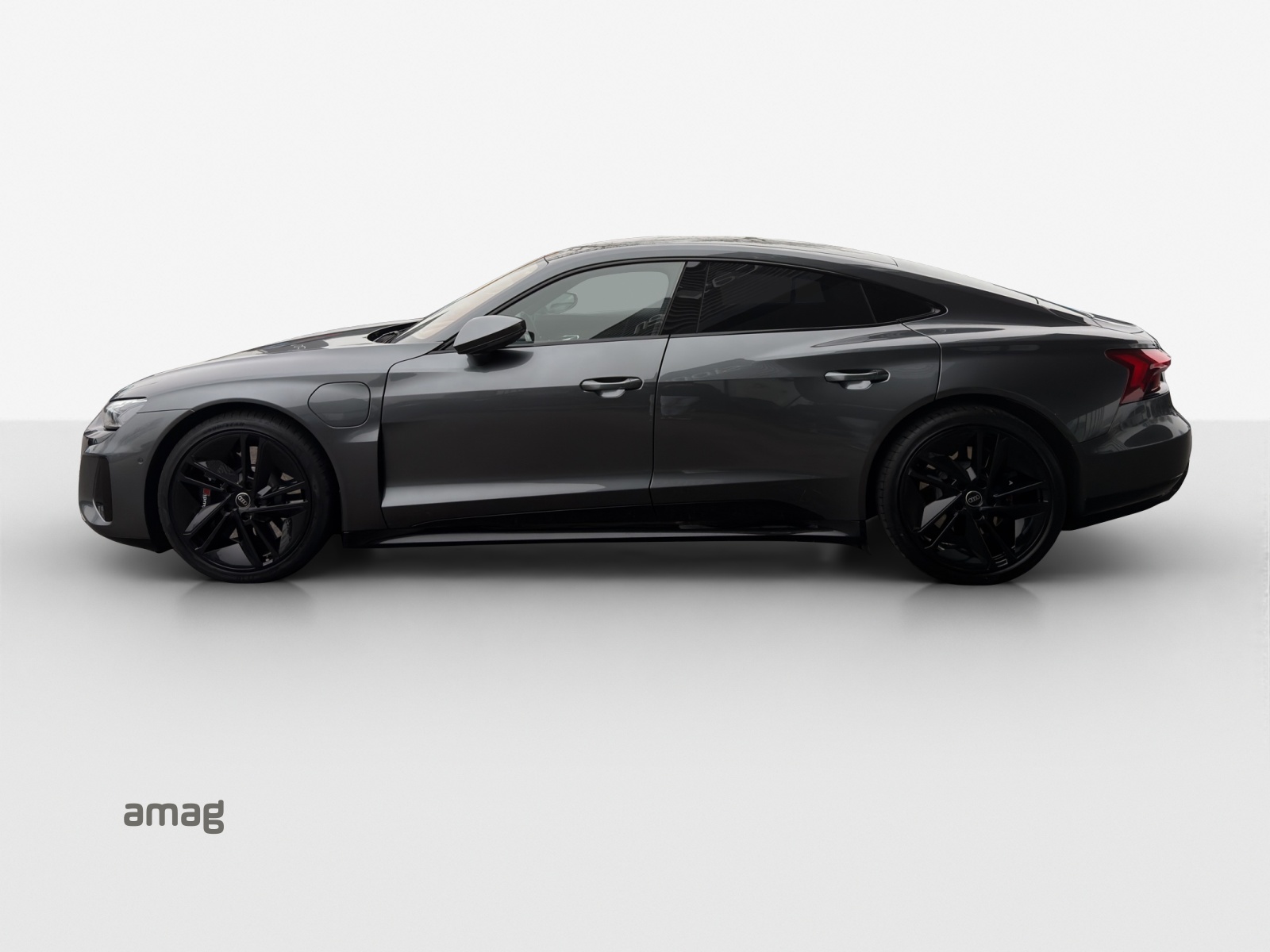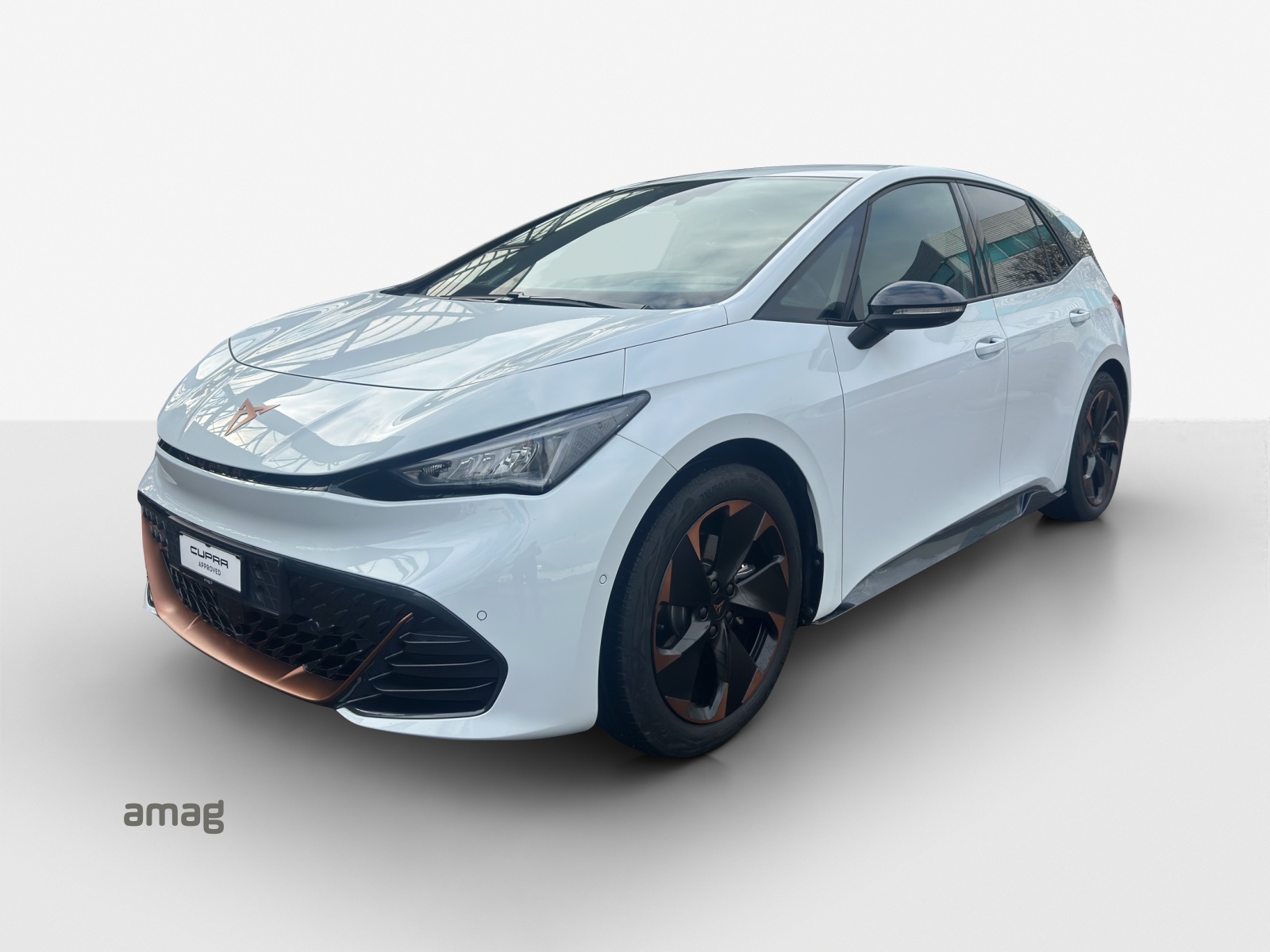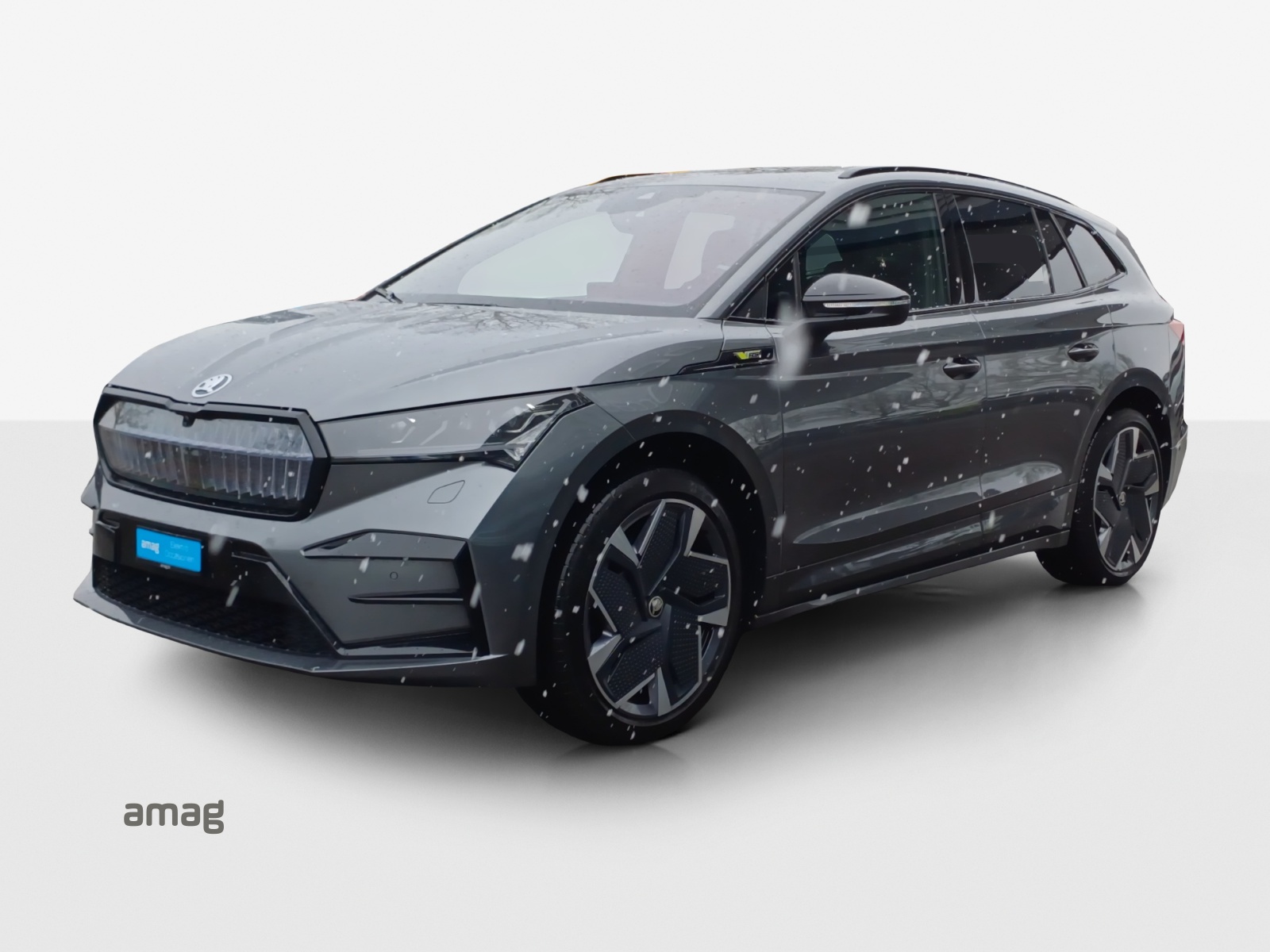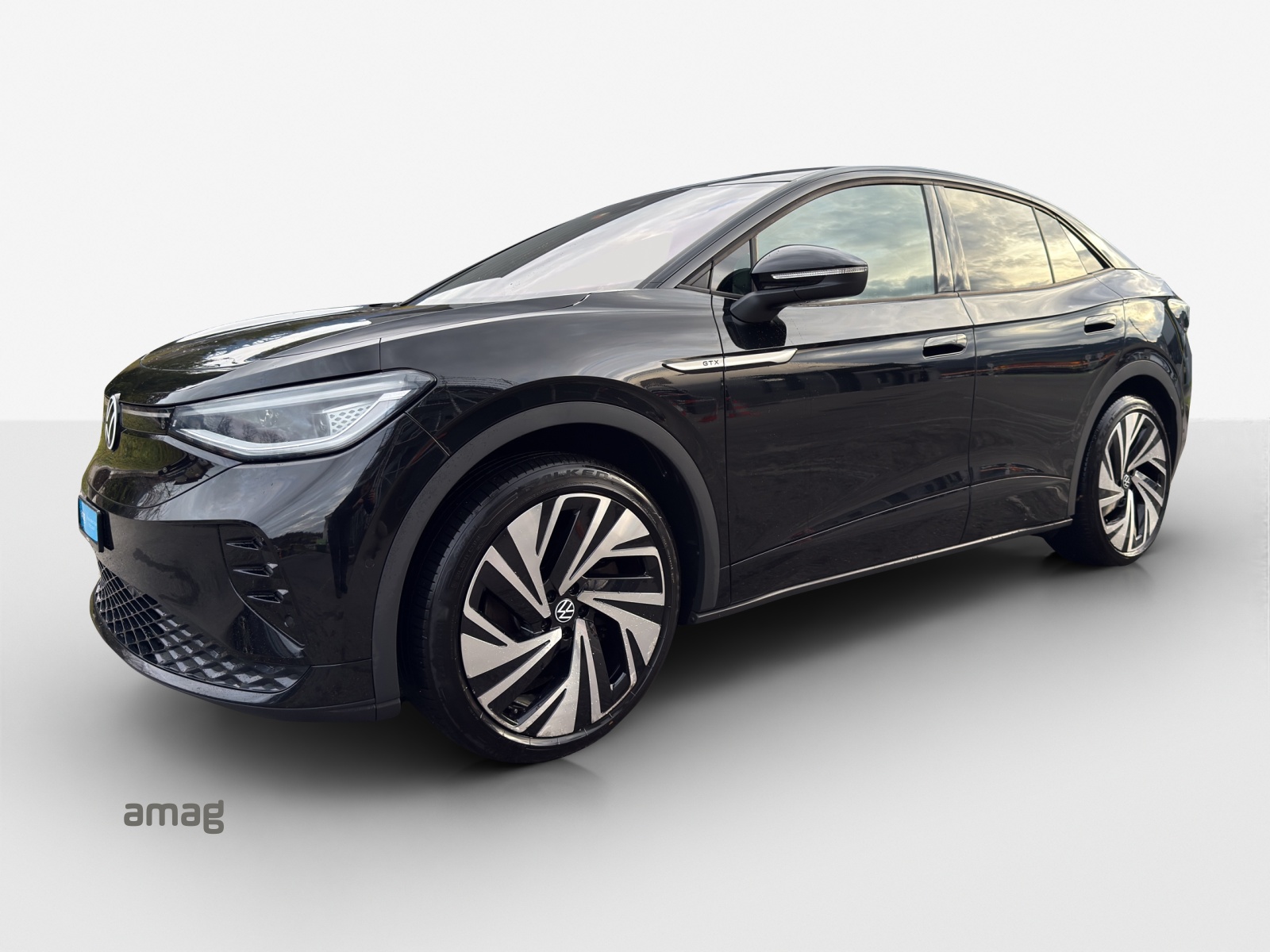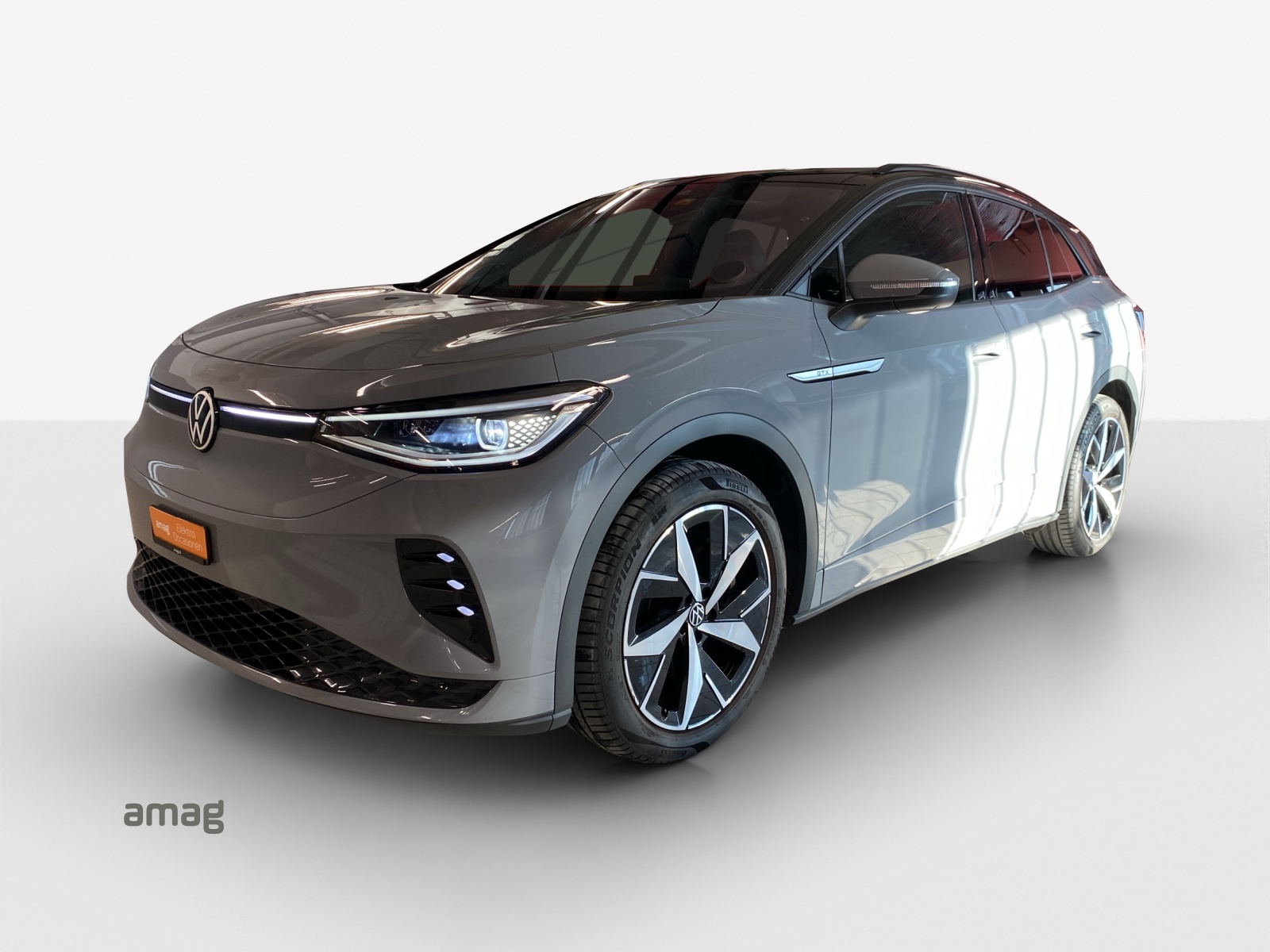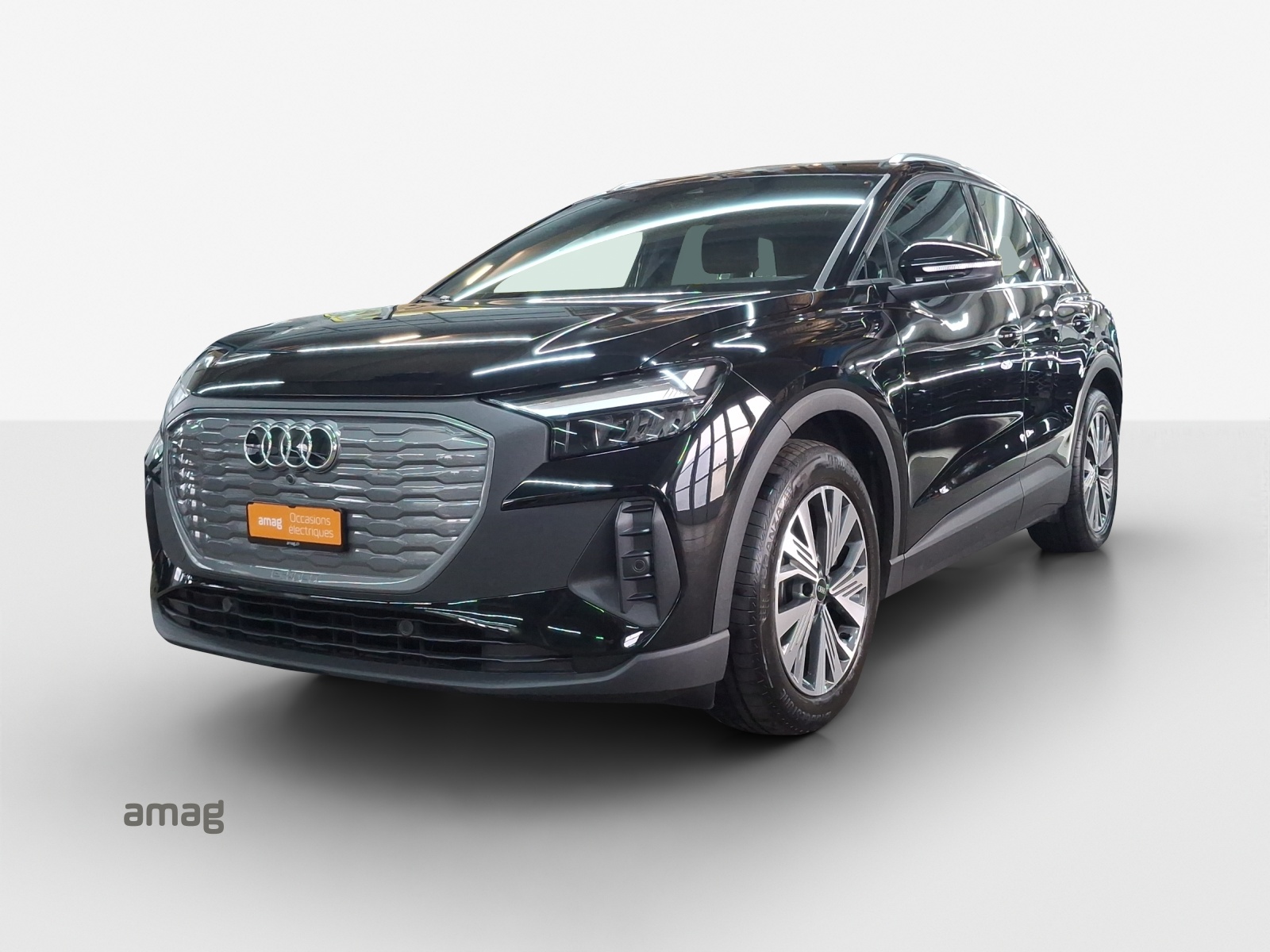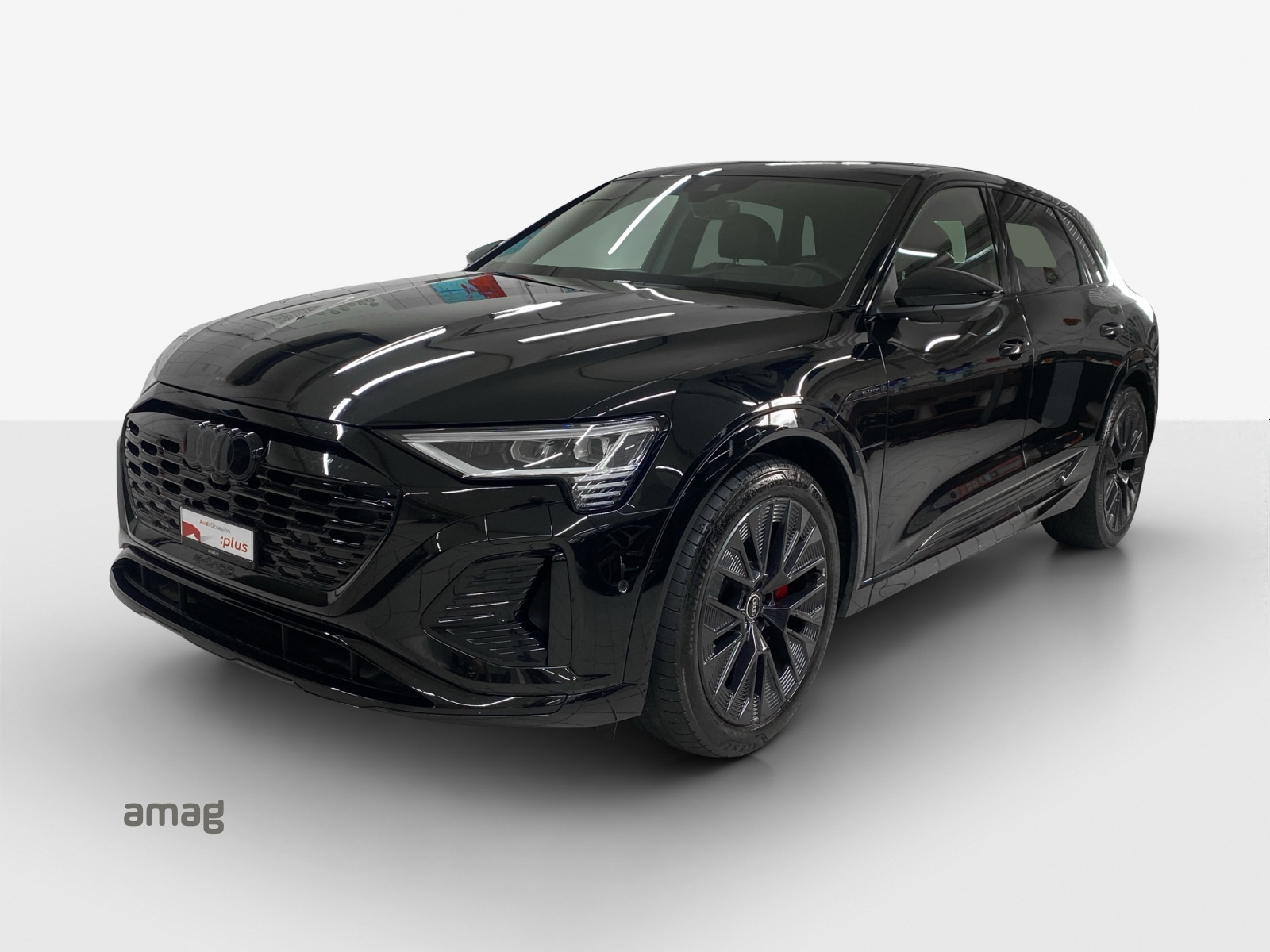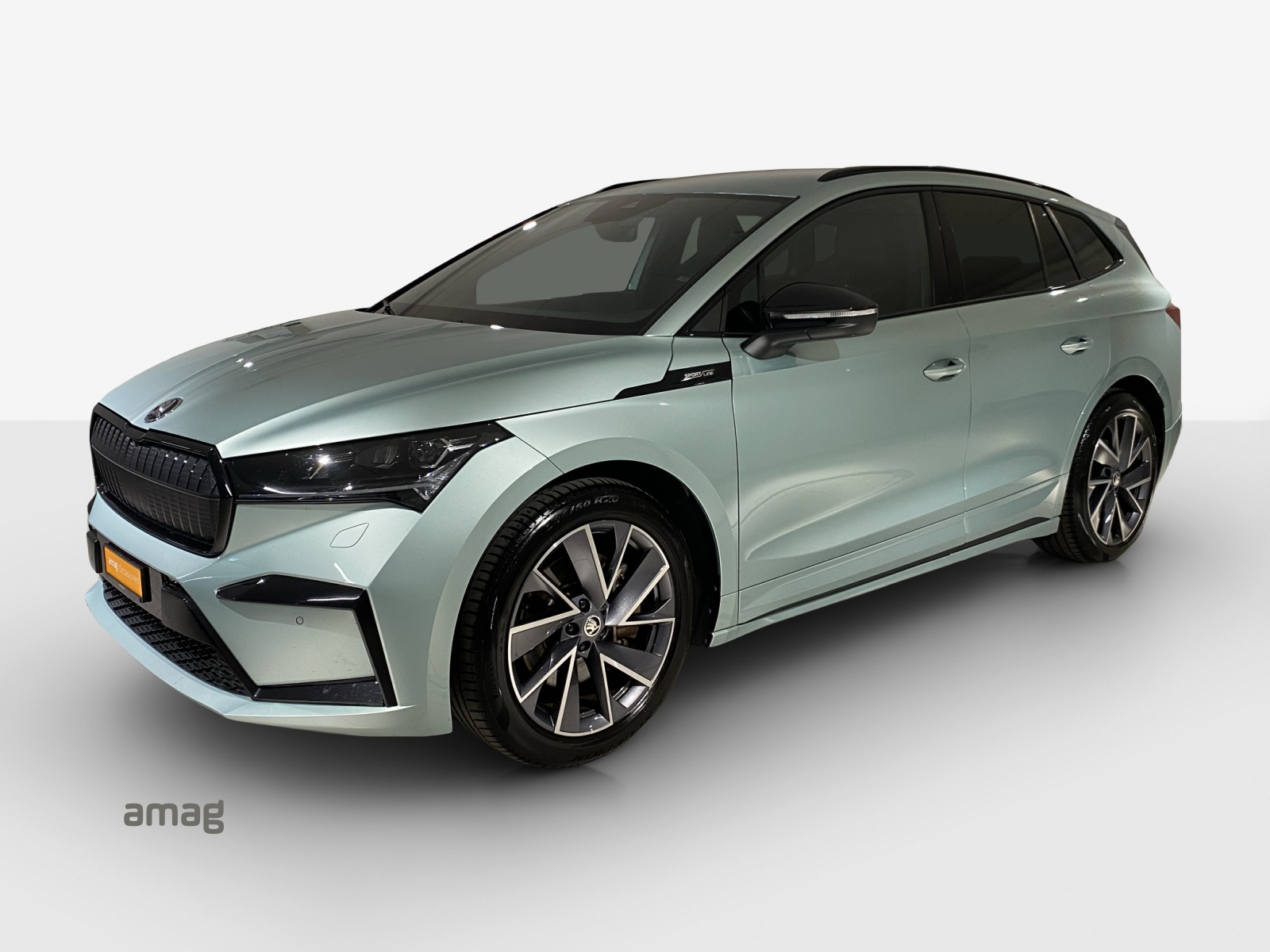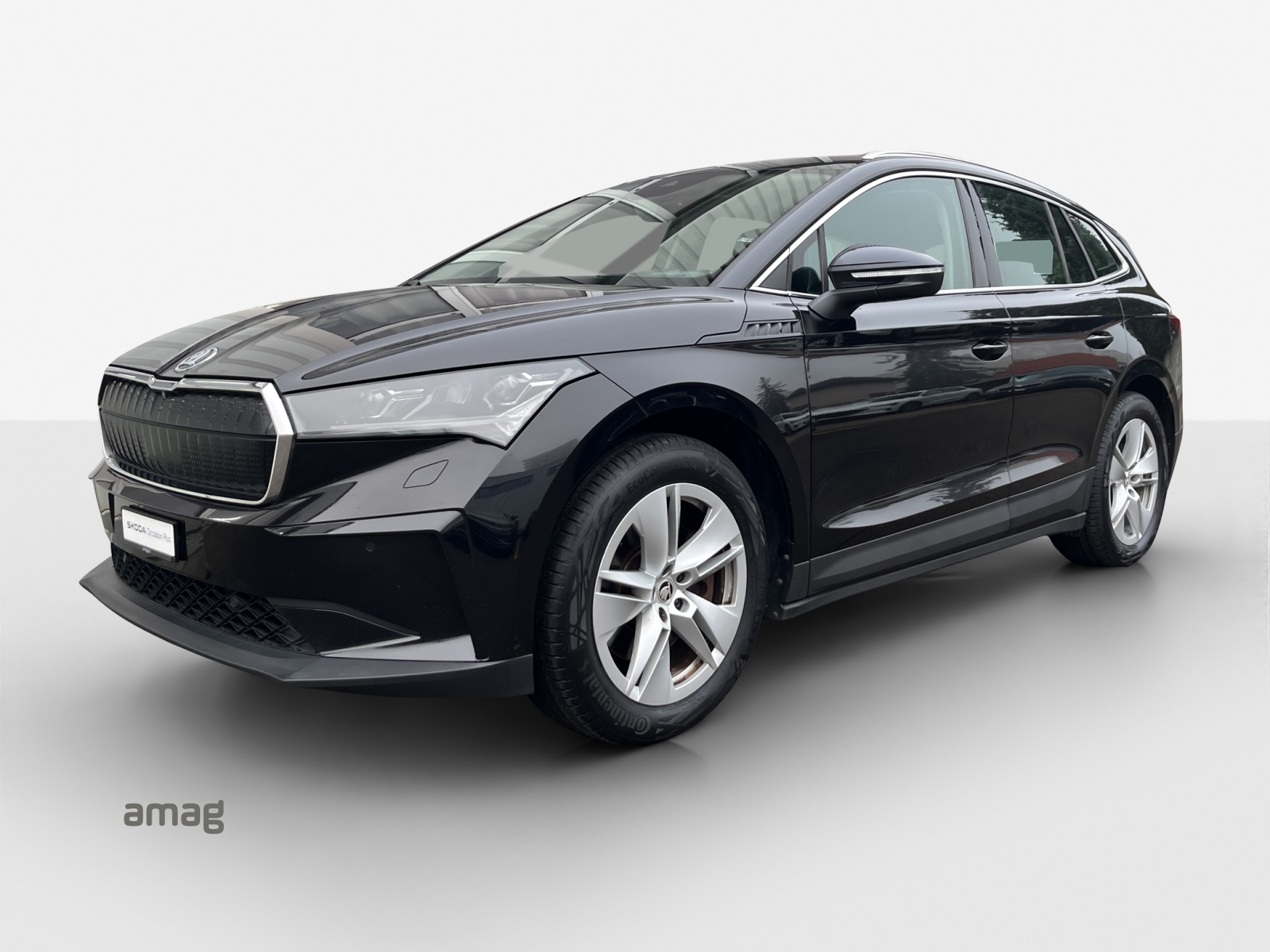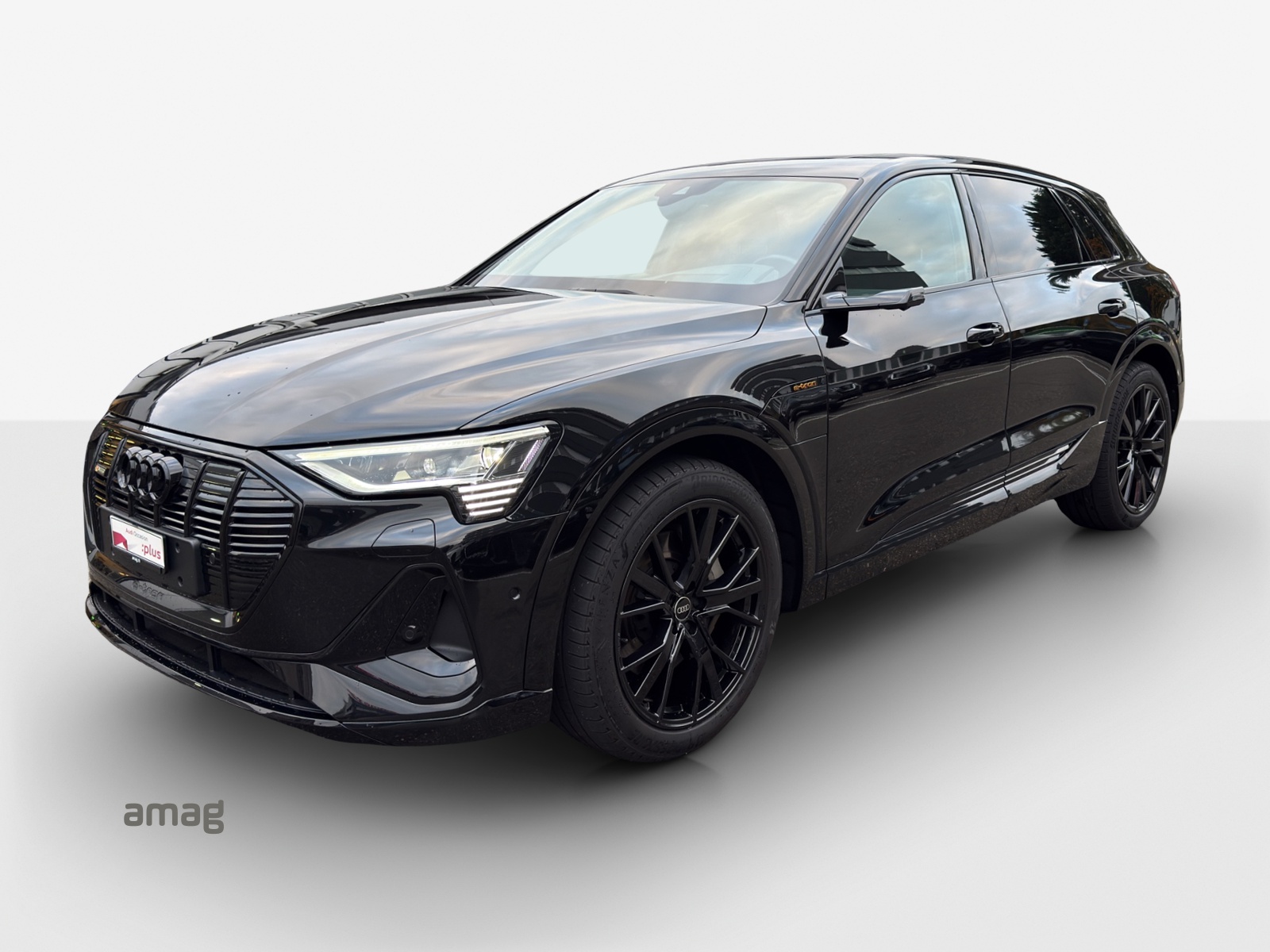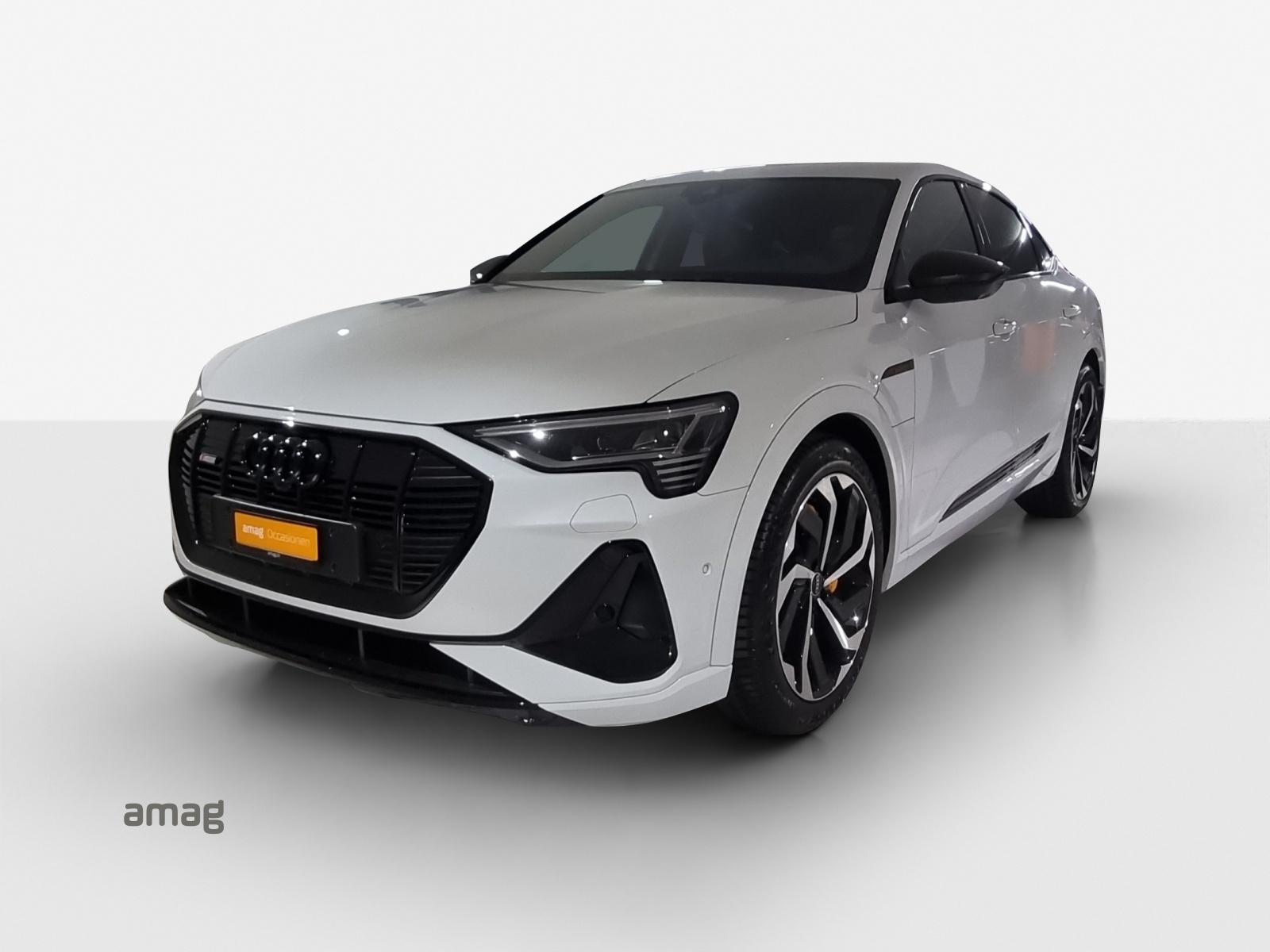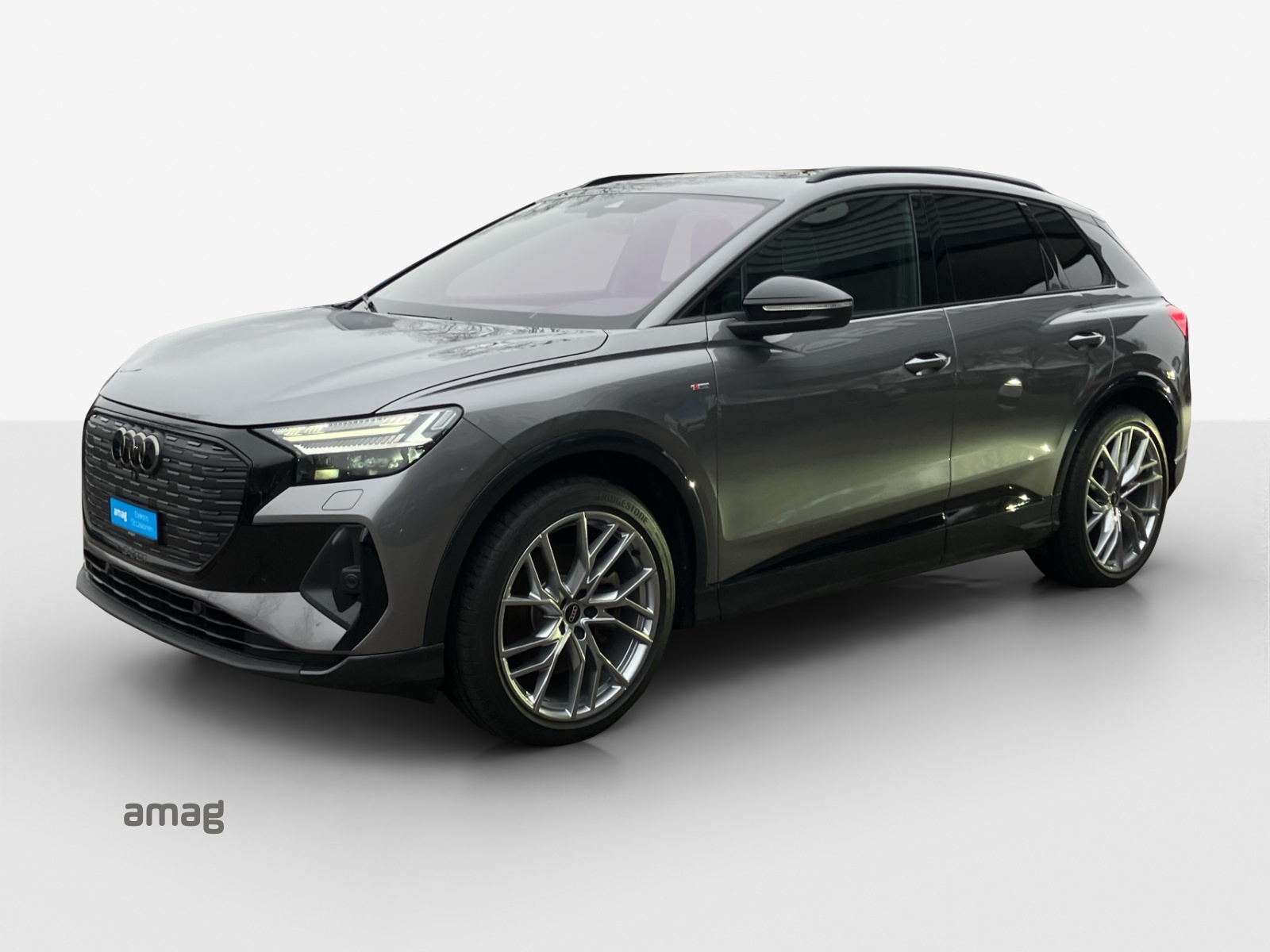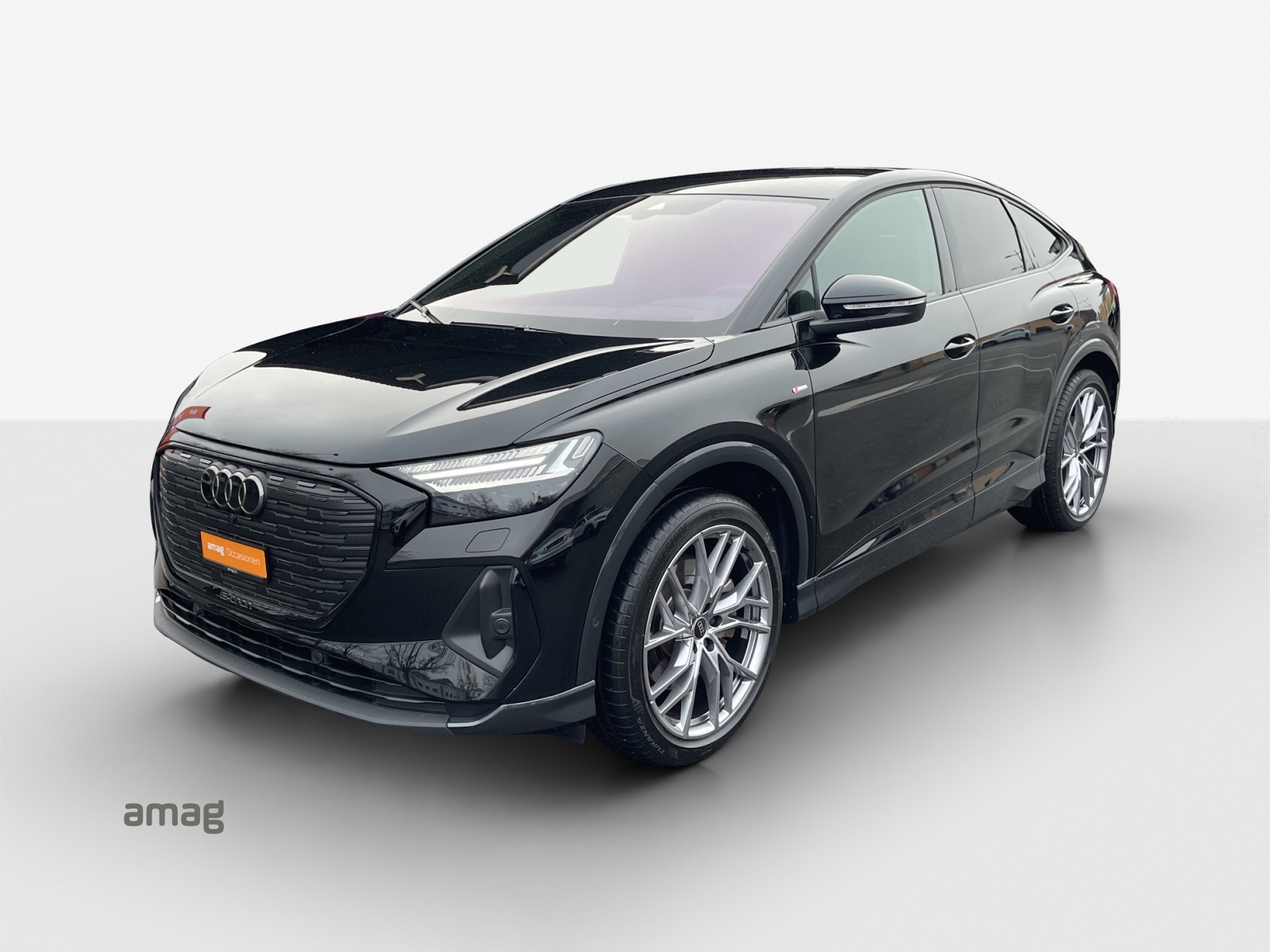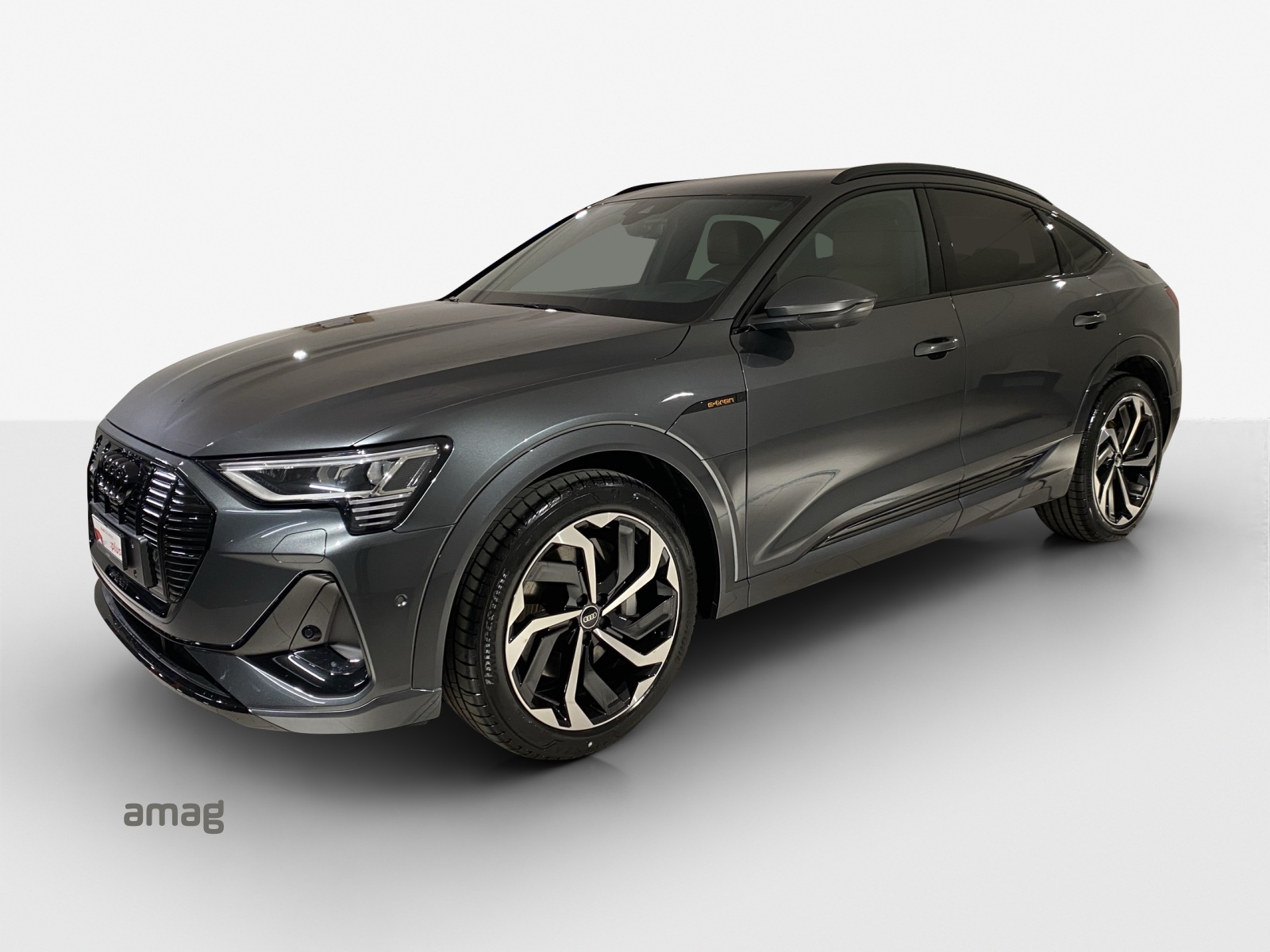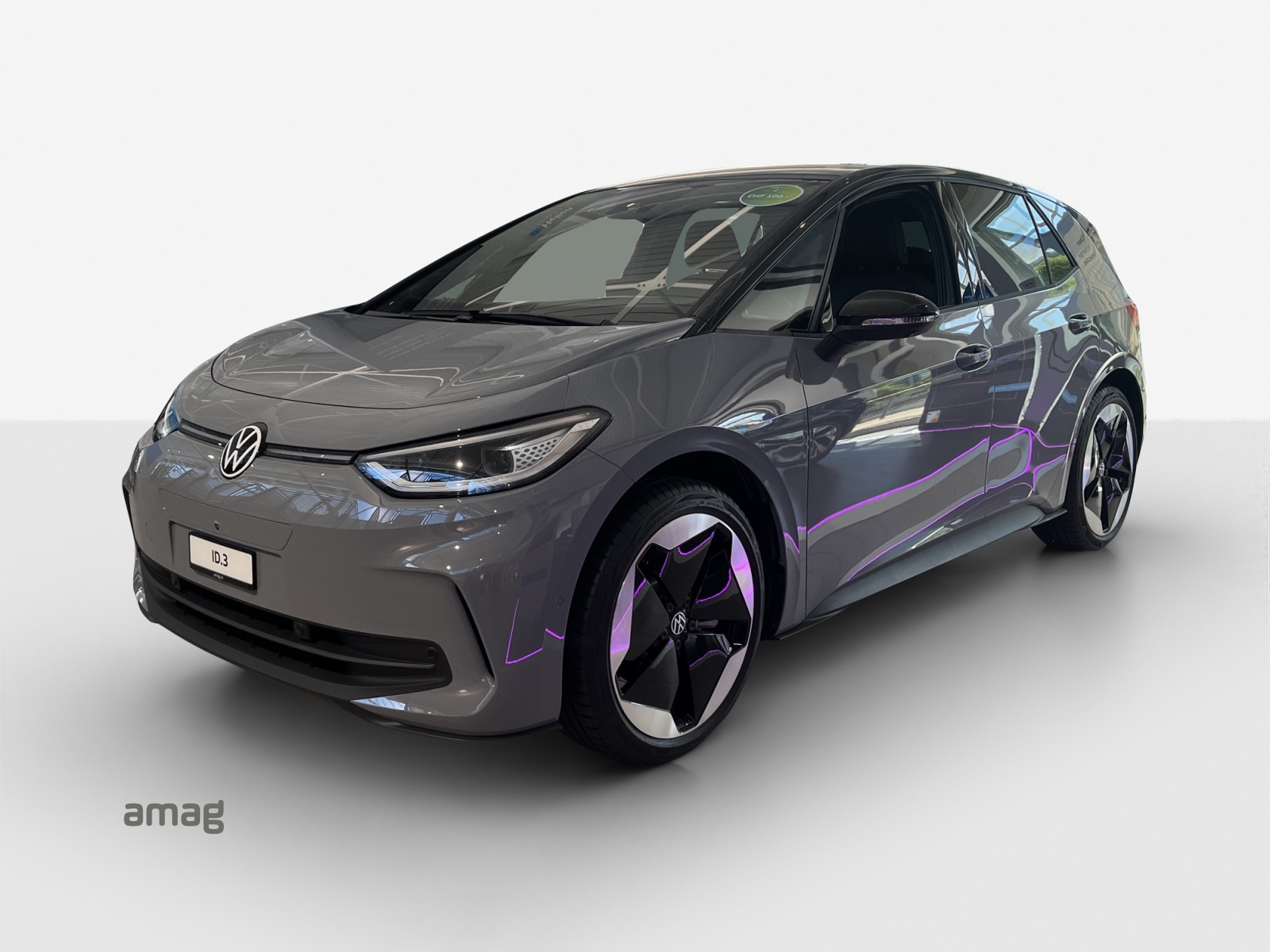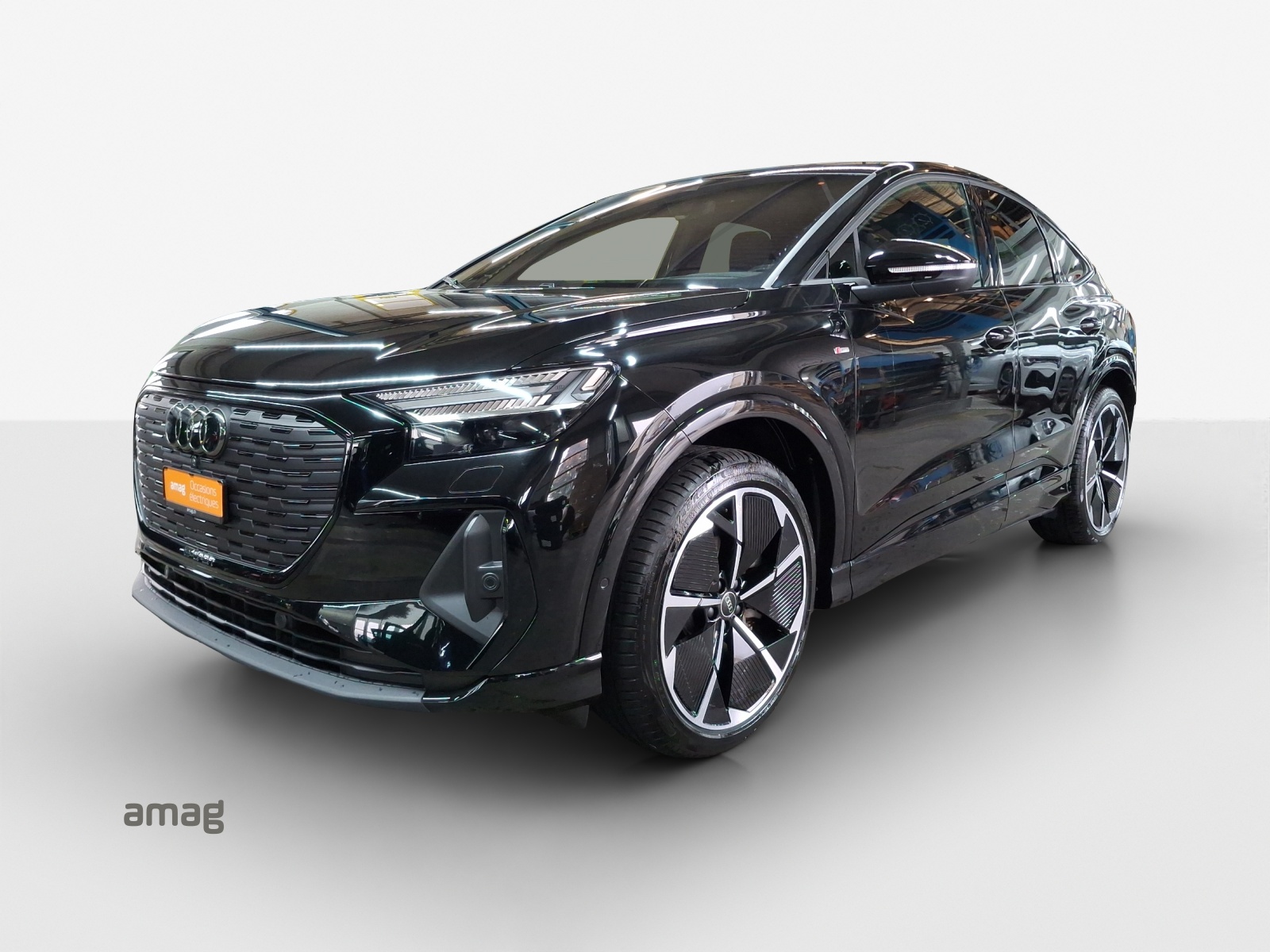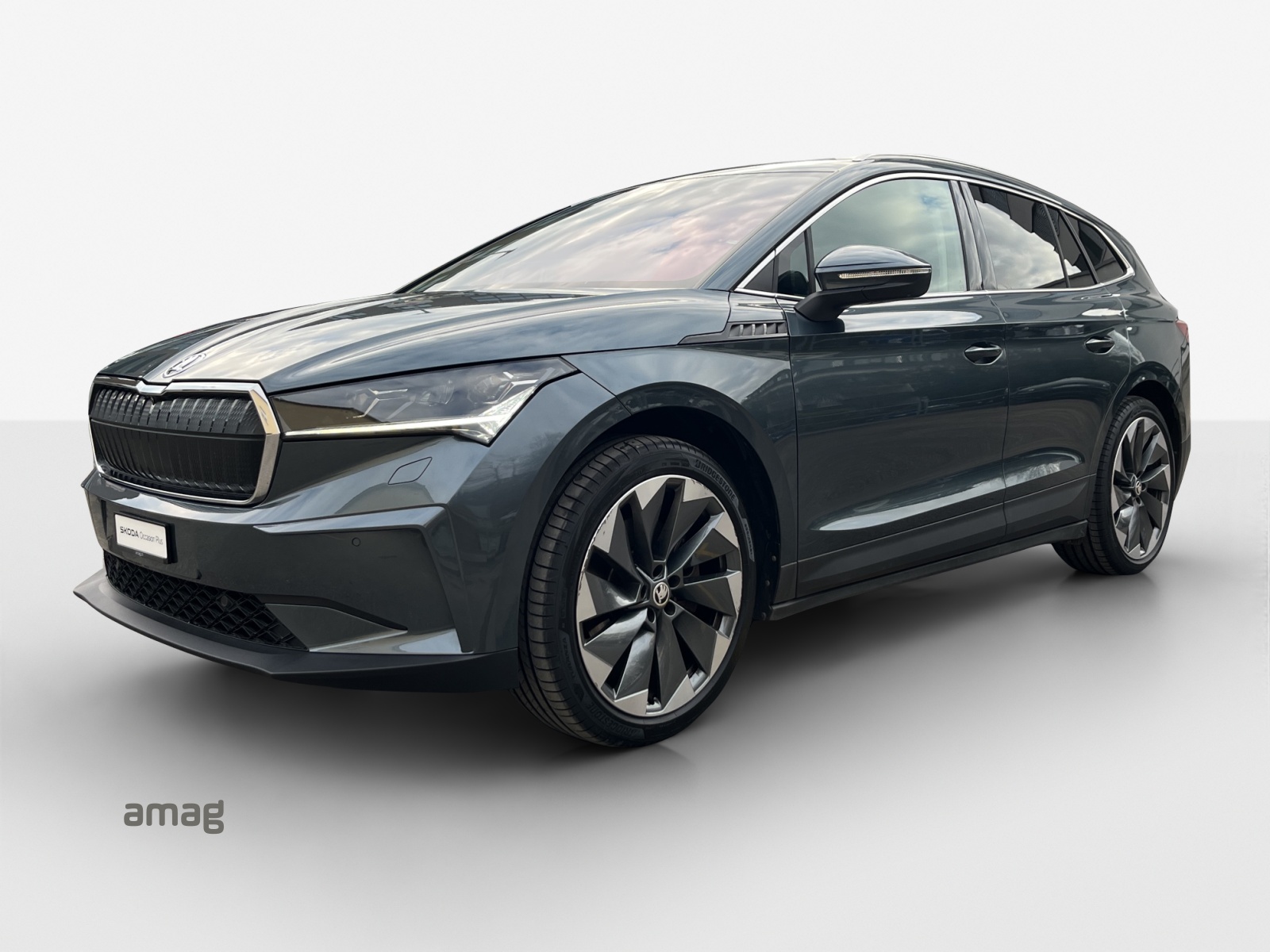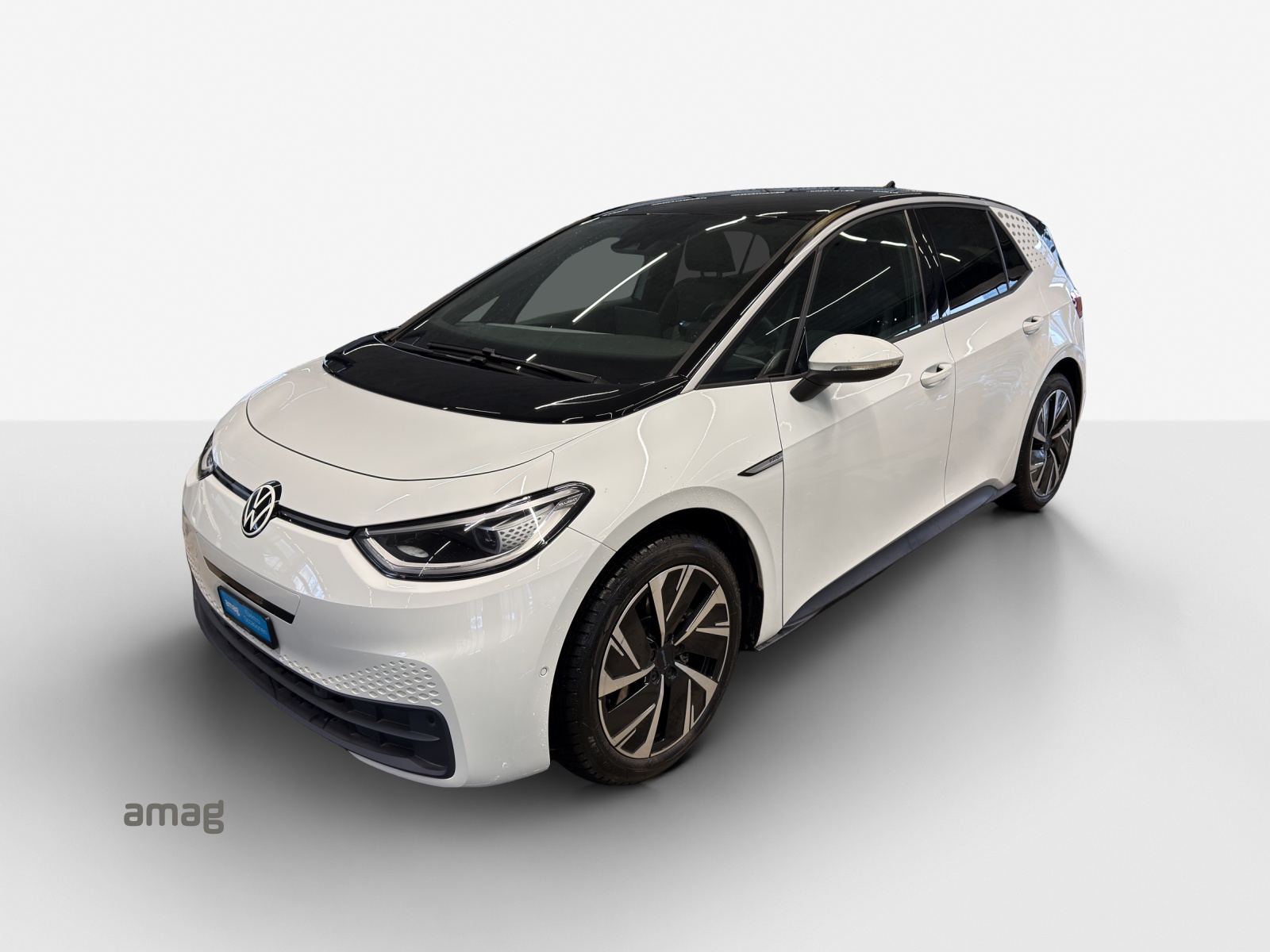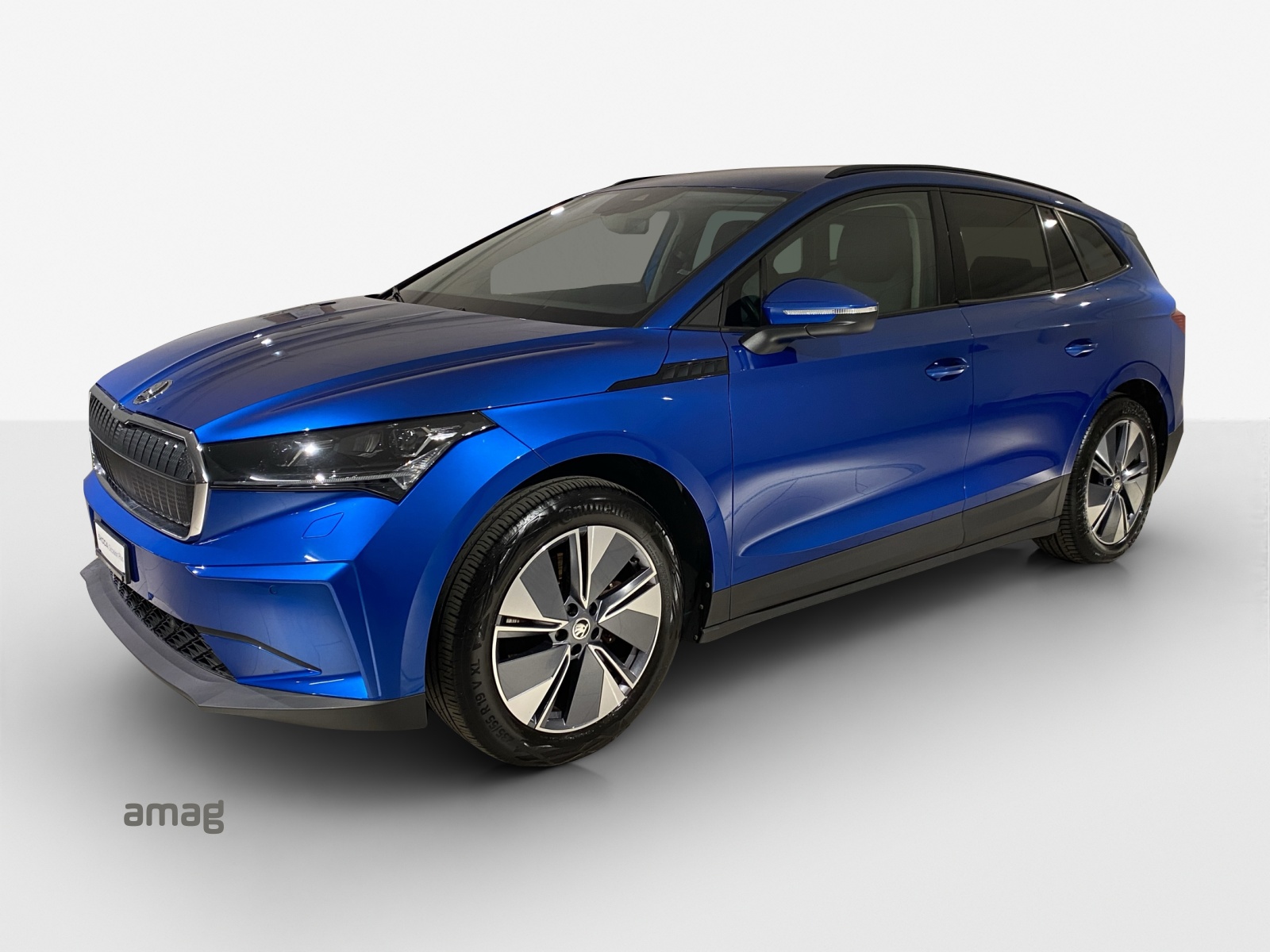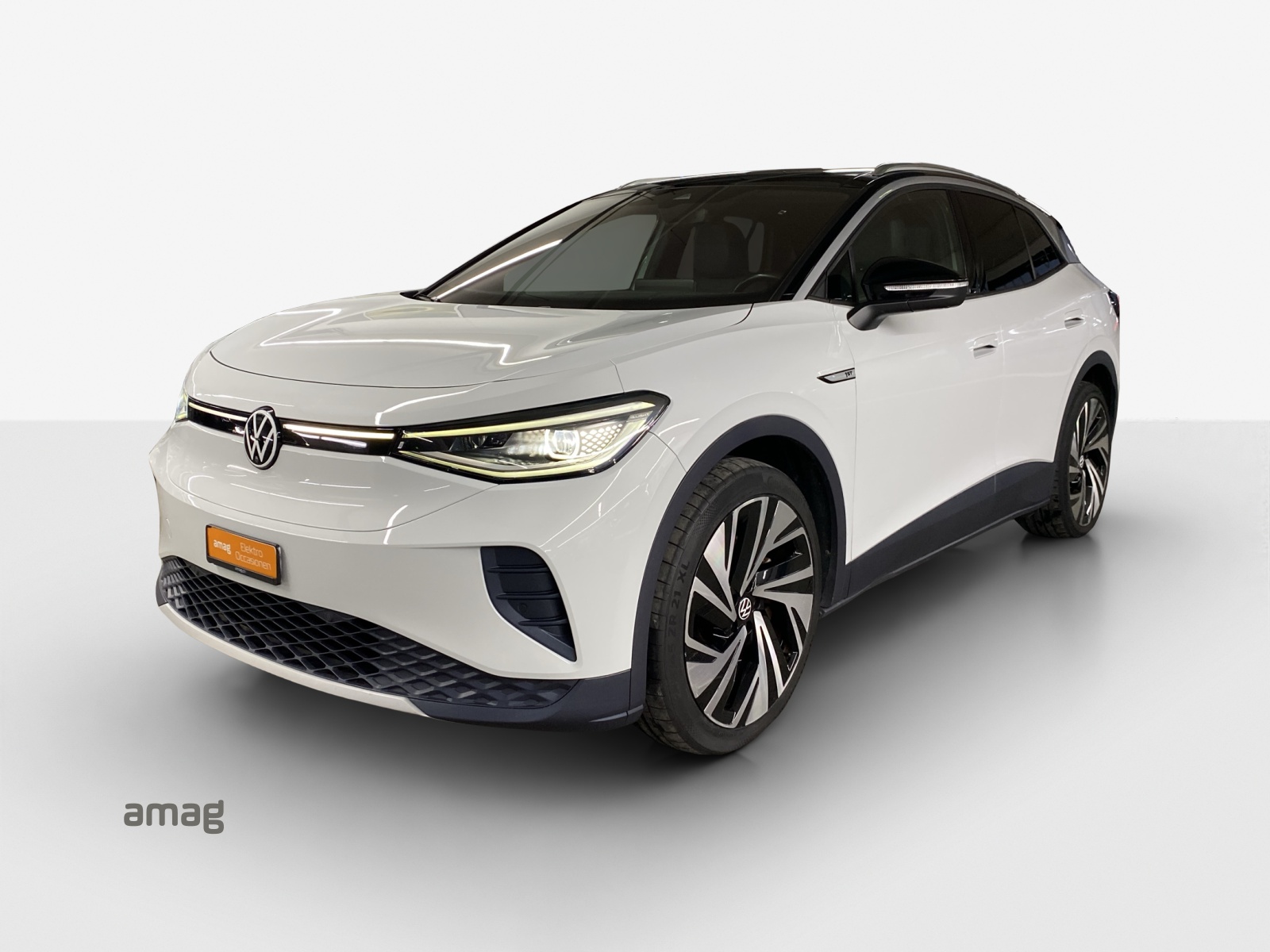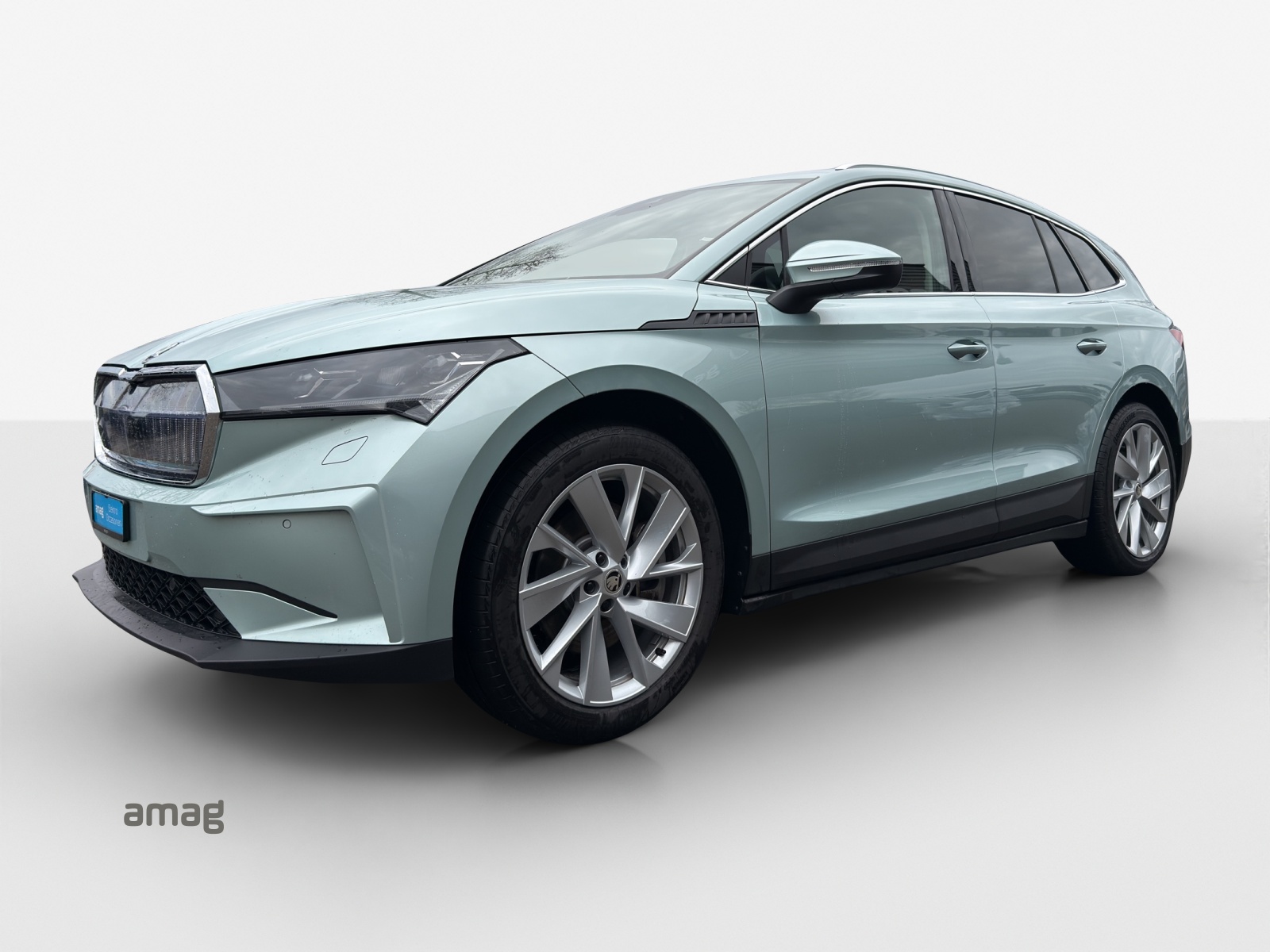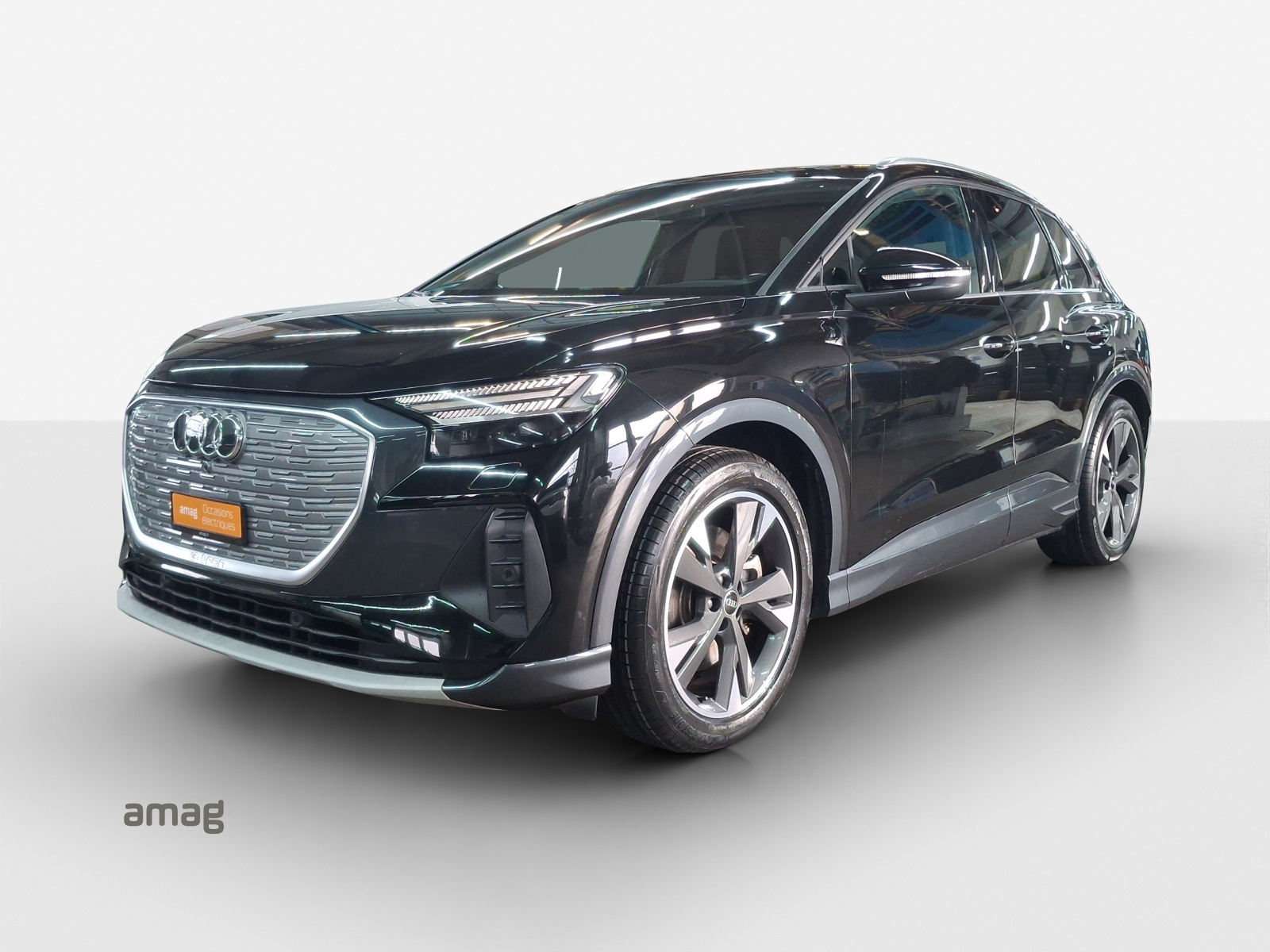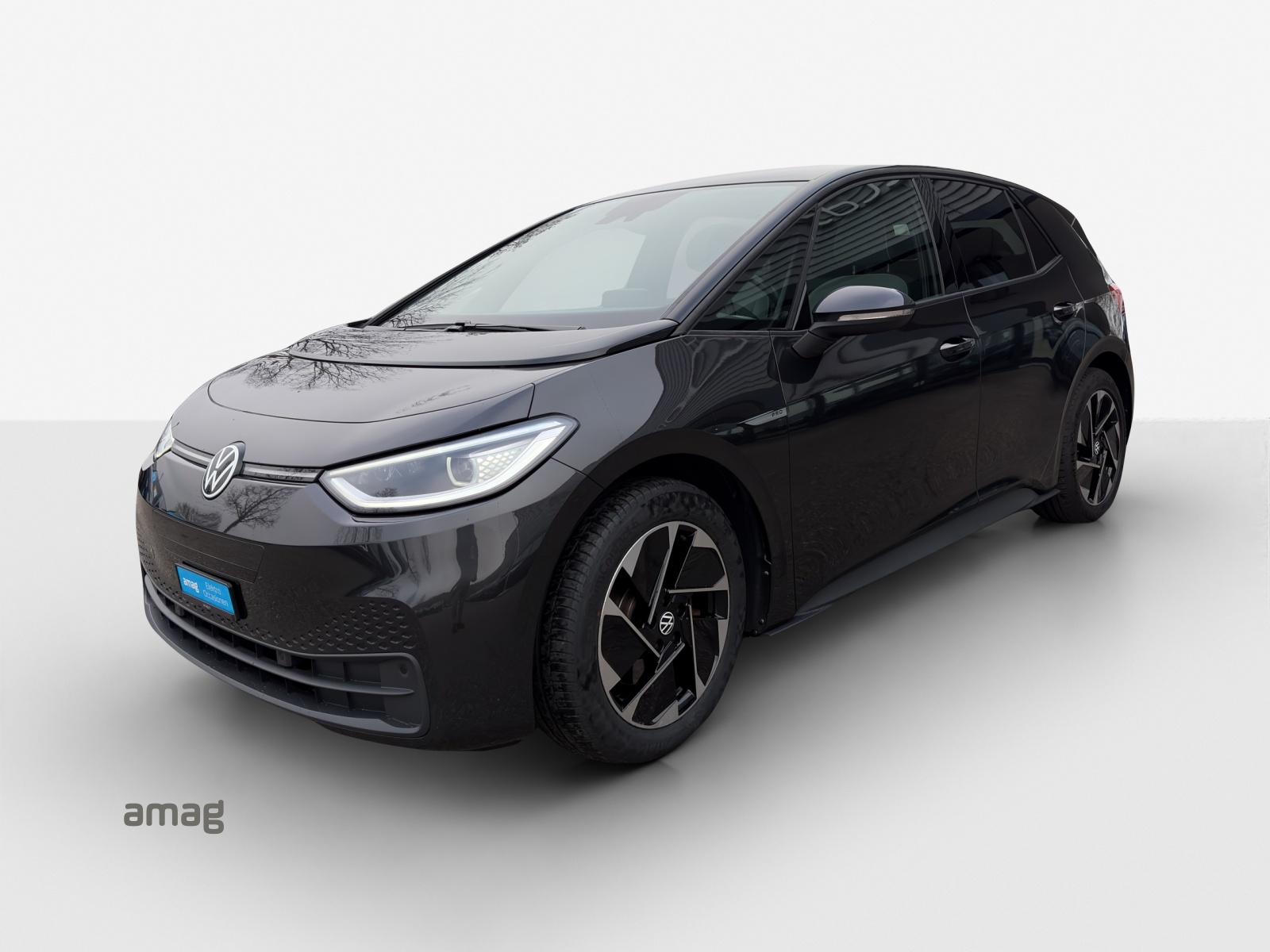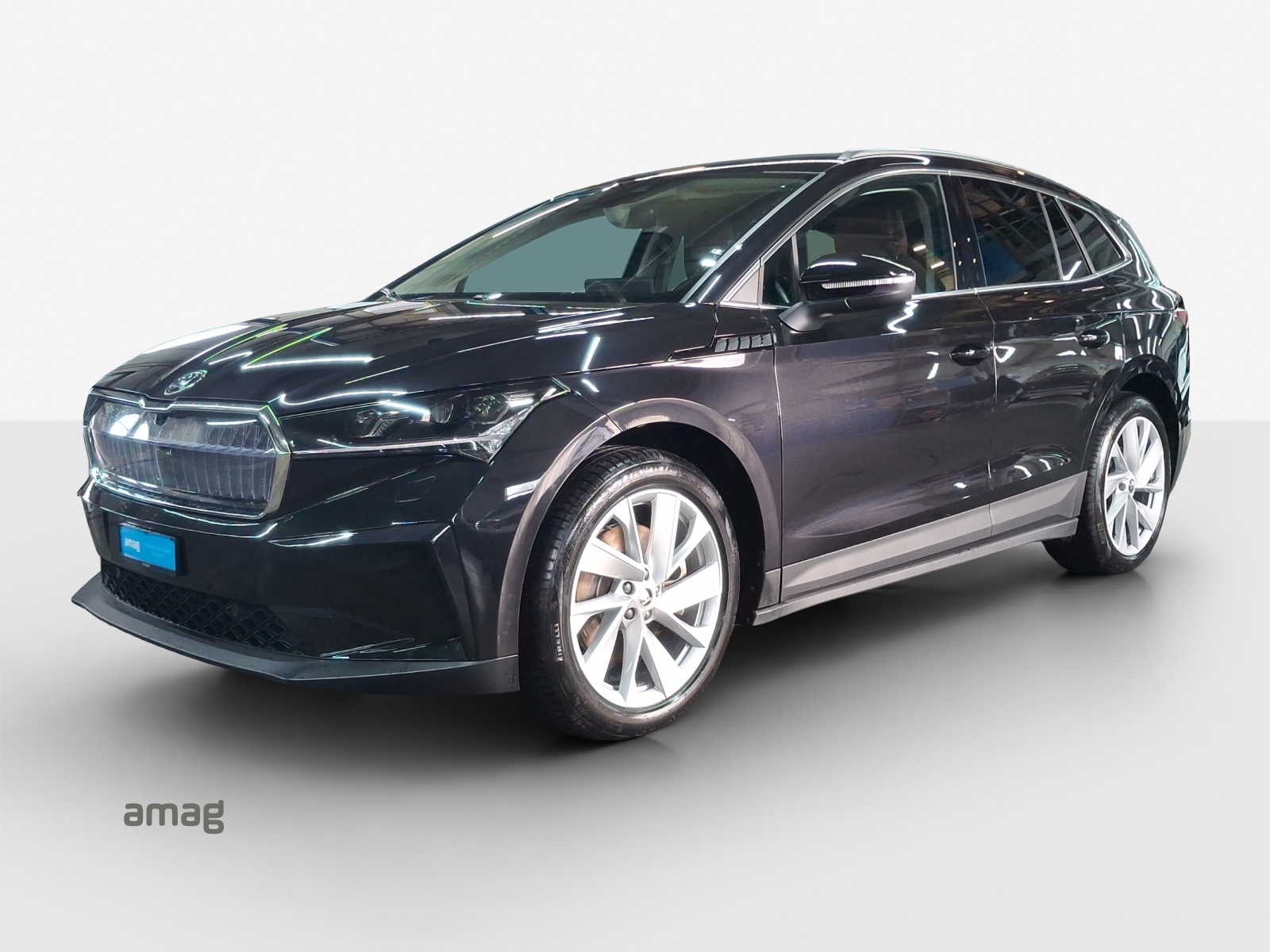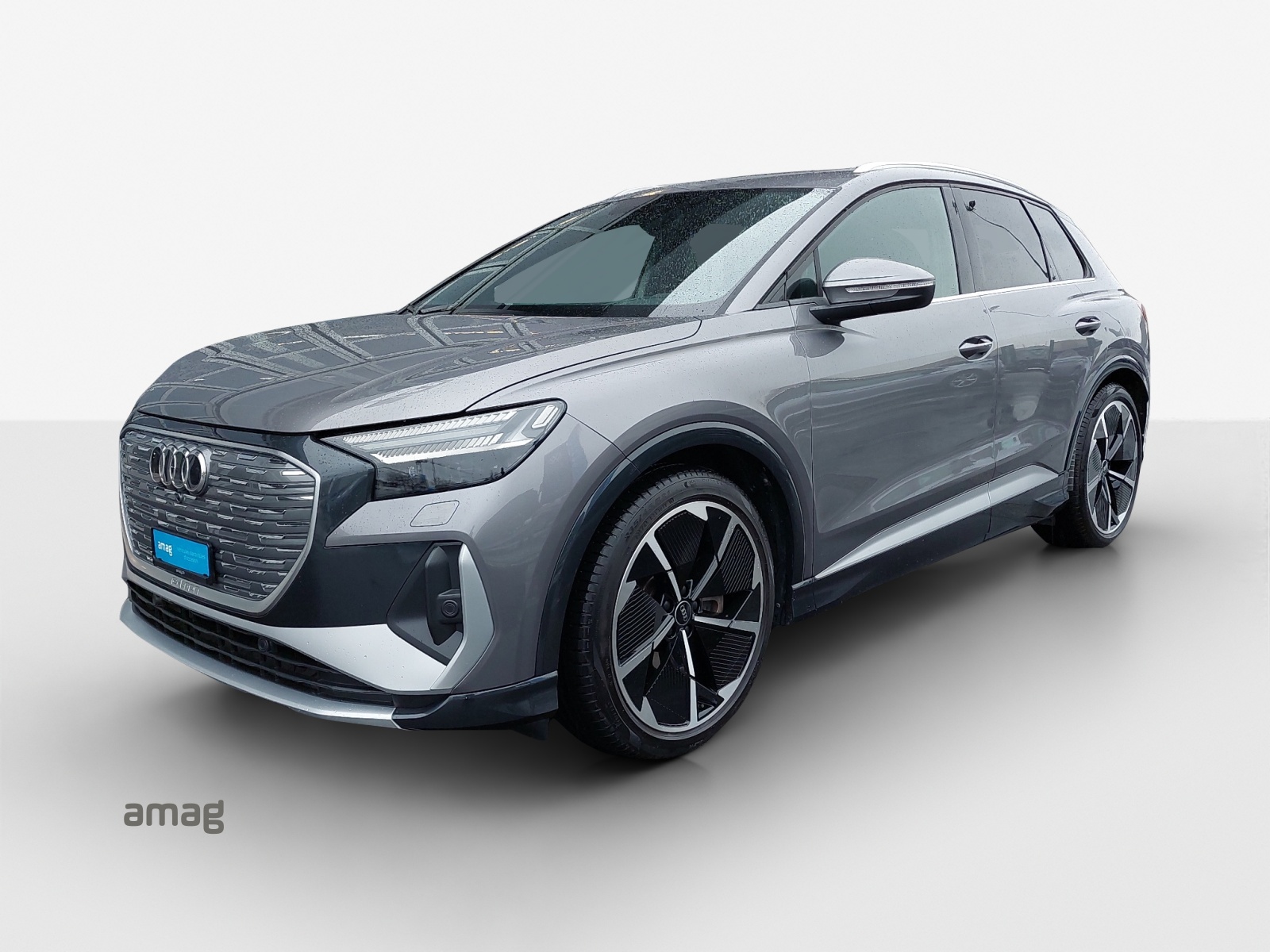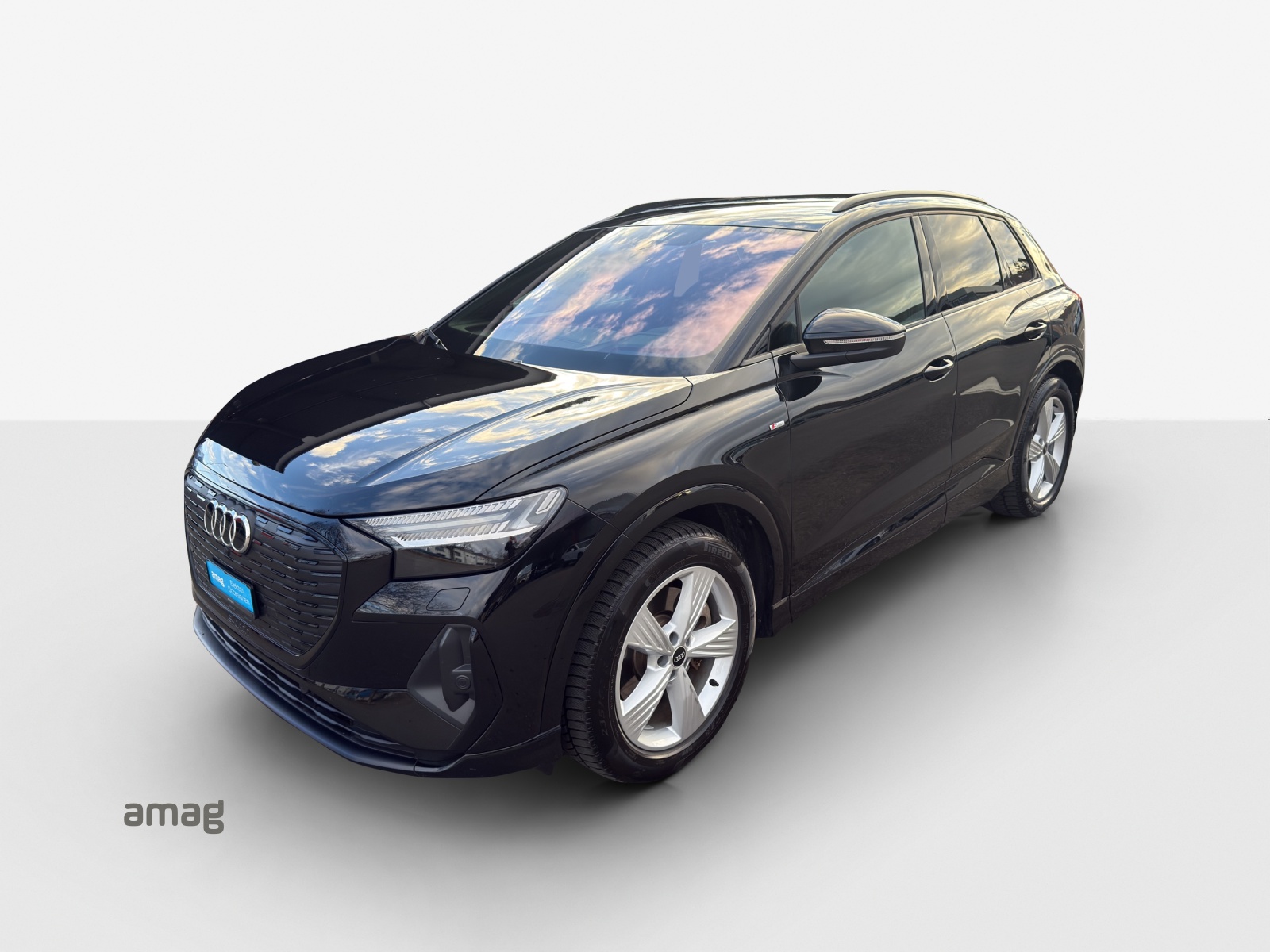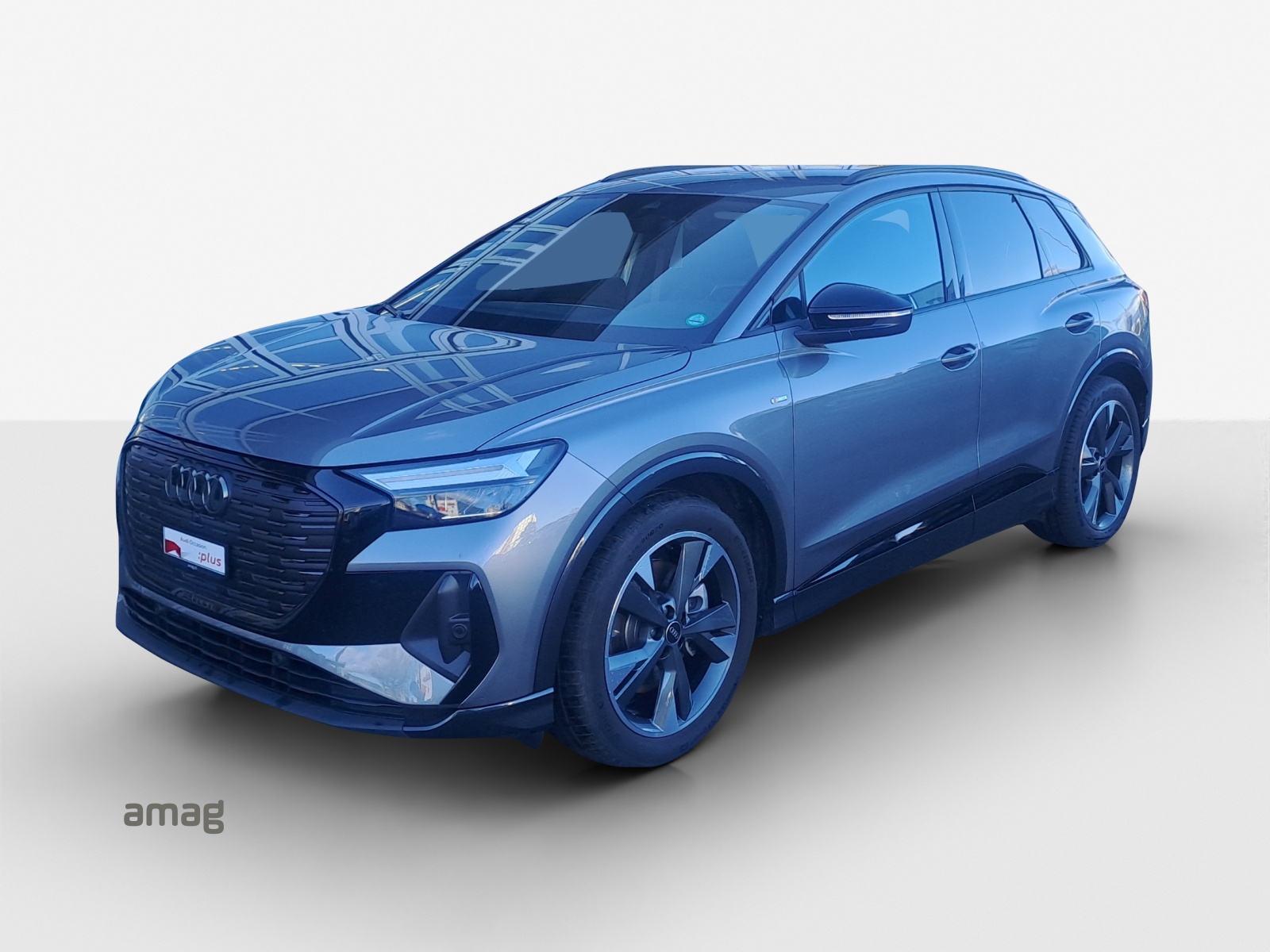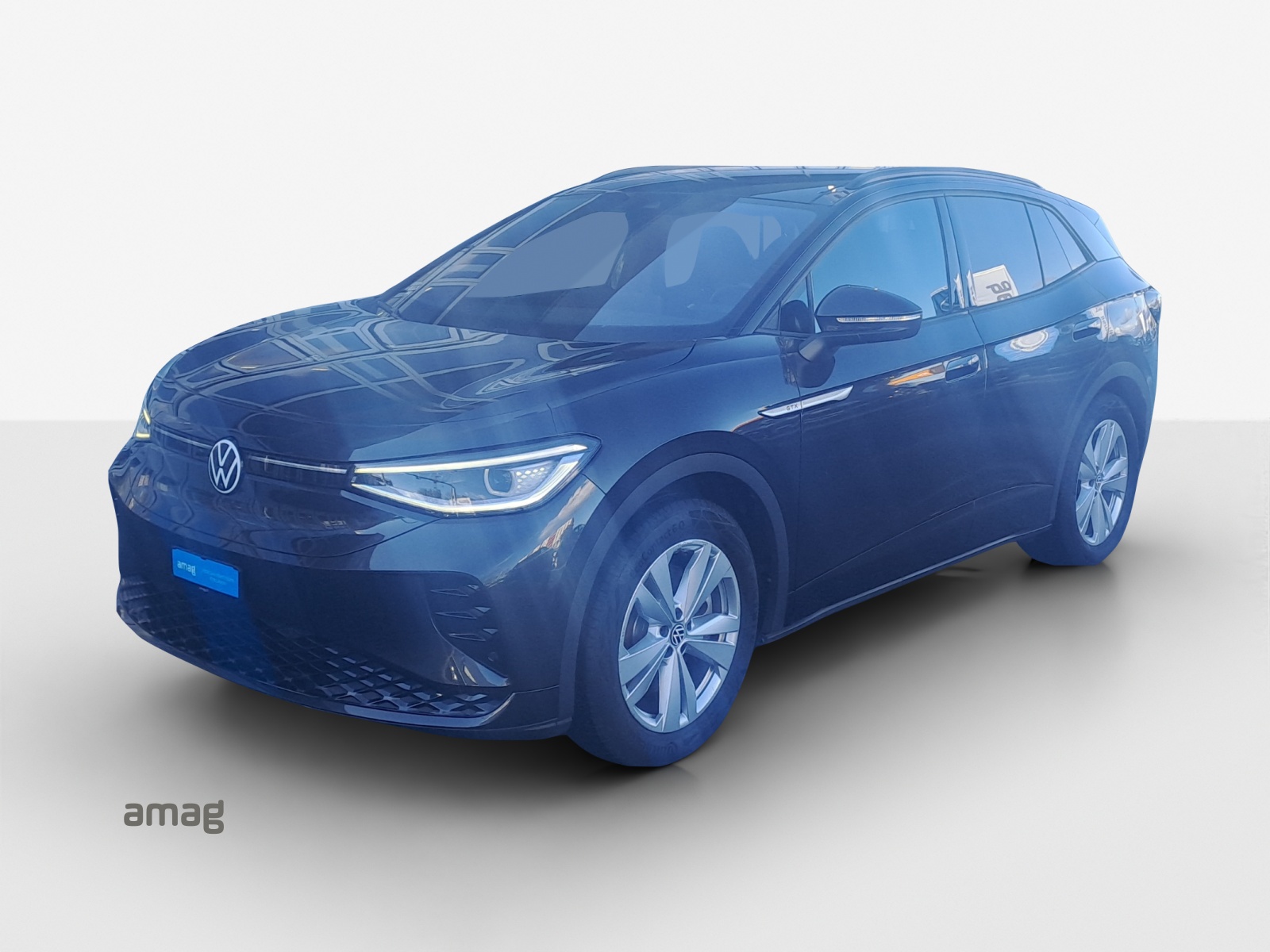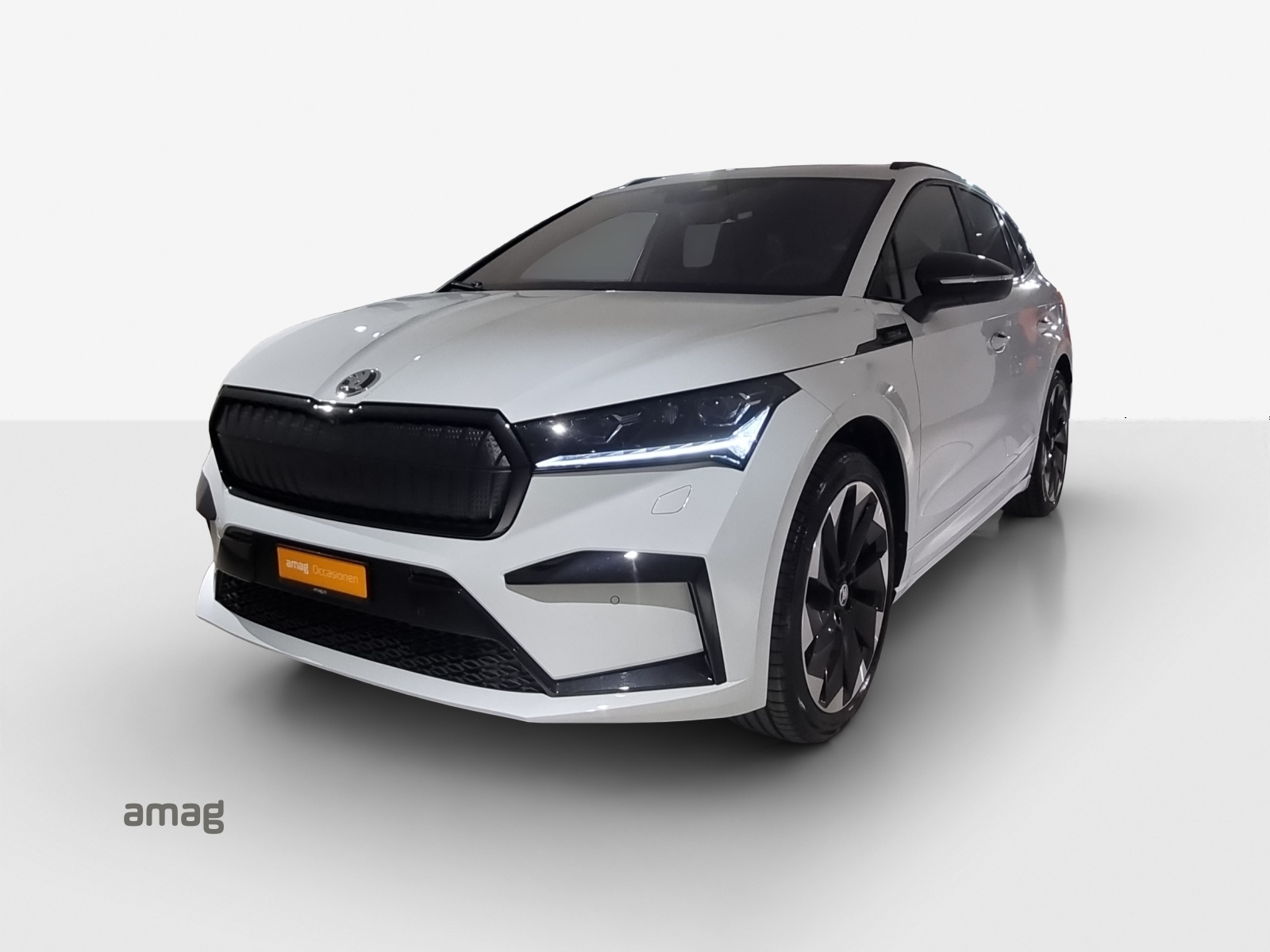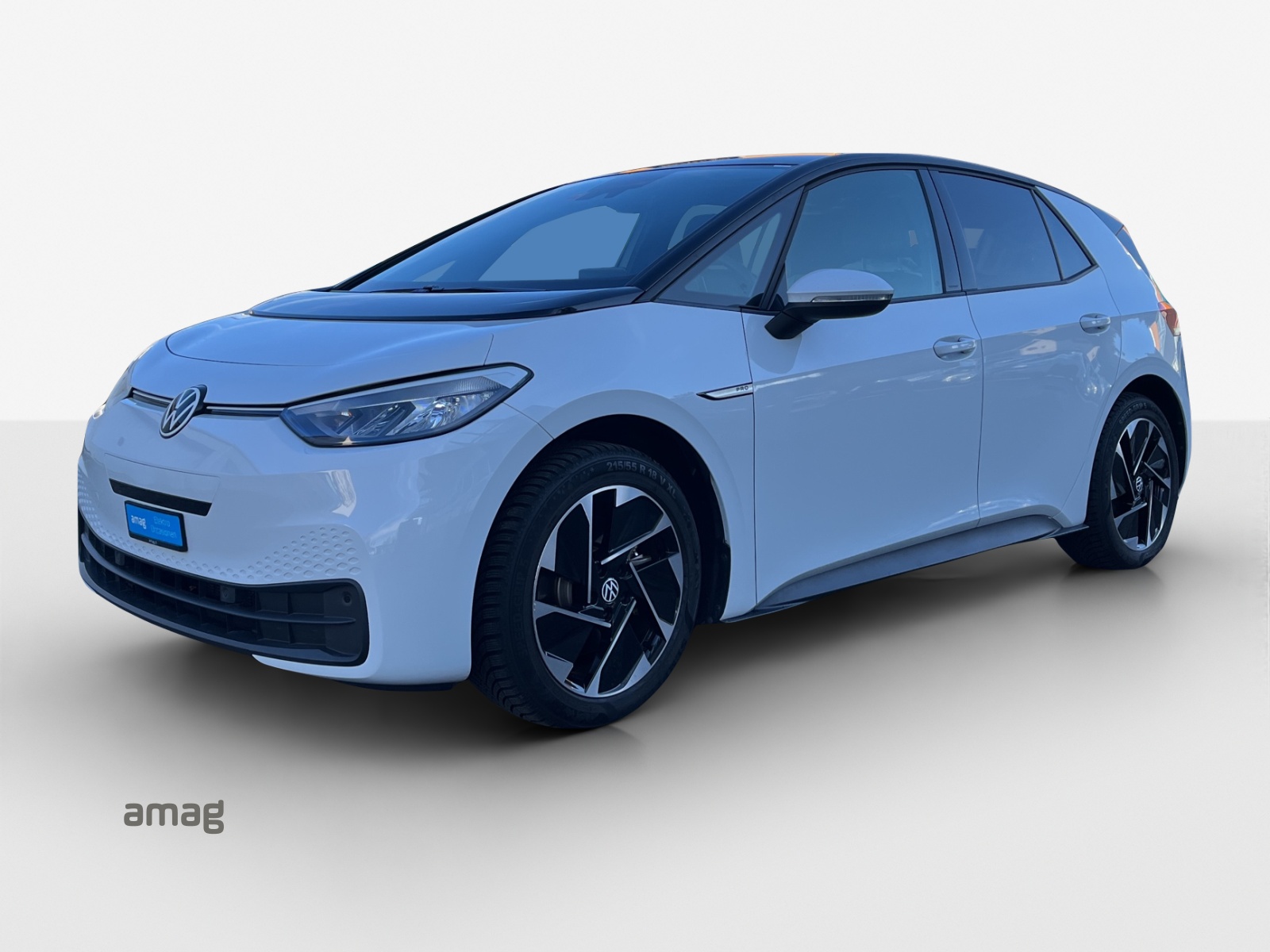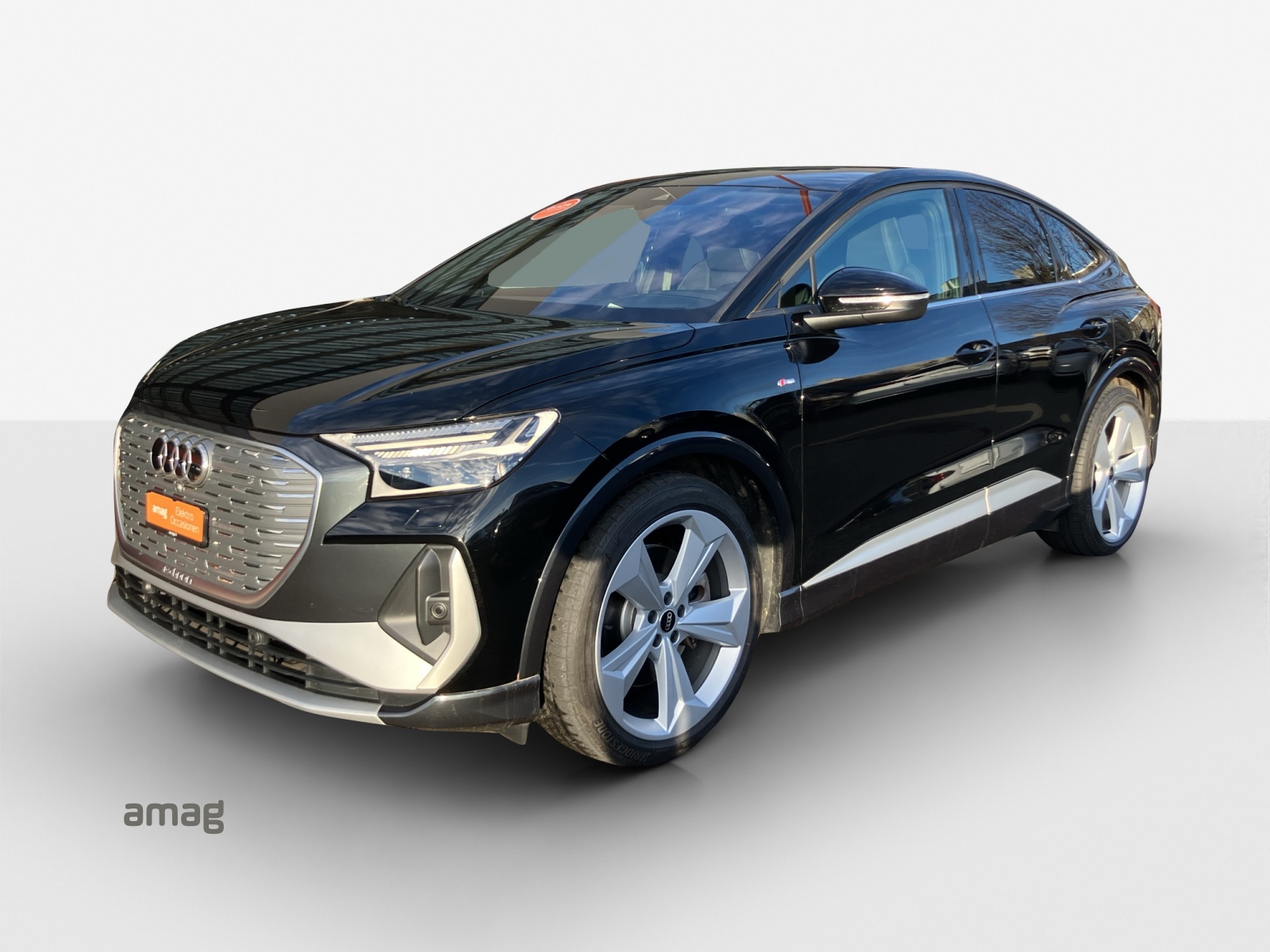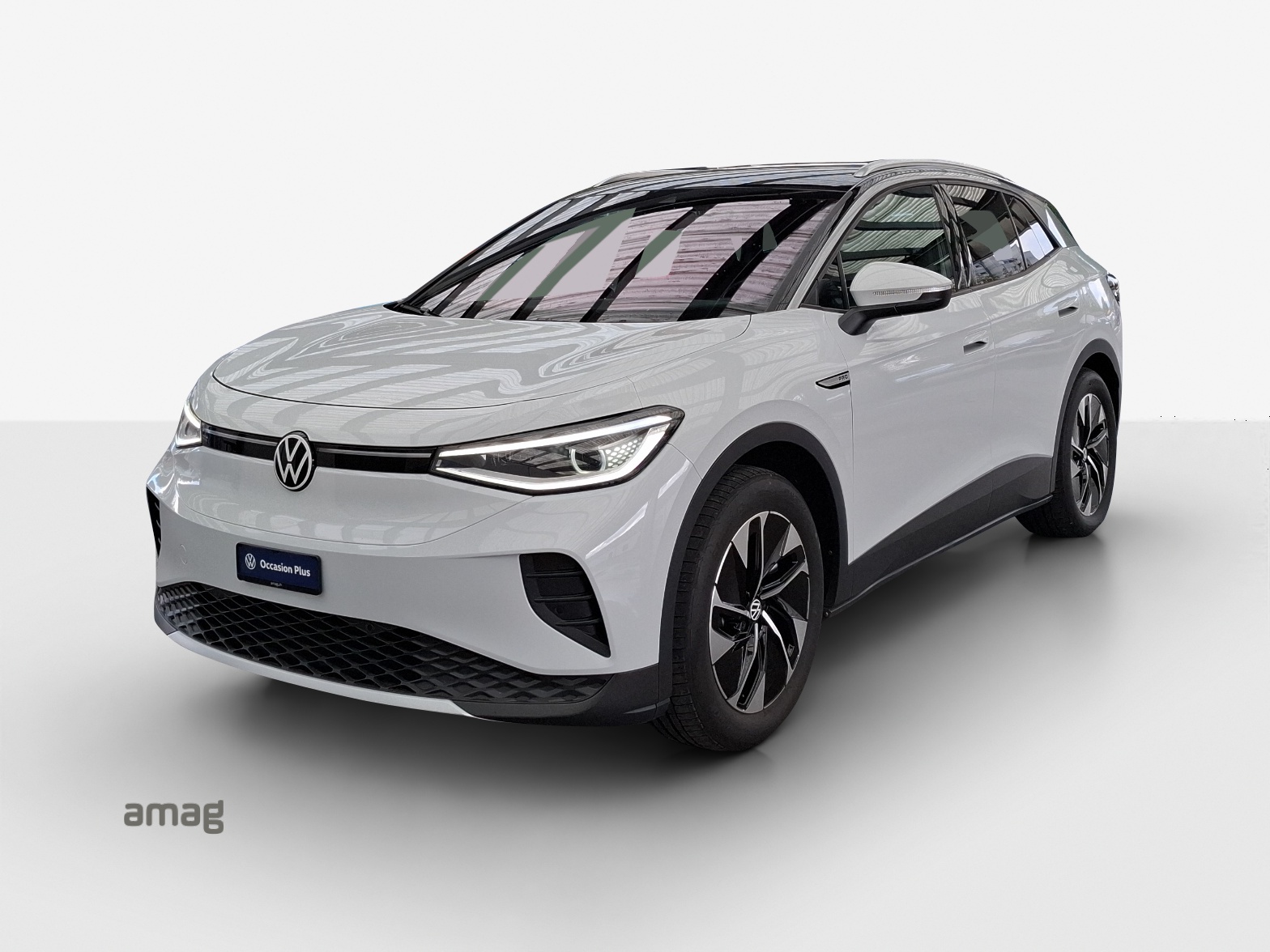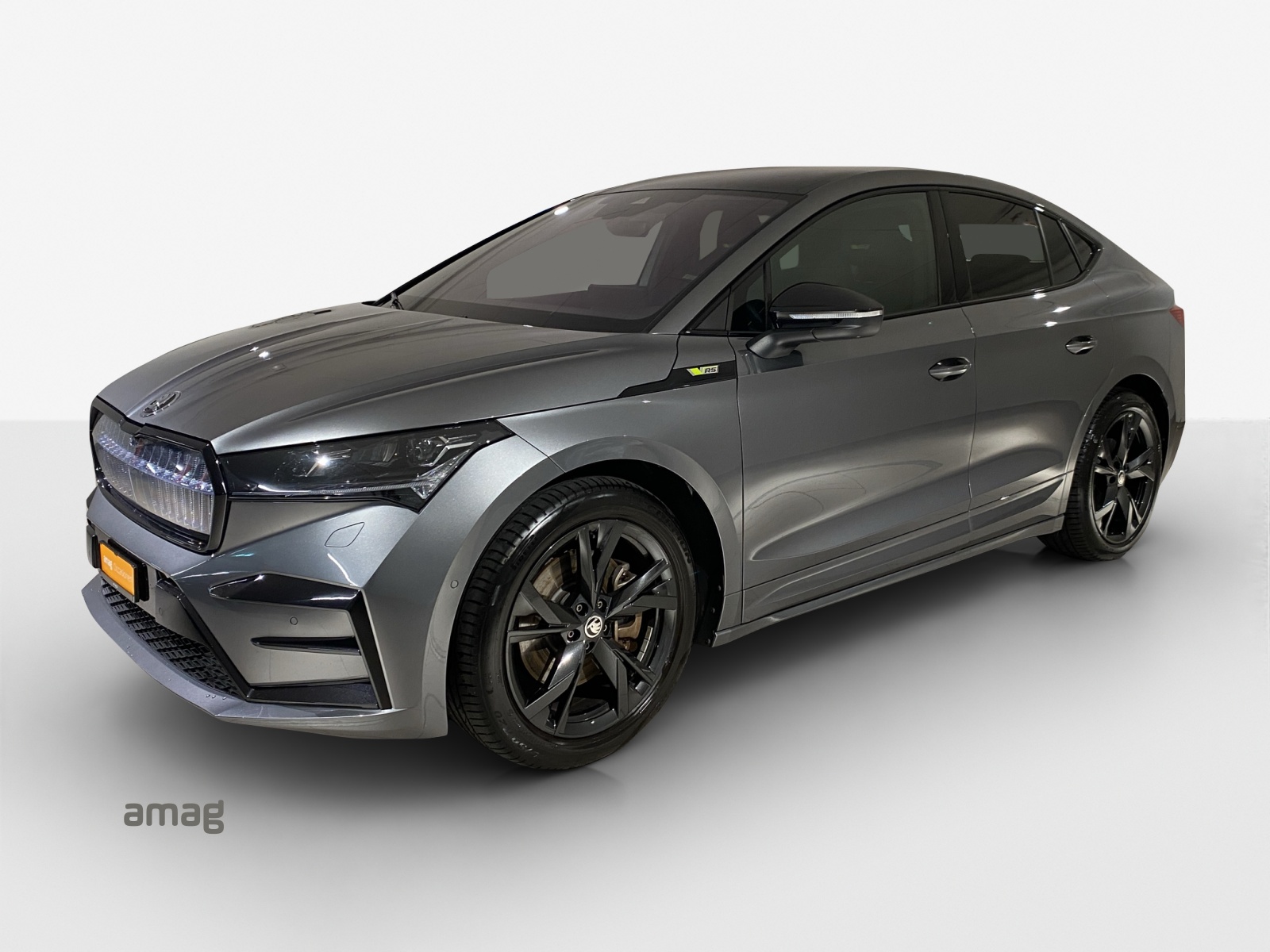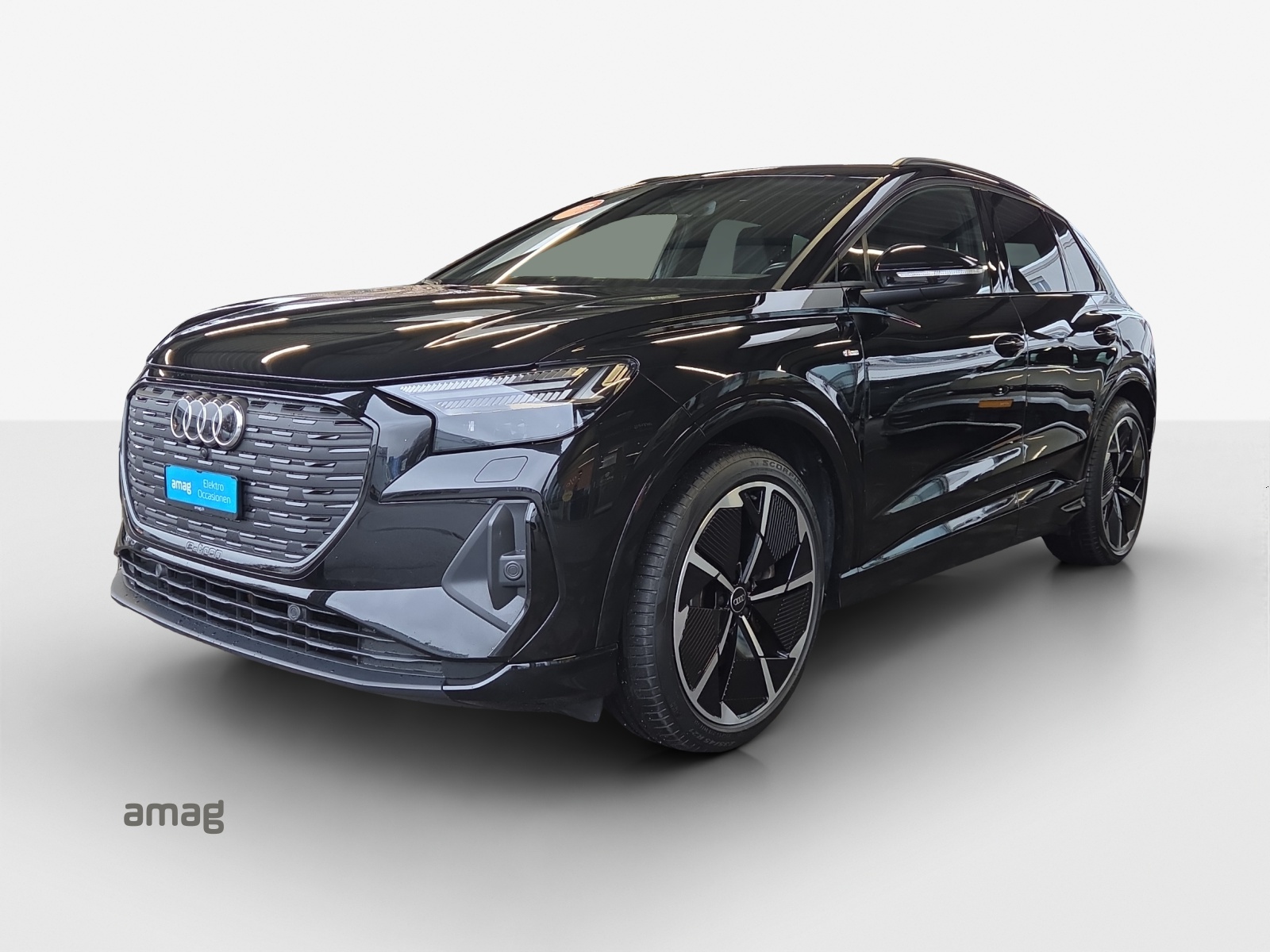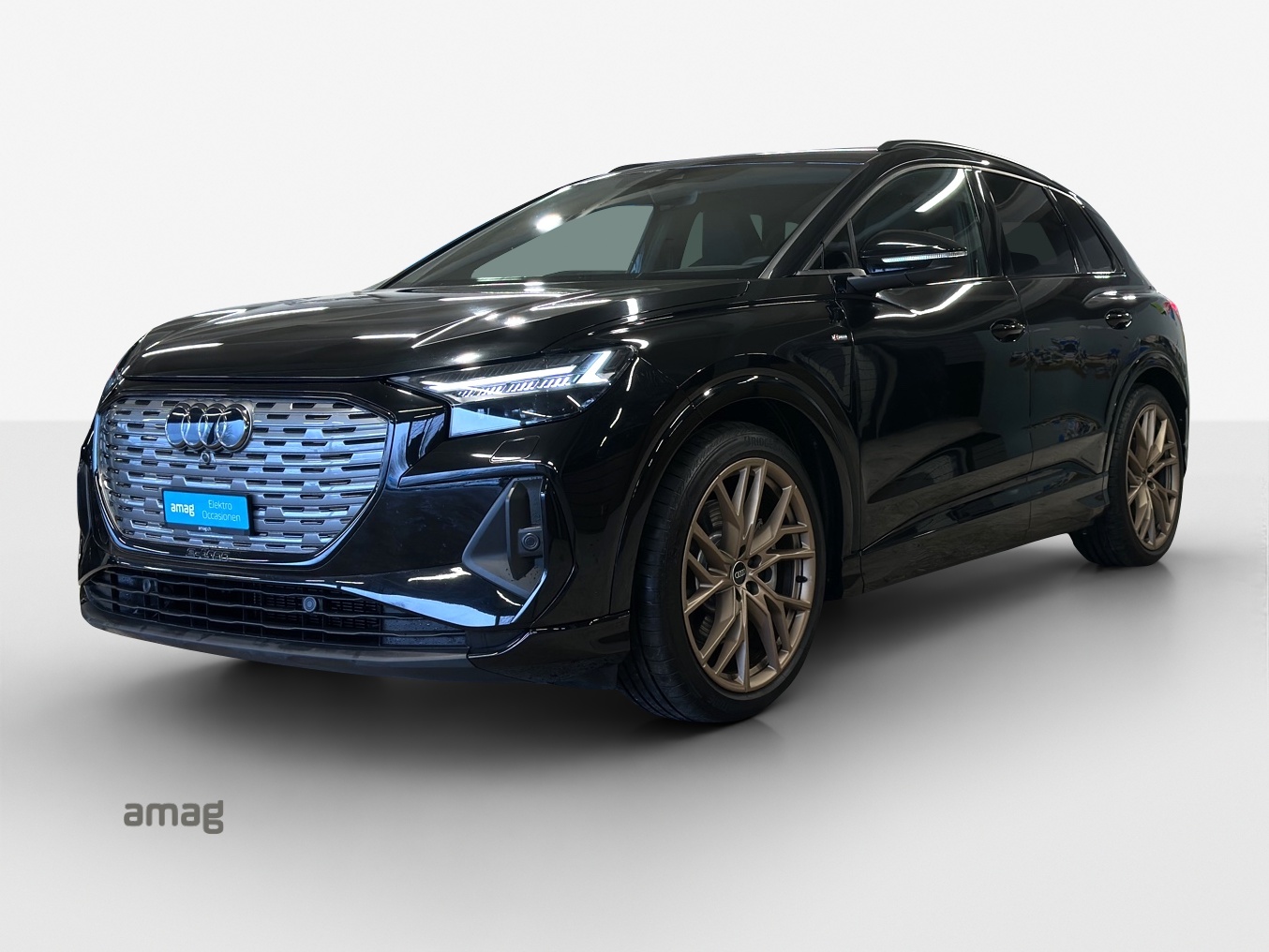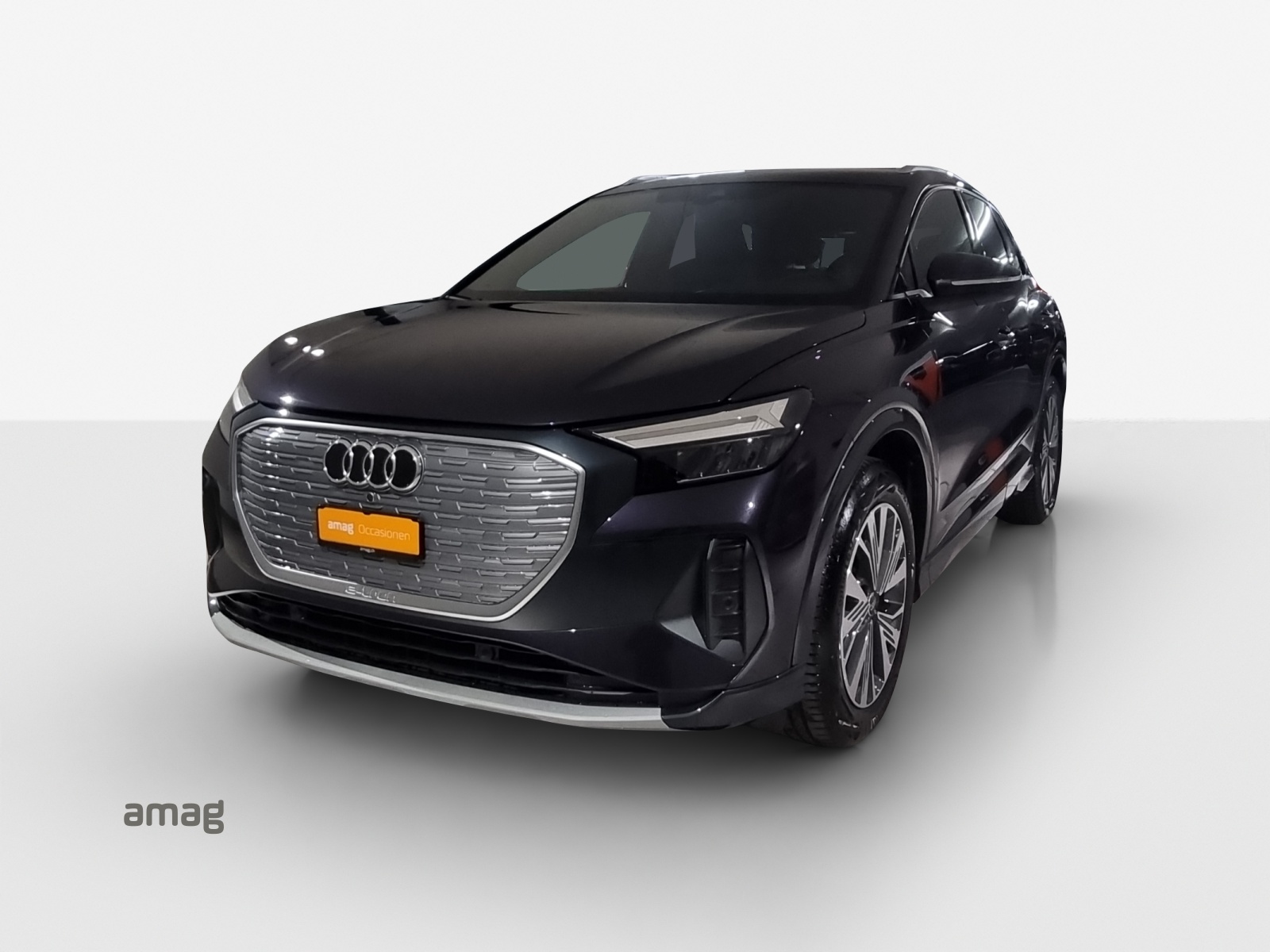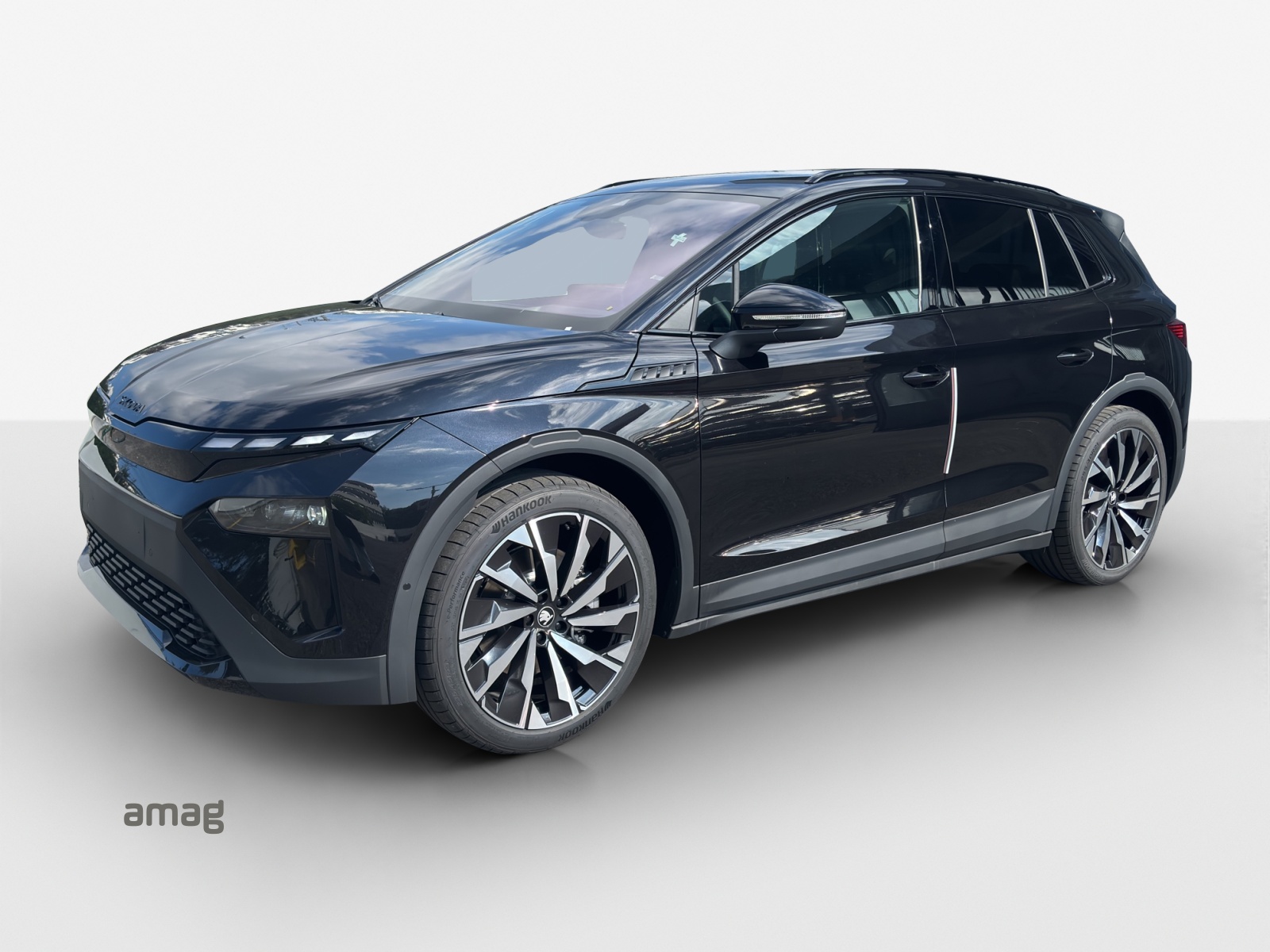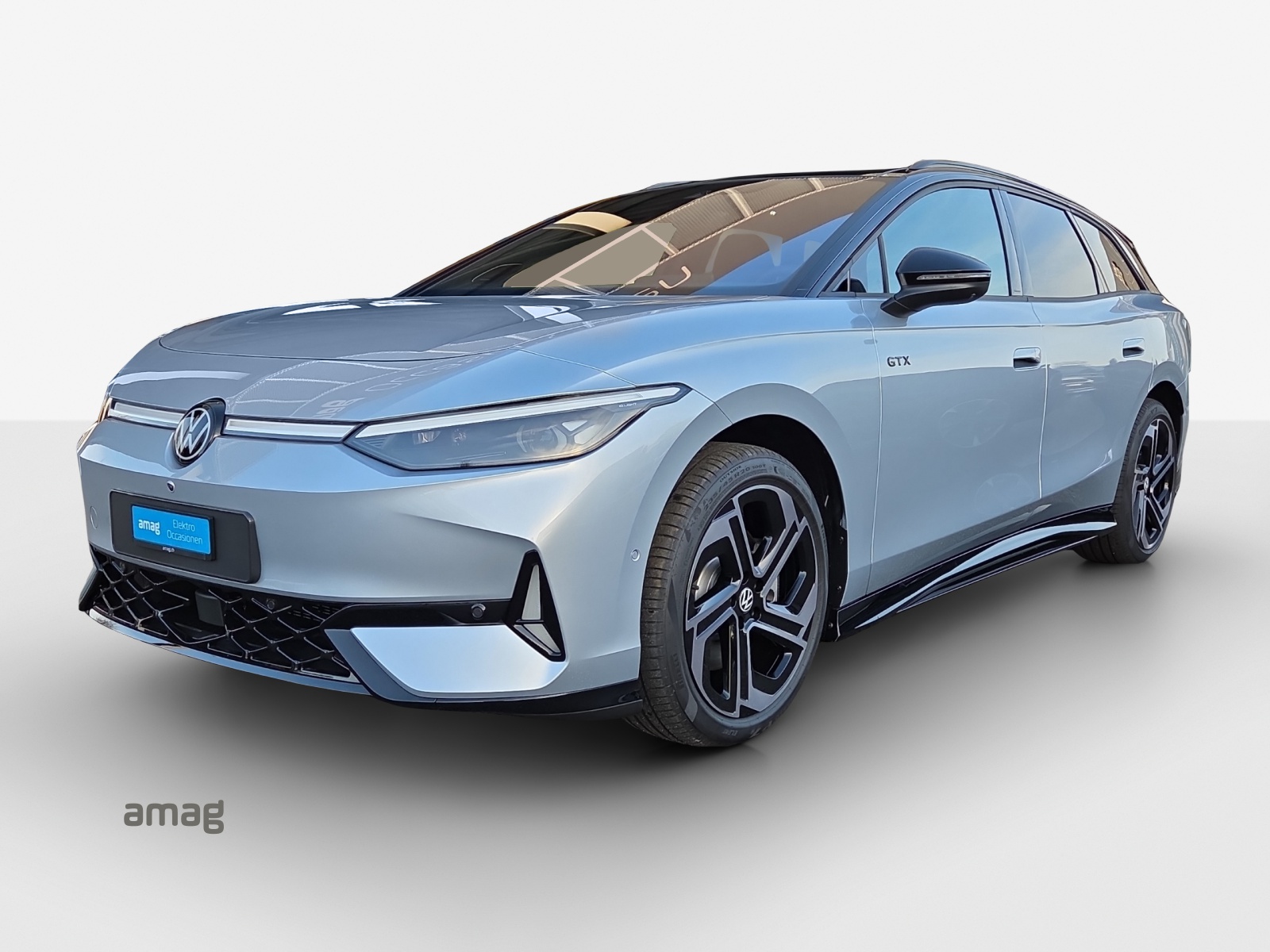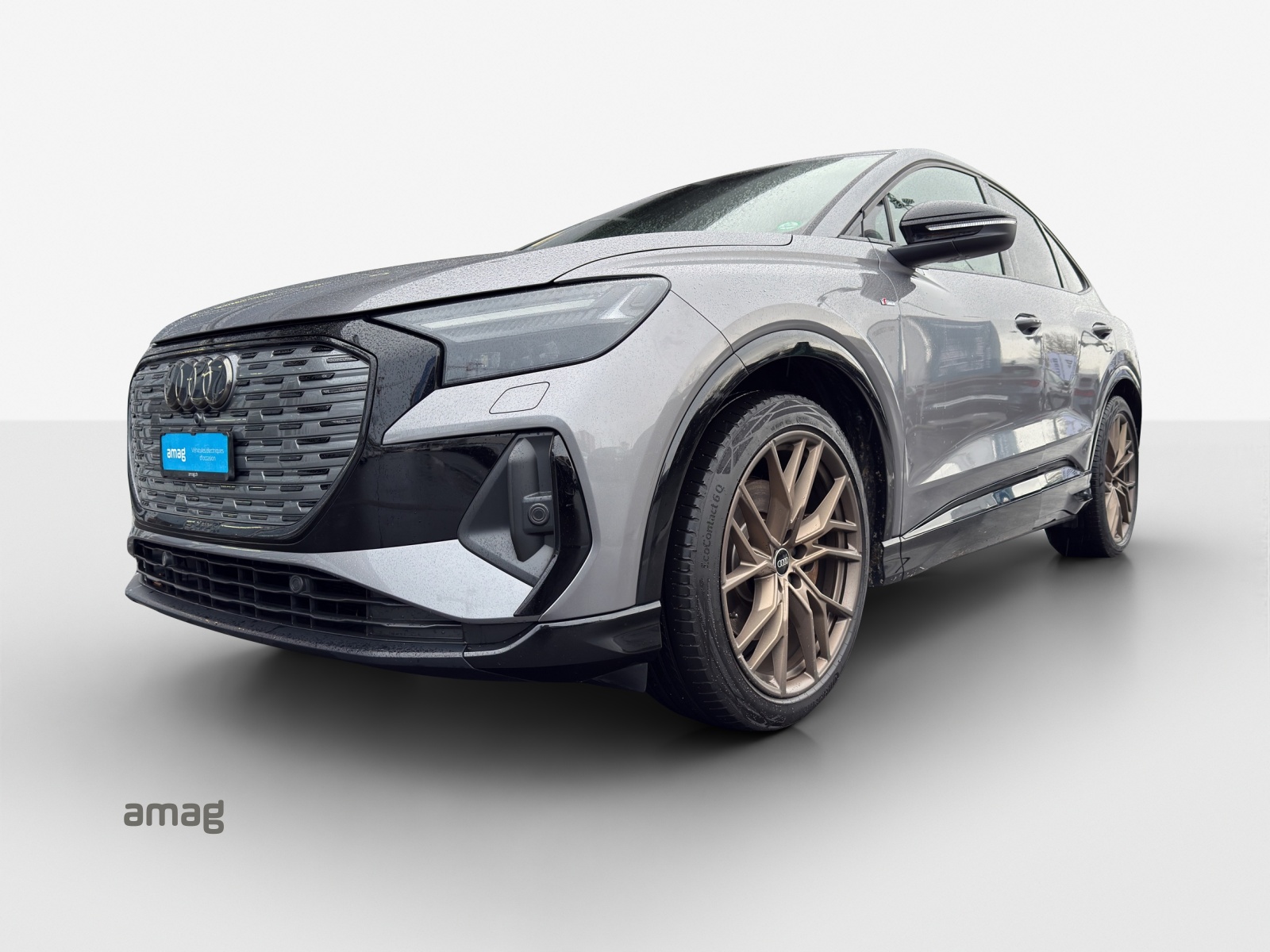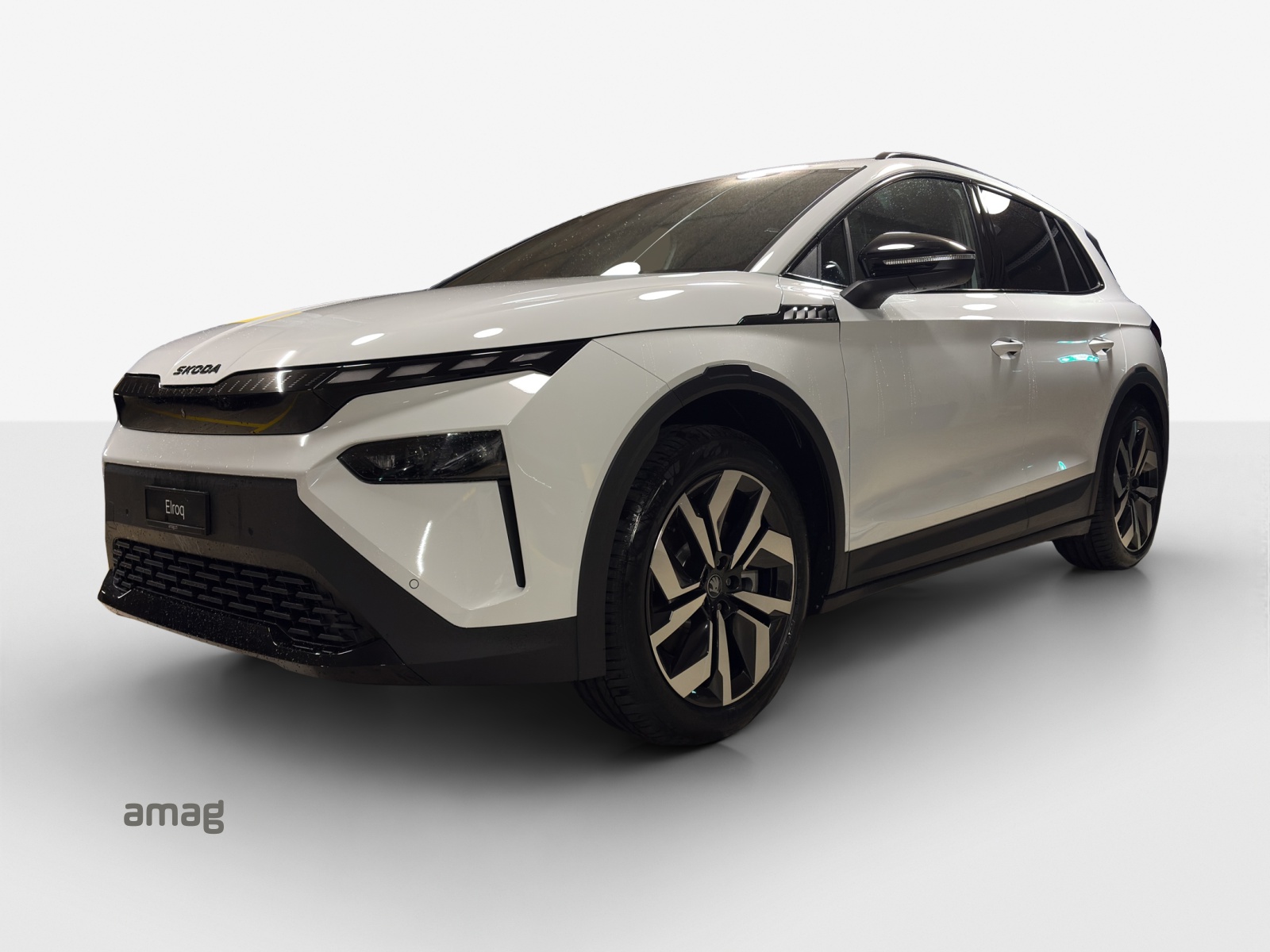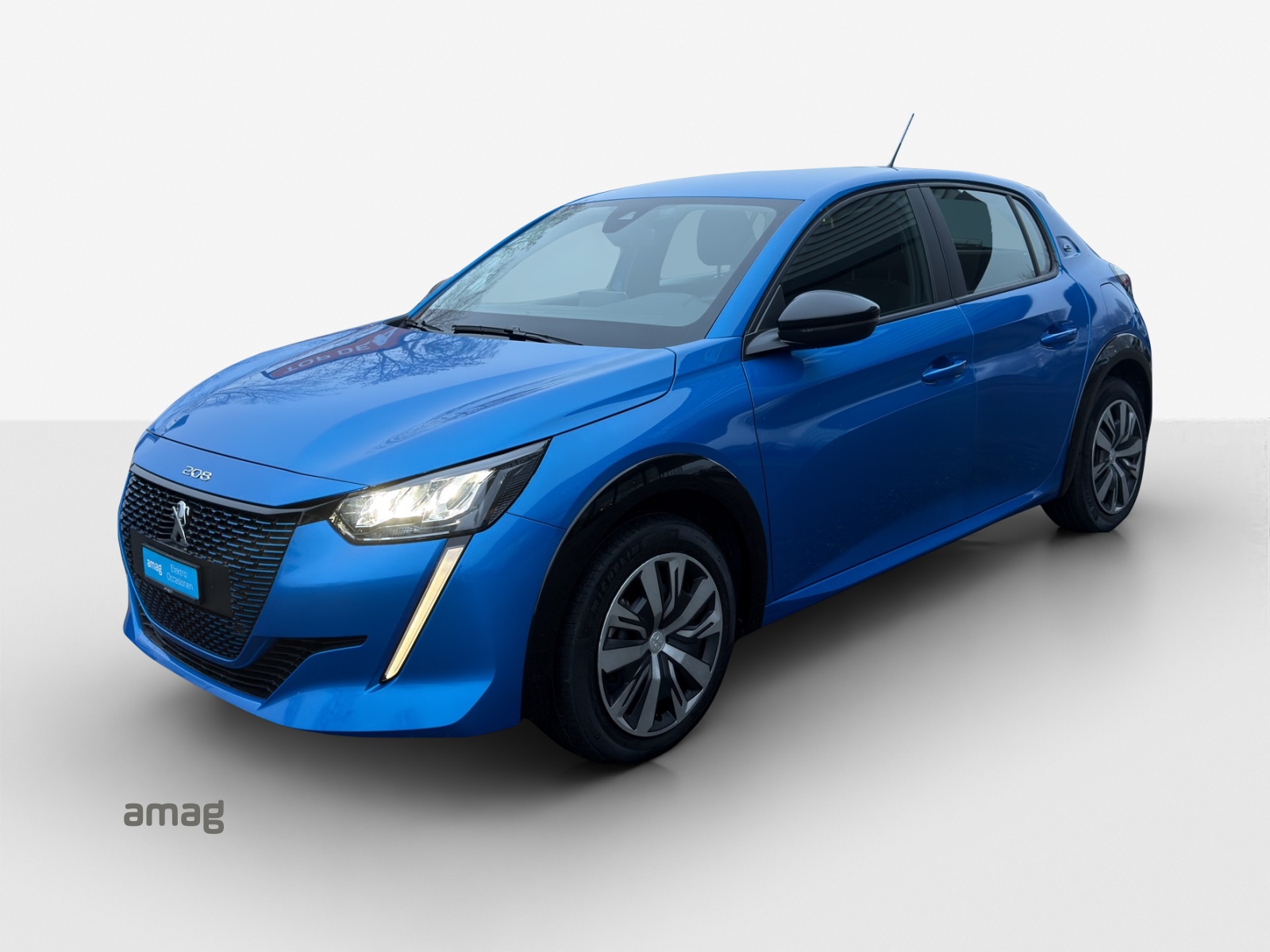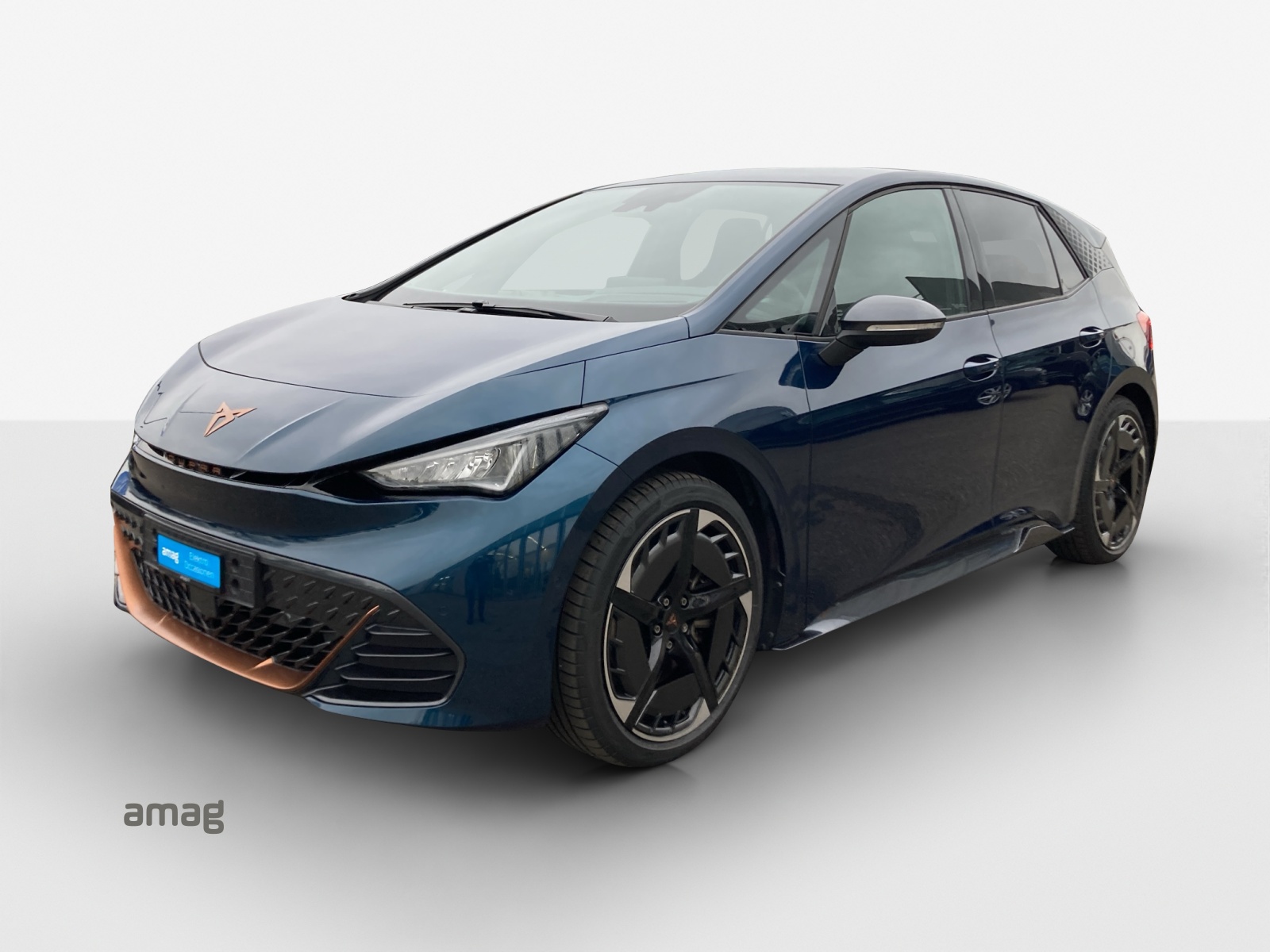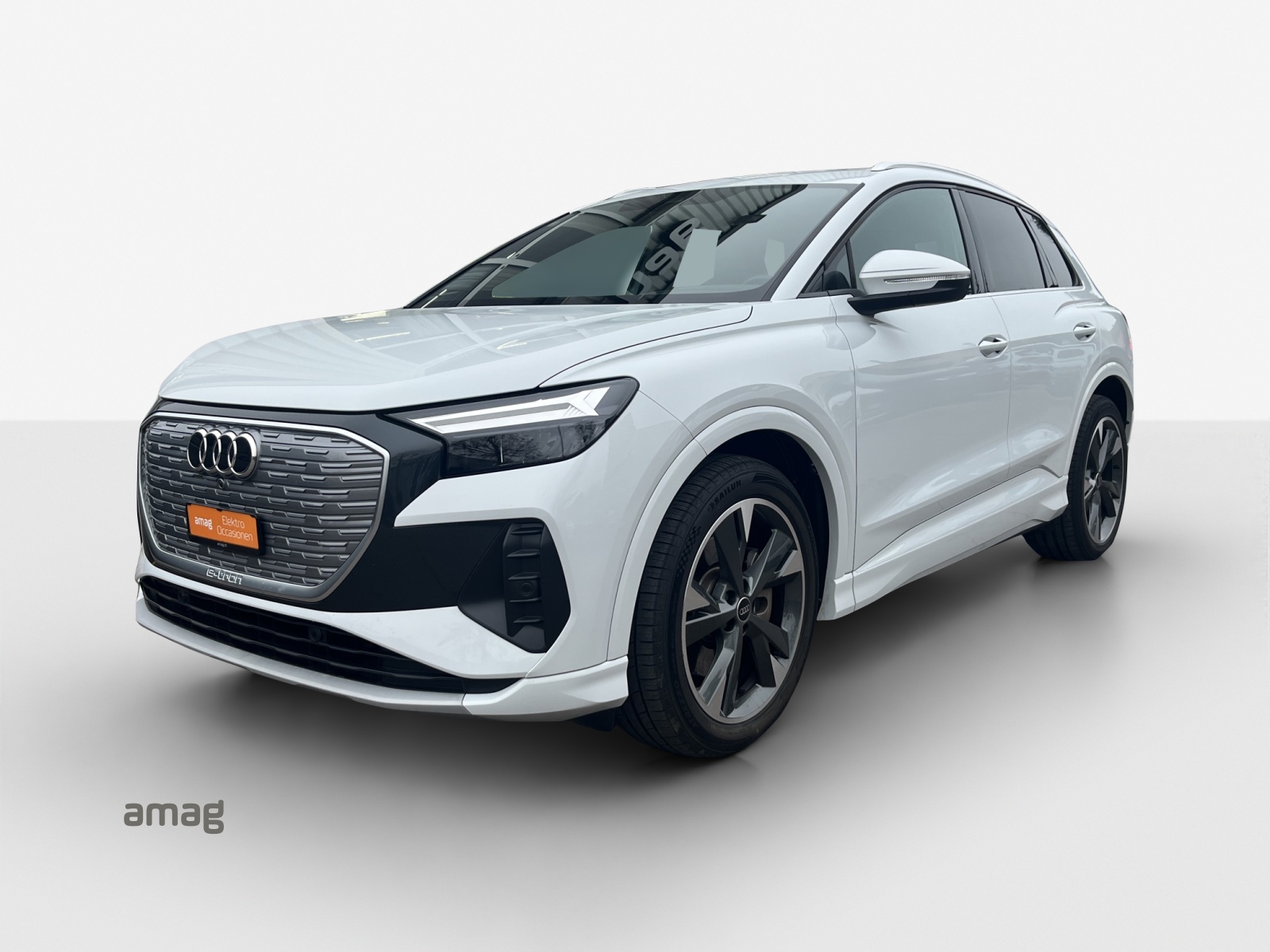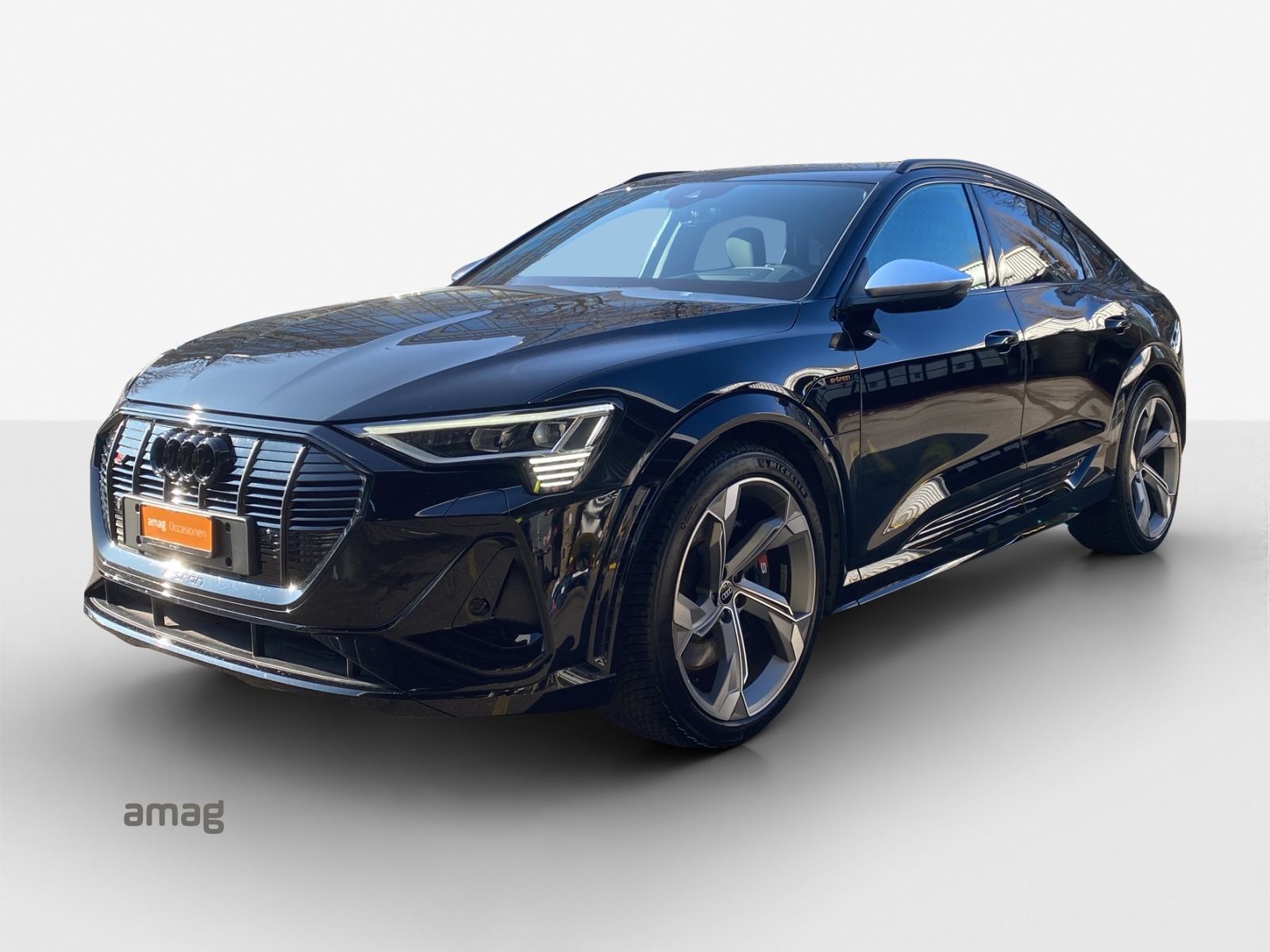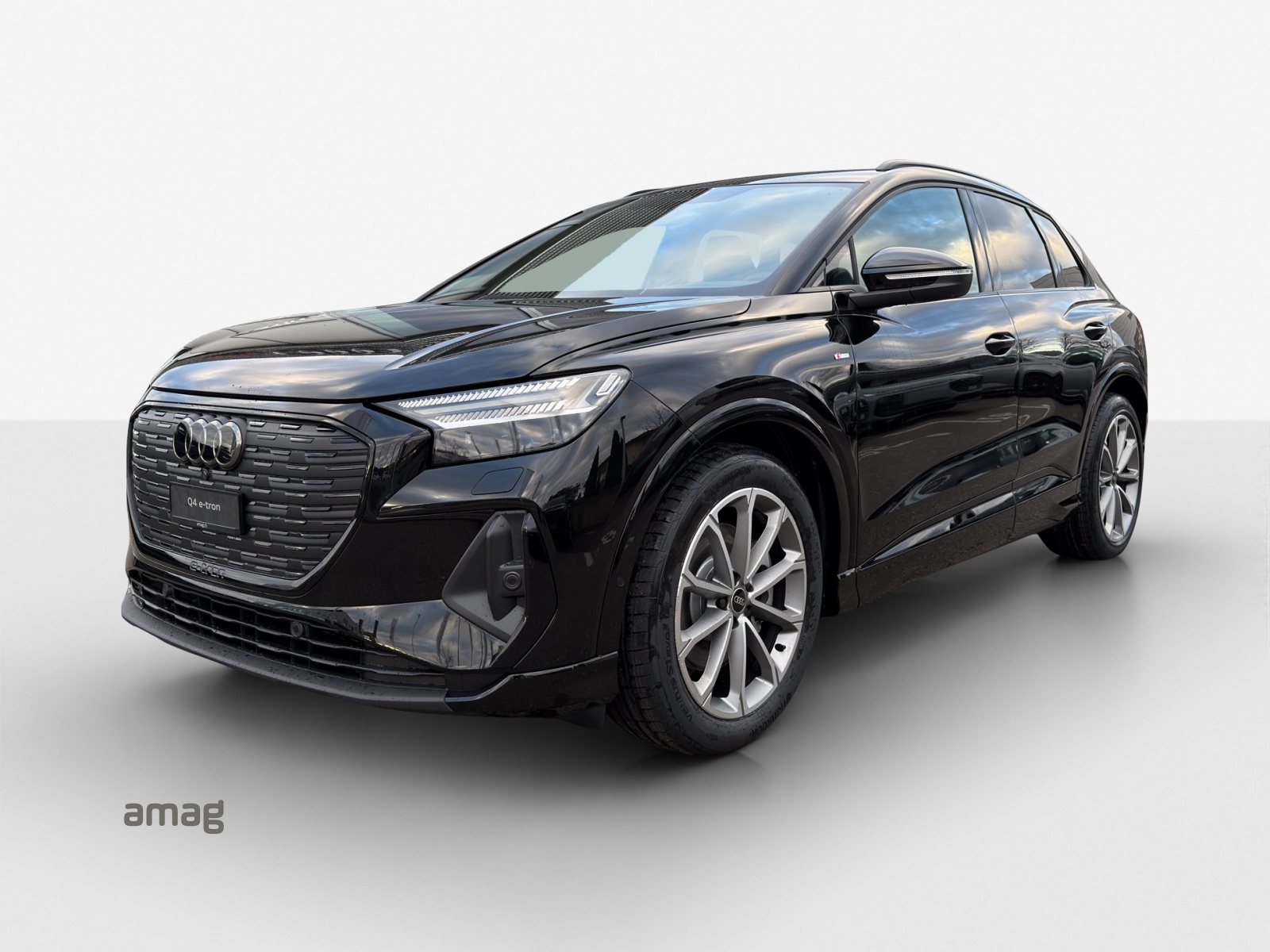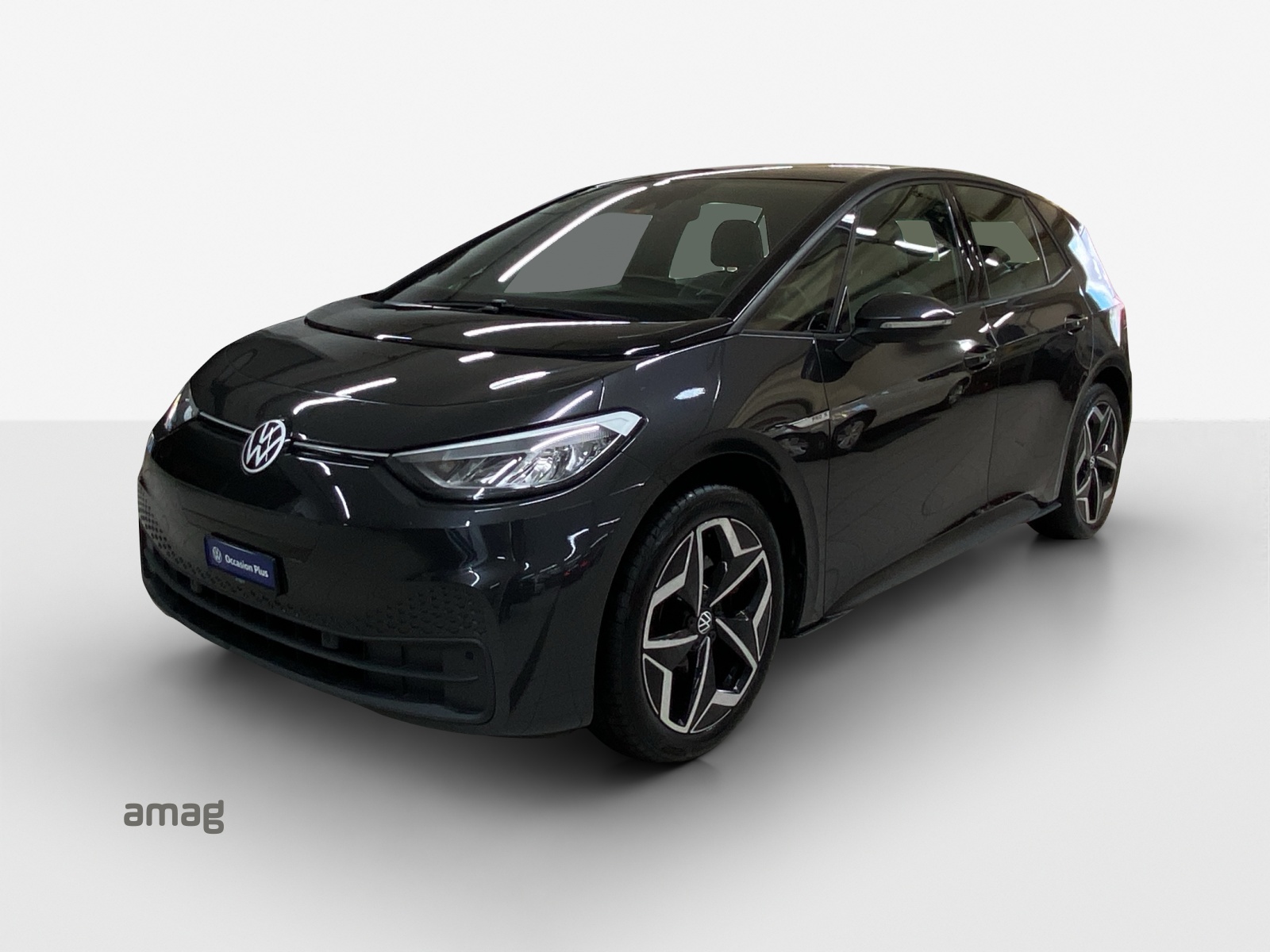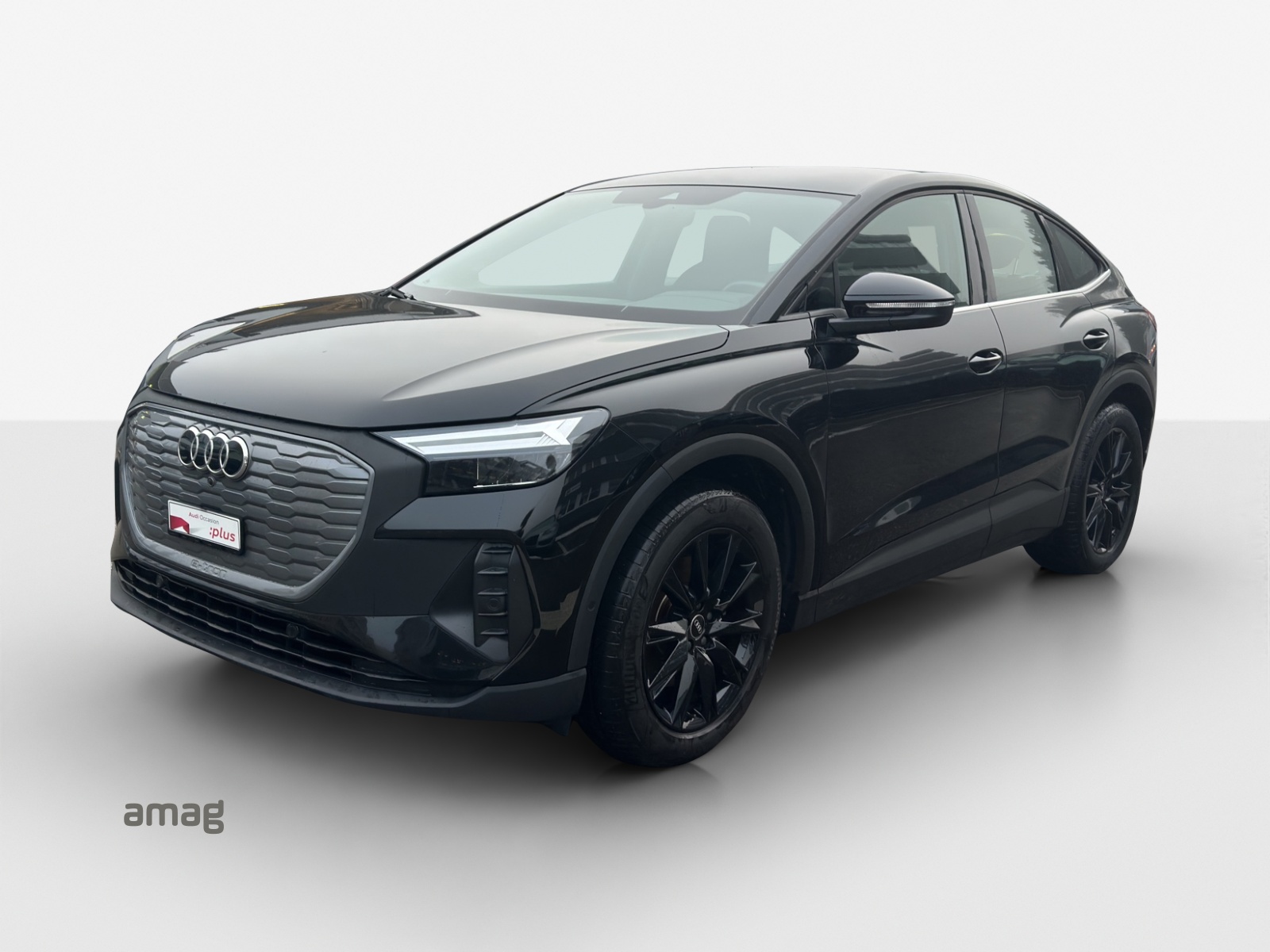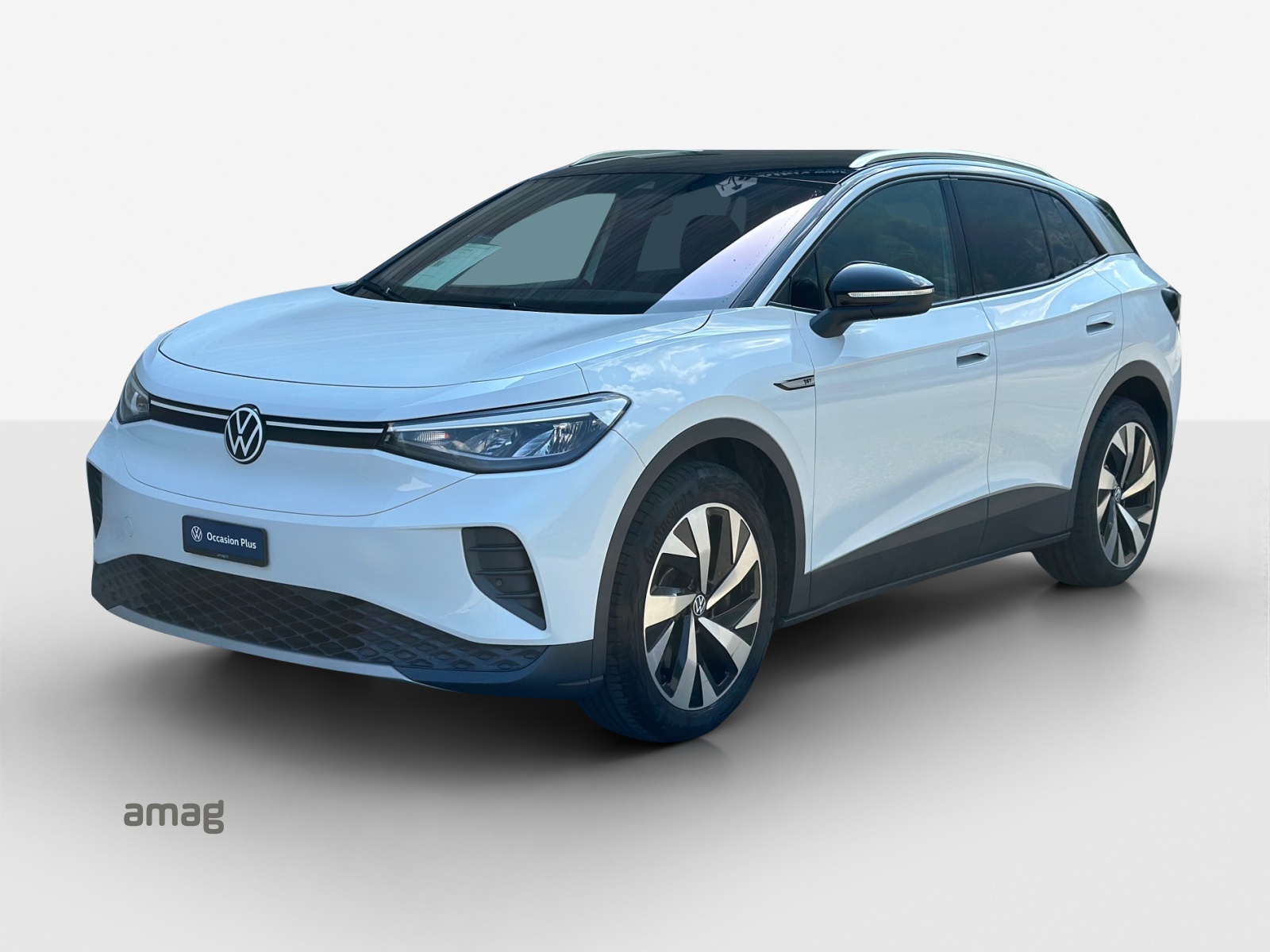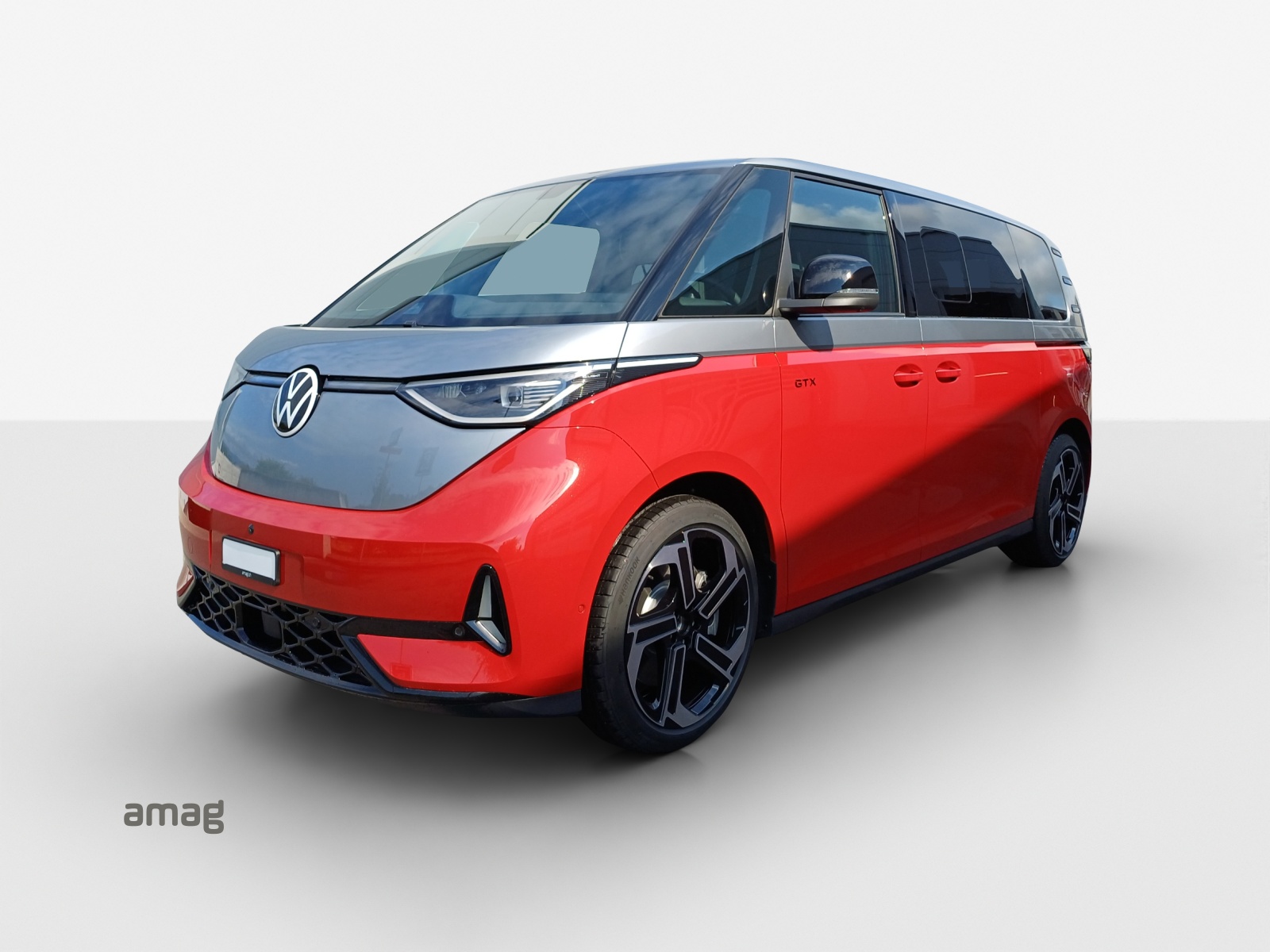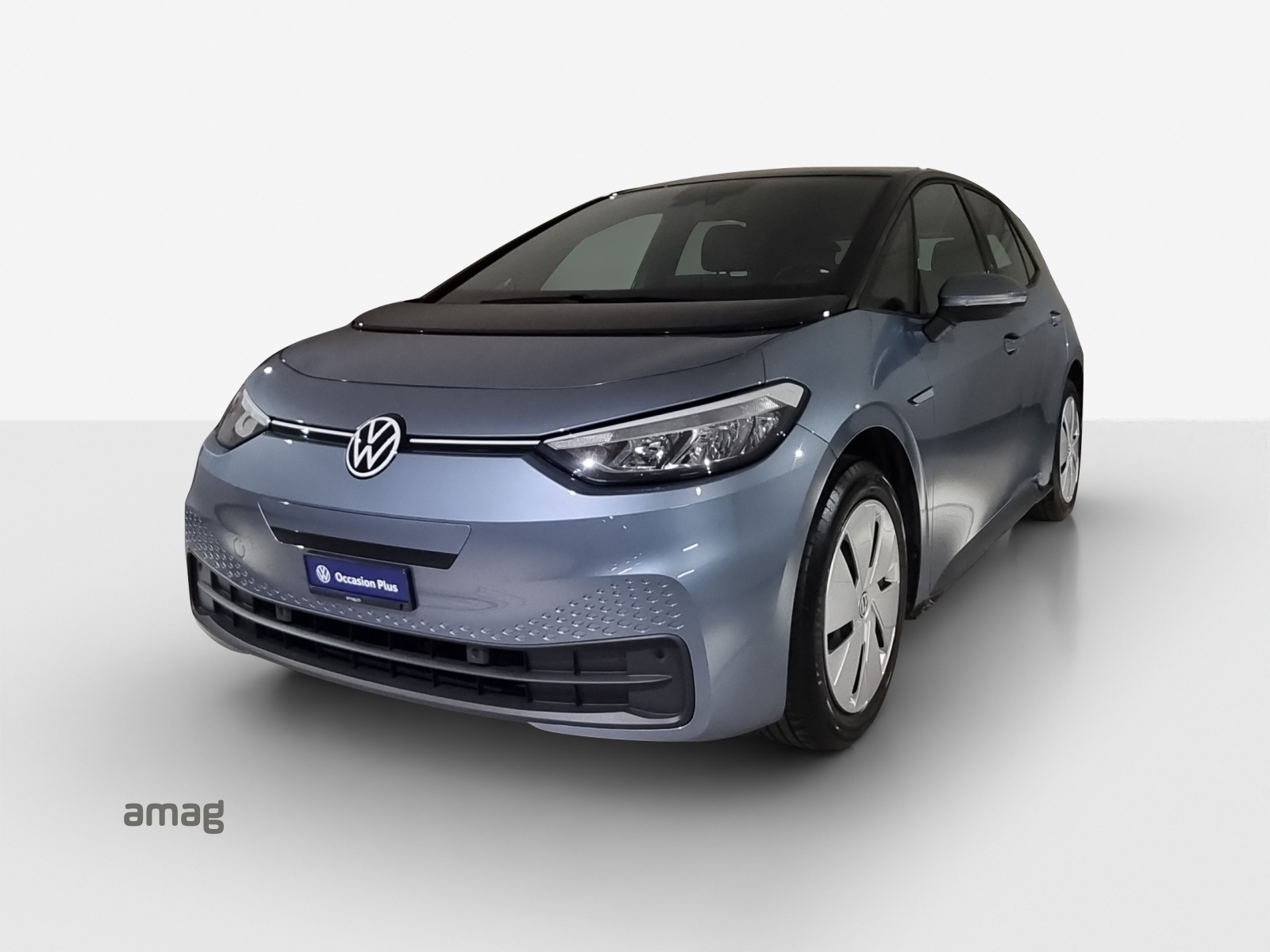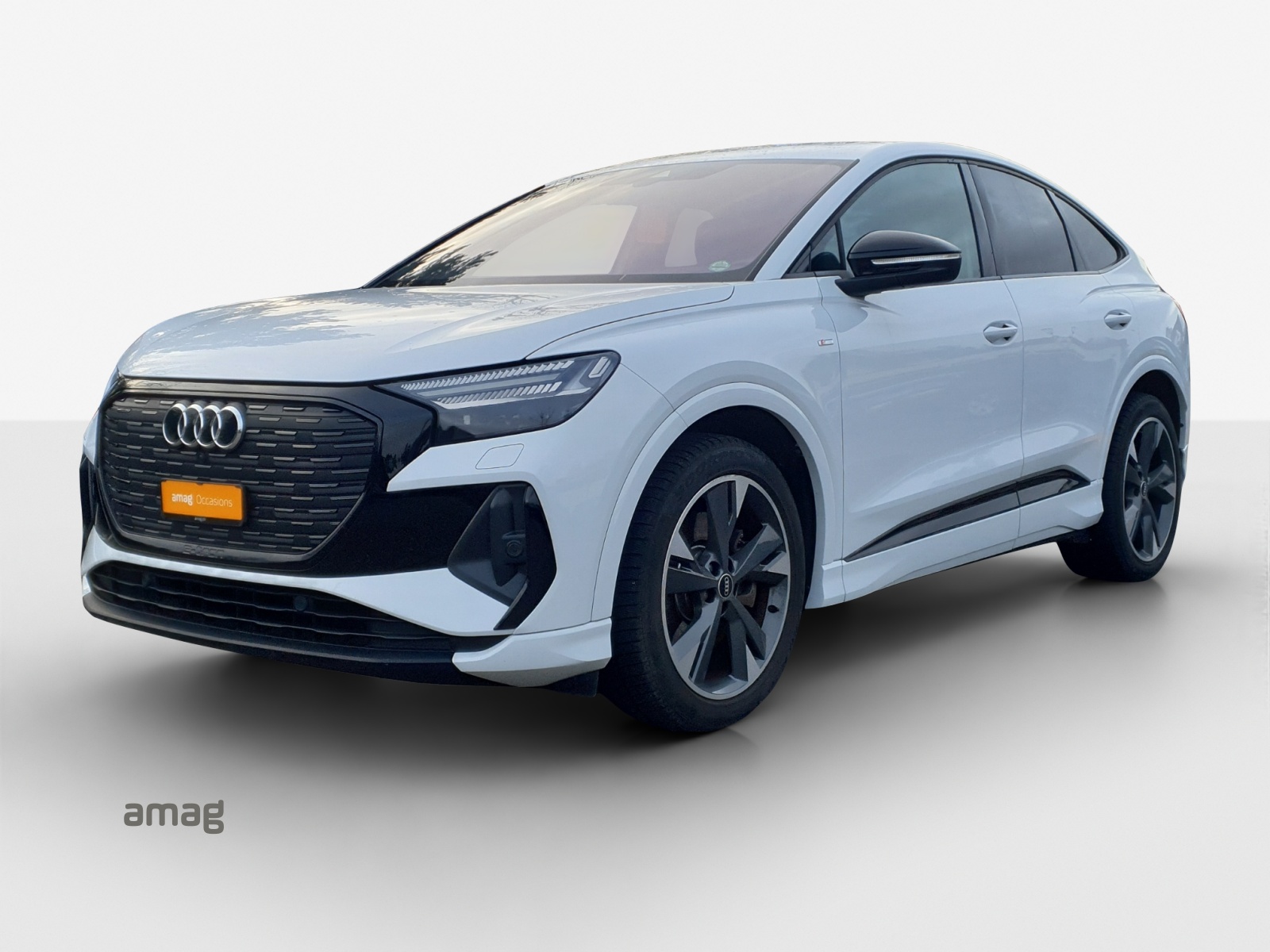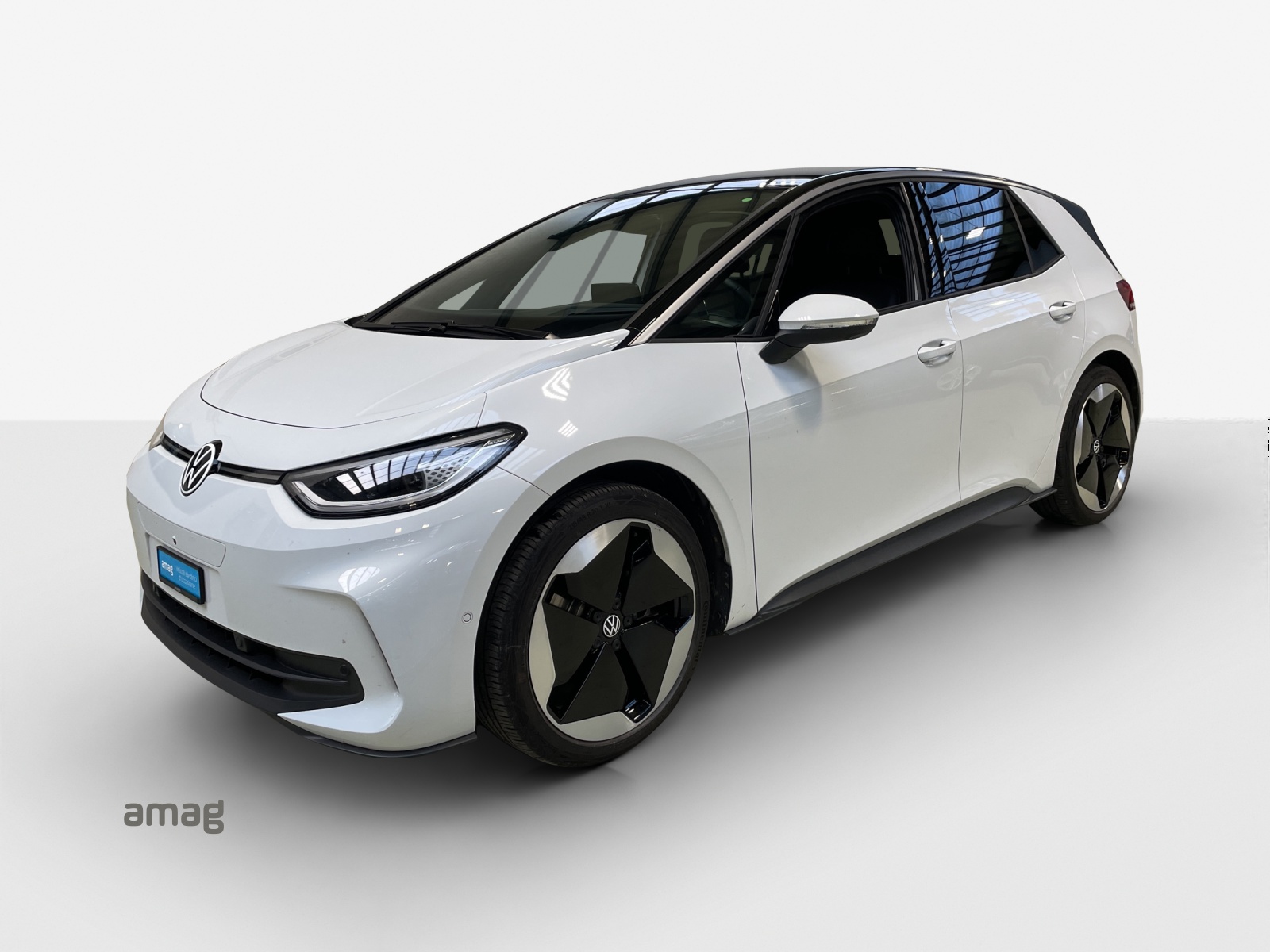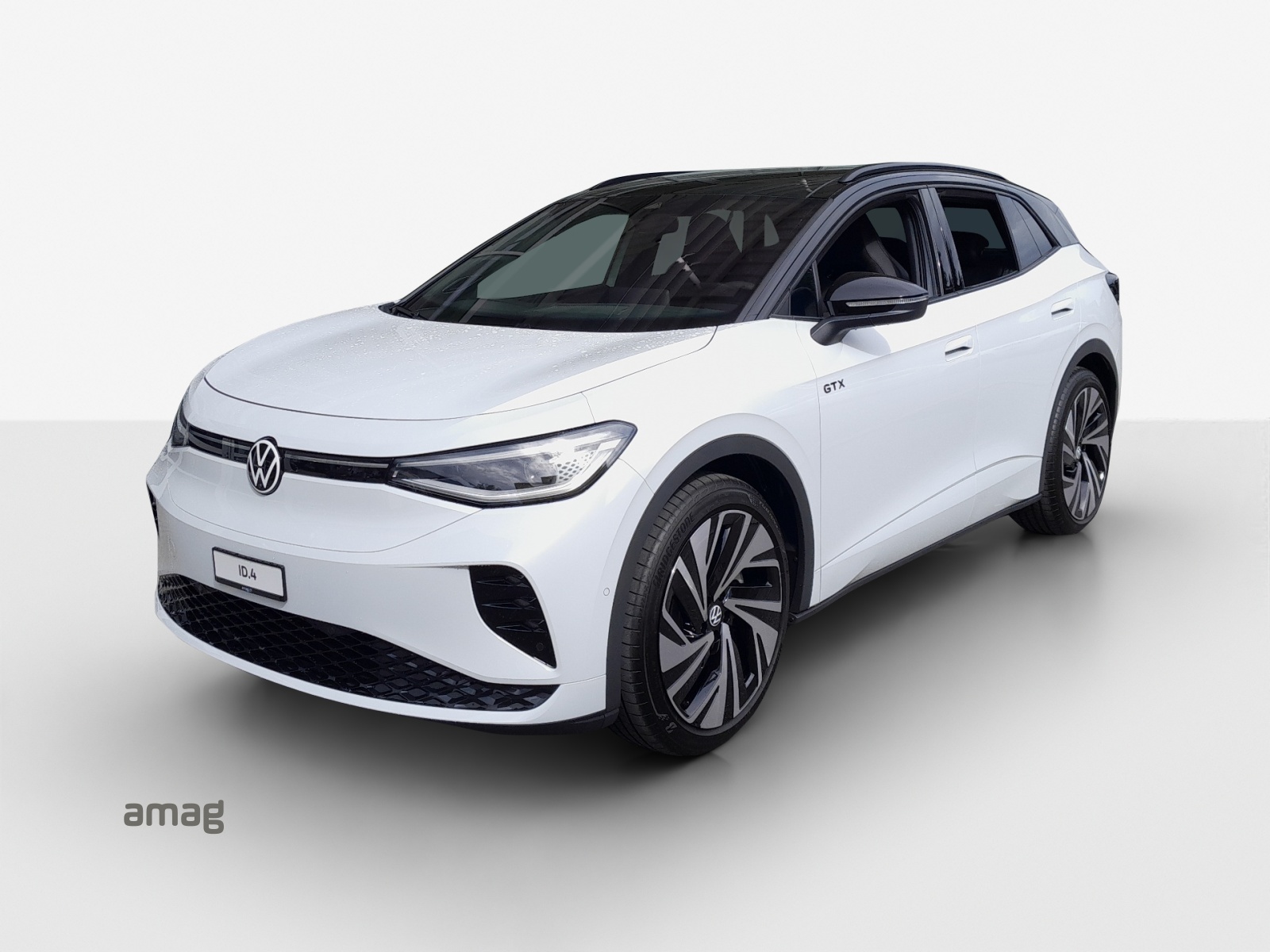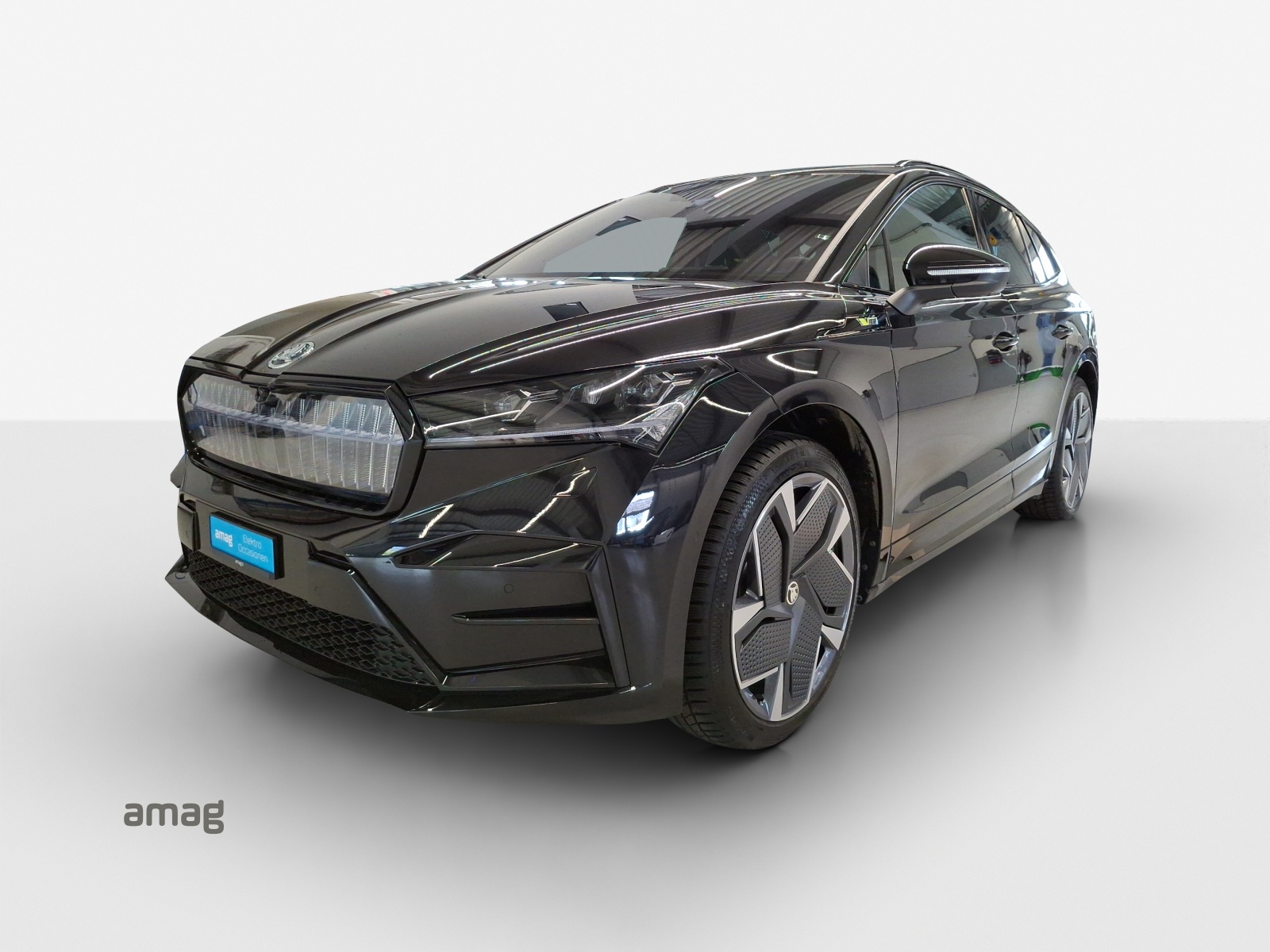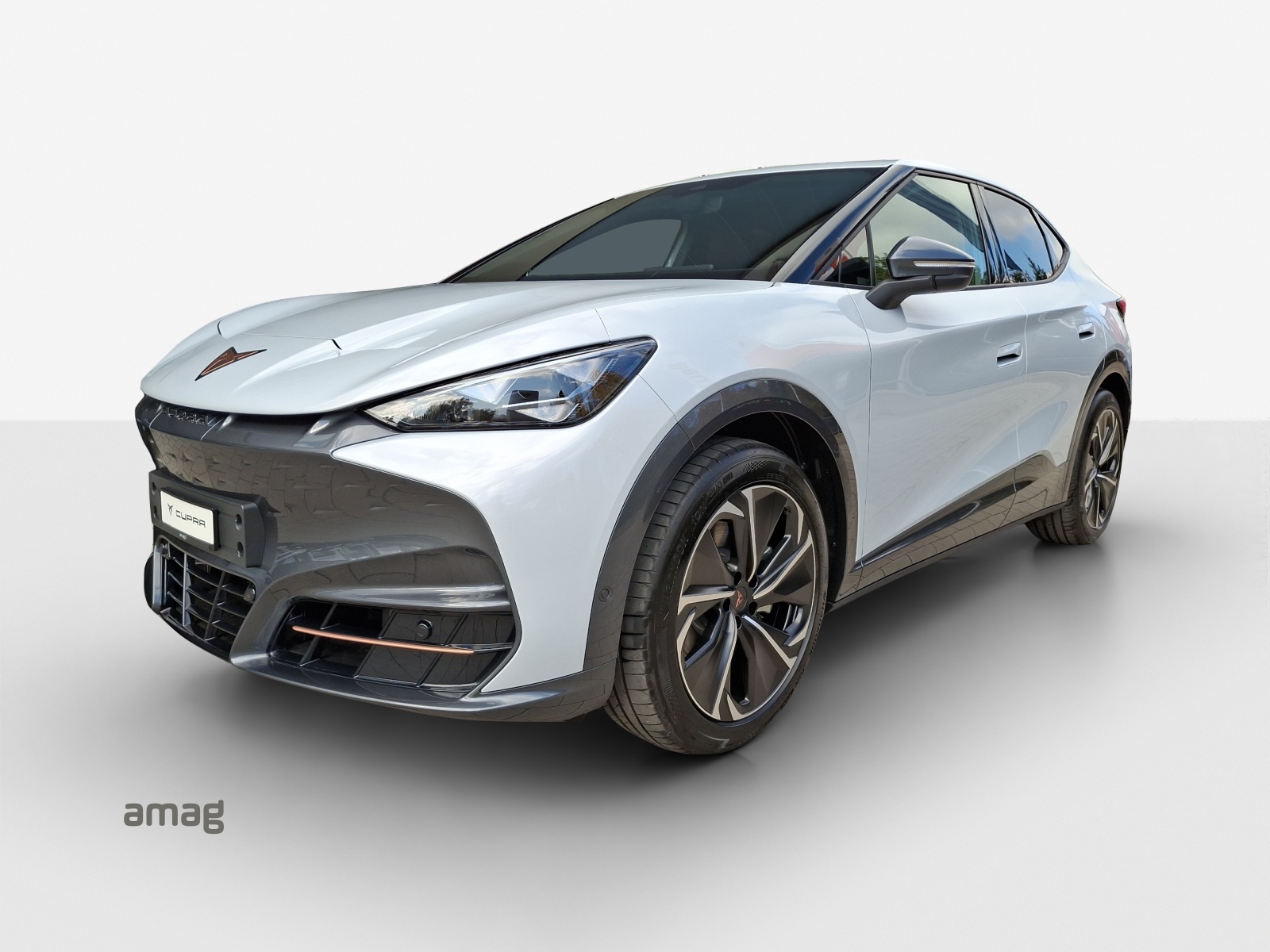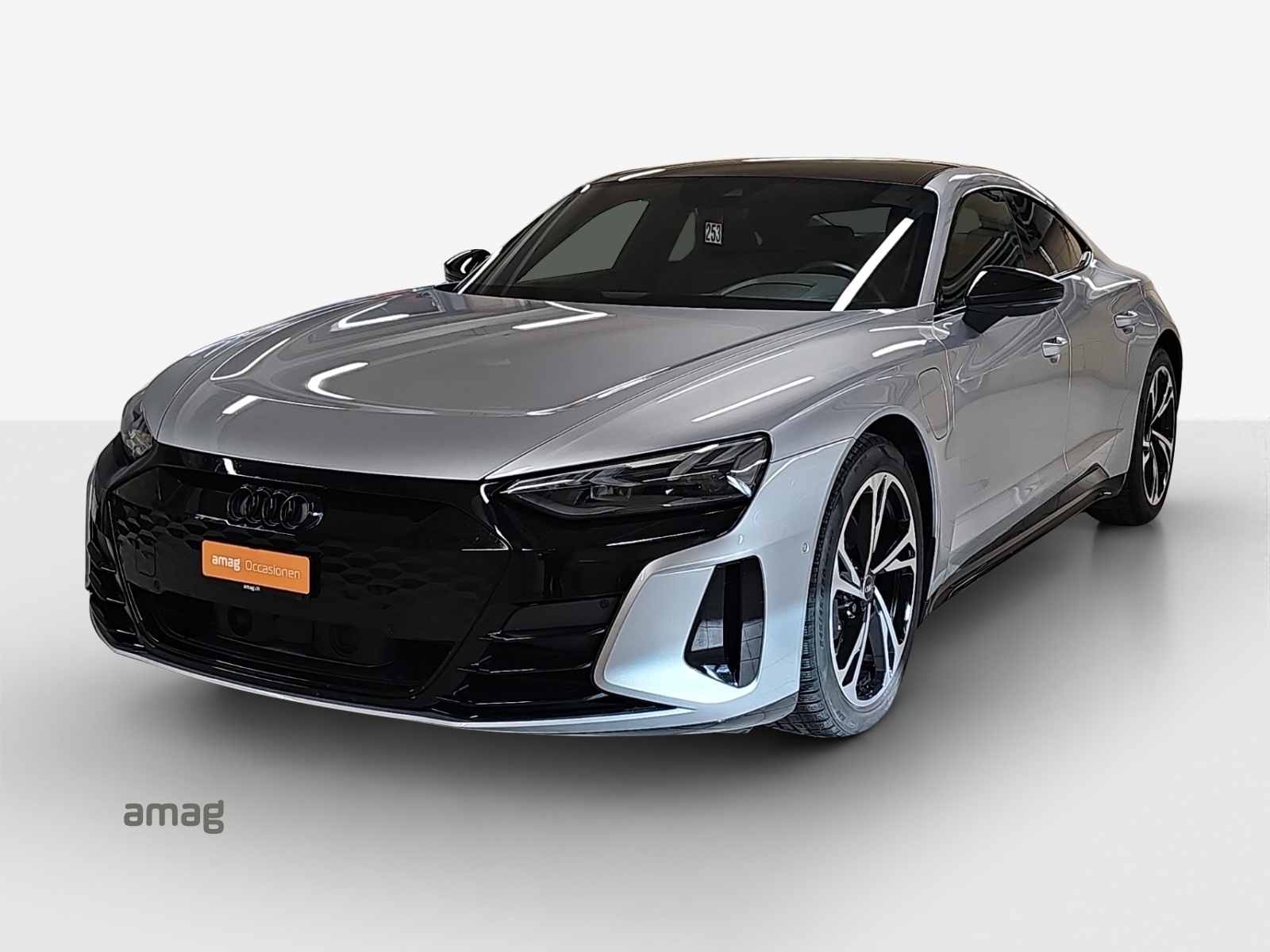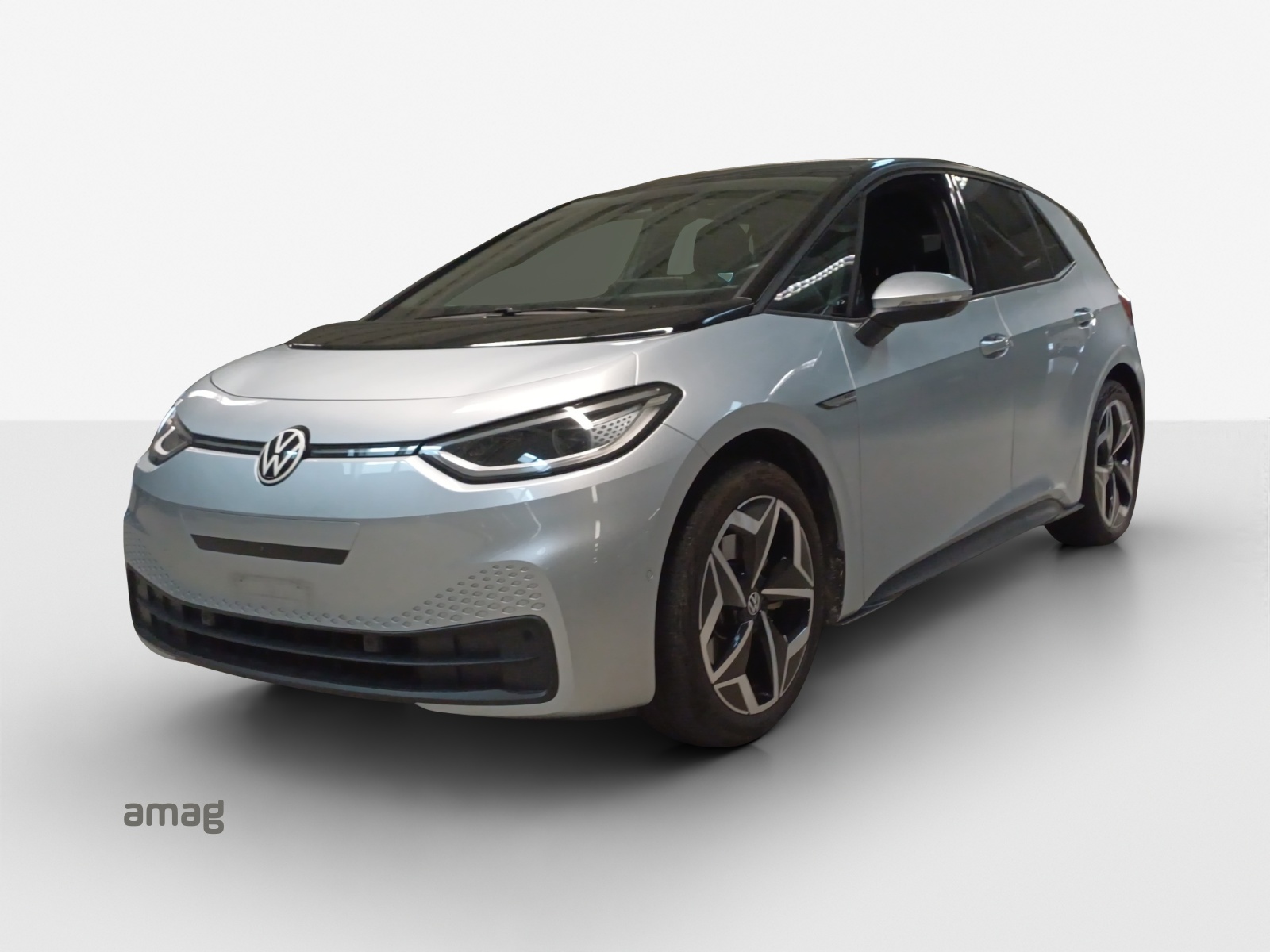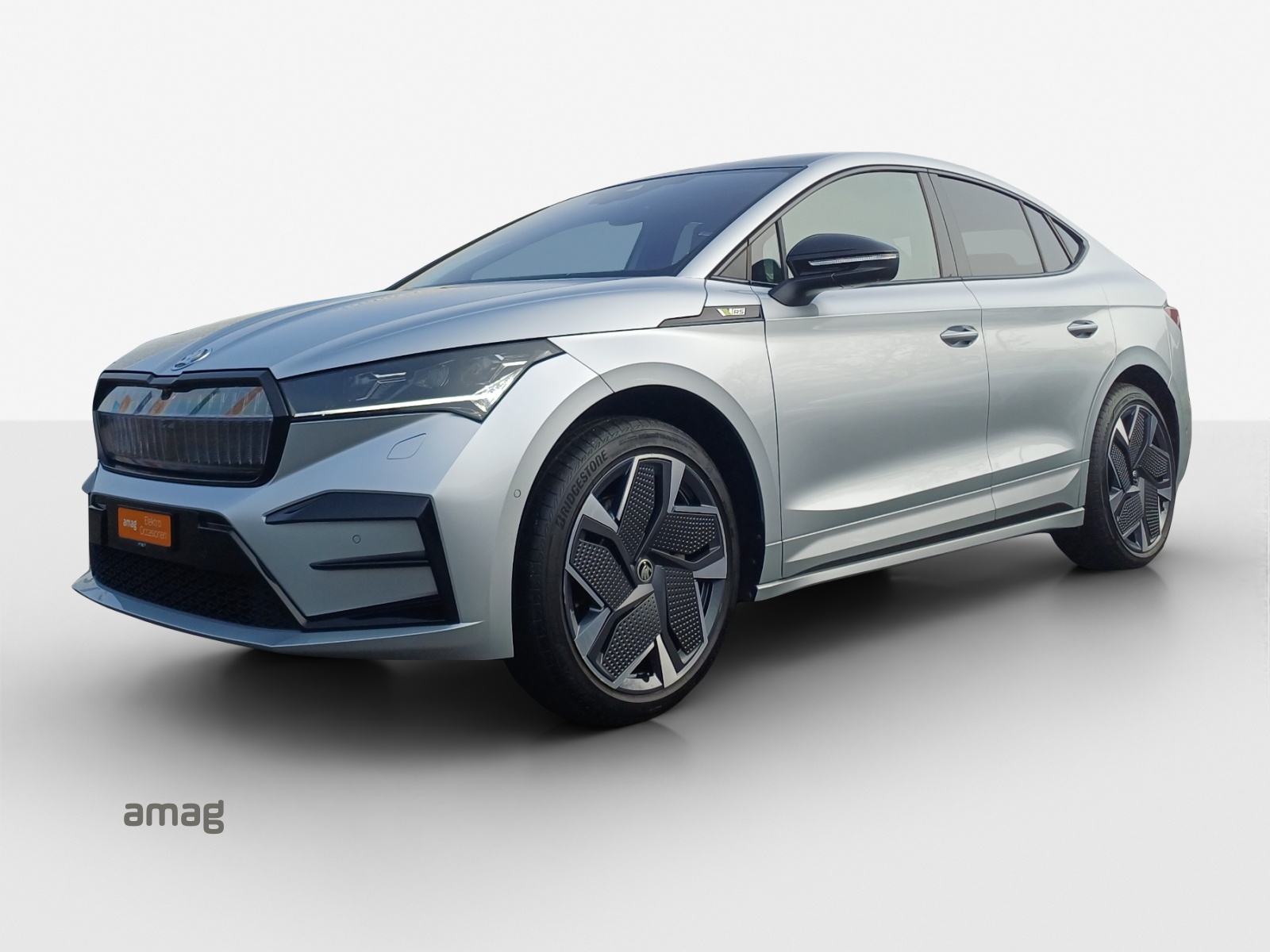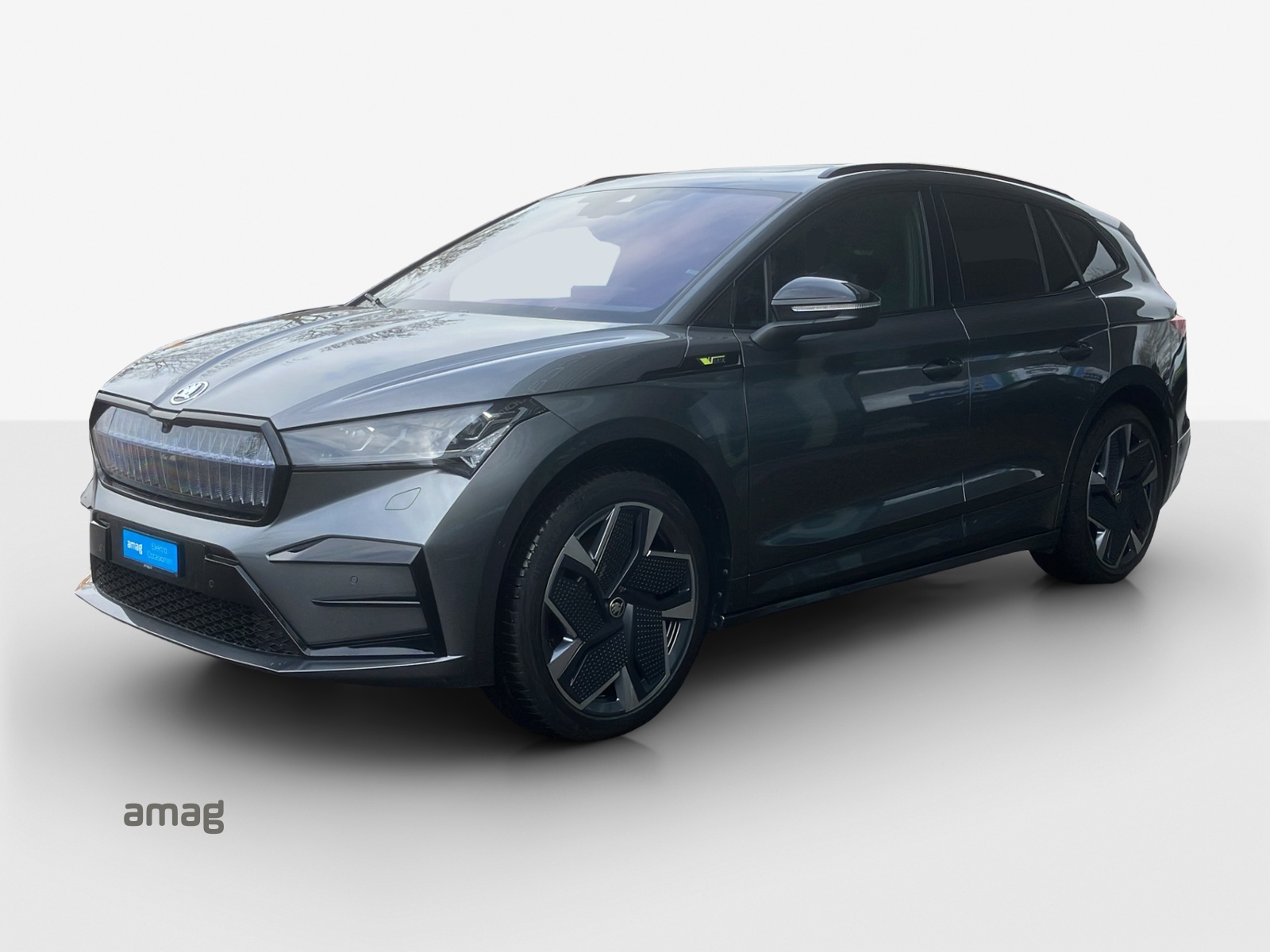Electric Test Days ⚡
Discover our used electric vehicles and benefit from 0% leasing.
More information
-
-
Find a vehicle
-
Car online marketplace
-
-
Cars at AMAG dealerships
-
Cars at AMAG dealerships
-
Our vehicle ranges
-
Warehouse vehicles
-
Demonstration vehicles
-
-
E-mobility
-
E-mobility is the mobility of the future with environmentally friendly technology. Buy your electric car online at your AMAG. Discover the models now.
-
ID.Buzz: The “Bulli” now has an electric motor
-
What to bear in mind when buying a used electric car
-
AMAG's fast-charging network is growing: high-performance charging stations for electric cars
-
Clyde
-
AMAG Leasing
-
Configure new vehicles
-
Fleet
-
Financing solutions
-
AMAG buys your car
-
-
Body type
-
Body type
-
SUV
-
Estate
-
Limousine
-
Convertible
-
Coupé
-
MPV
-
-
Camper
-
Whether VW California 6.1, Grand California or Caddy California: Buy your camper model now directly online from AMAG.
-
Rent a camper van from AMAG
-
-
California - Accessories
-
Make the most of the camping season with our accessories. Your source for original accessories for the VW California.
-
California - Rear extension
-
California - Weih-tec bicycle carrier
-
California - Thule bicycle carrier
-
California - Table enlargement
-
California - Mattress
-
California - Roof shelf
-
California - SideBoxx
-
California - Beer Box
-
California - Mosquito nets
-
VW California - Window bag
-
Envia
-
Bus
-
Pickup
-
Business
-
-
-
Services
-
Services
-
-
Overview Top Services
-
Overview Top Services
-
-
Winter check
-
The Winter Check PLUS is important to get your car ready for the cold season. It includes changing to winter tyres, checking the battery and windscreen wiper system as well as checking the brakes and cooling system. This way you can drive safely and relaxed through the winter.
-
Is your car ready for holiday driving?
-
Winter check PLUS
-
Car service
-
AMAG App
-
Charging at AMAG
-
Battery
-
Brakes
-
Electric charging station
-
Accessories
-
High-performance tuning ABT Sportsline | AMAG
-
-
Brand insurance
-
With our insurance offer, your car gets the protection it deserves. Learn more about car insurance for Audi, VW, SEAT, CUPRA, Skoda, VW Commercial Vehicles.
-
Audi car insurance
-
VW car insurance
-
SEAT car insurance
-
Skoda car insurance
-
VW Commercial Vehicles car insurance
-
Audi used car insurance
-
VW used car insurance
-
SEAT/CUPRA used car insurance
-
Skoda used car insurance
-
VW Commercial Vehicles used car insurance
-
AMAG Carwash
-
Current offer for you
-
Find garage
-
Jobs
Please choose your garage
Electric Test Days ⚡
Discover our used electric vehicles and benefit from 0% leasing.
More information
-- was saved as your garage.








